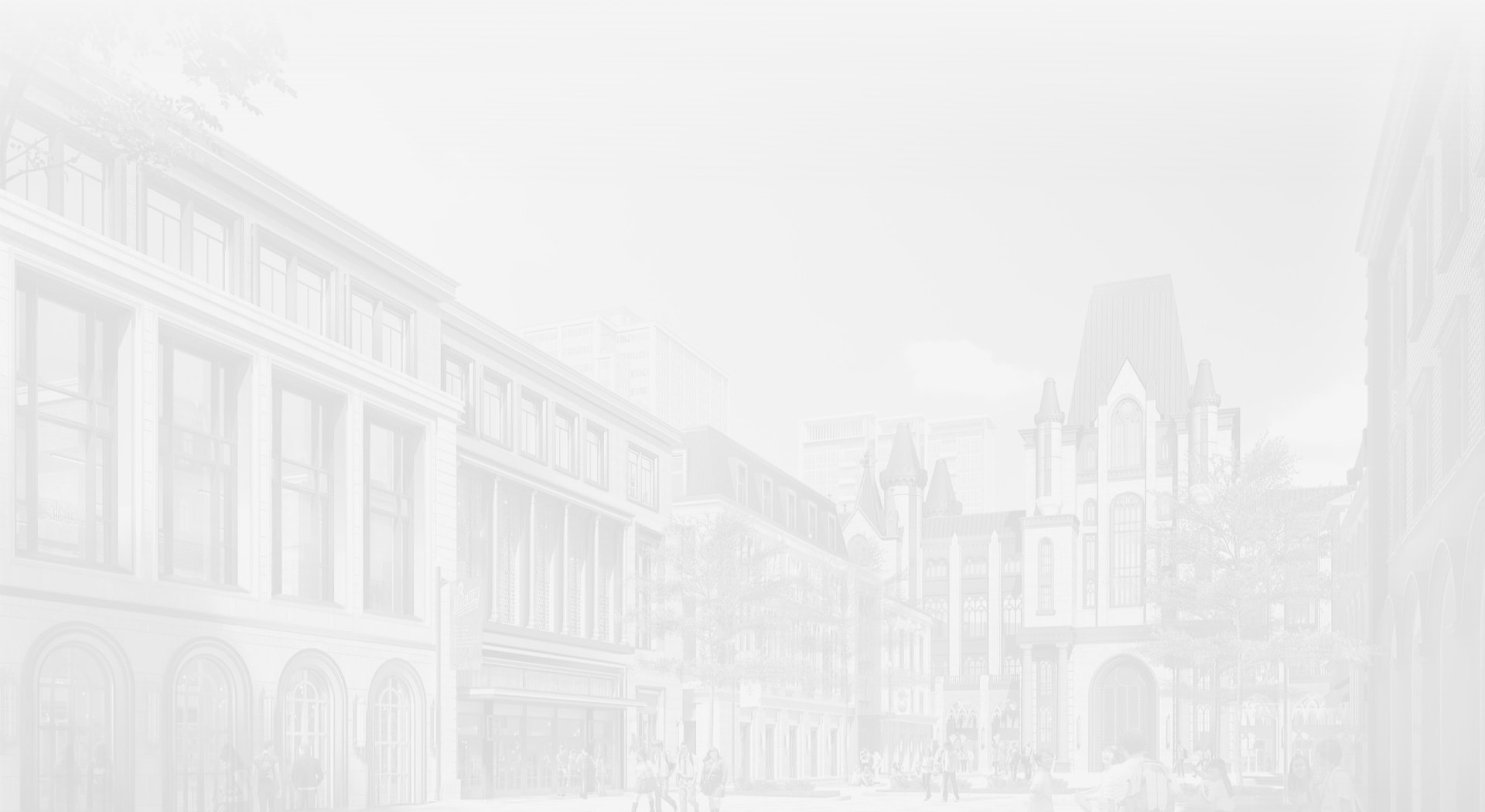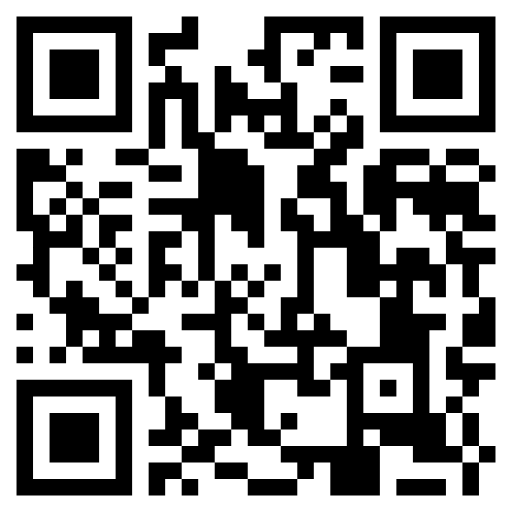BBSG's First Enquiry Week
11 Jan 2024
In 2018, a group of female students saw 18 months’ of hard work come to fruition as they flew in a light aircraft they built themselves. In 2022, a second microlight was also a success, and a self-made racing car project is now underway. These are the blueprints and ‘wonders’ created by the students of Benenden School (‘Benenden’ for short). As part of the Cornerstone Project, a large-scale STEAM practice programme carried out by Benenden every year, where students can to develop and demonstrate their talents, cross-curricular skills, and problem-solving abilities in real-world scenarios.
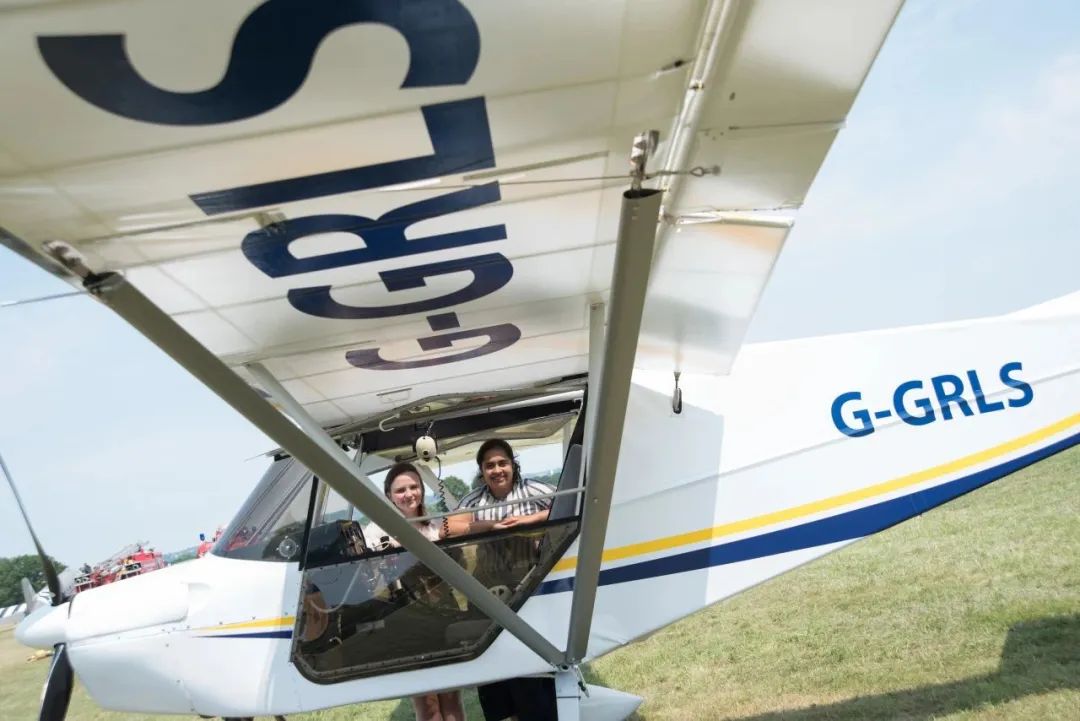
With the motto of ‘Be Future World Ready’, BBSG extends the spirit of ‘Innovation’, and will organise Enquiry Week activities every academic year. Our first Enquiry Week was themed “Mars Migrant Cities", which fully exhibited the imagination of the students. The students worked in groups to carry out scientific inquiry and project-based learning activities in different forms, and presented their unique perspectives, creativities through debates, display boards, presentations and competitions.
Dr. Zheng Yongchun, an expert in planetary science from the National Astronomical Observatories, CAS, was invited to BBSG for a workshop about Mars. This kicked off a fun, interactive and informative ‘interdisciplinary feast’.
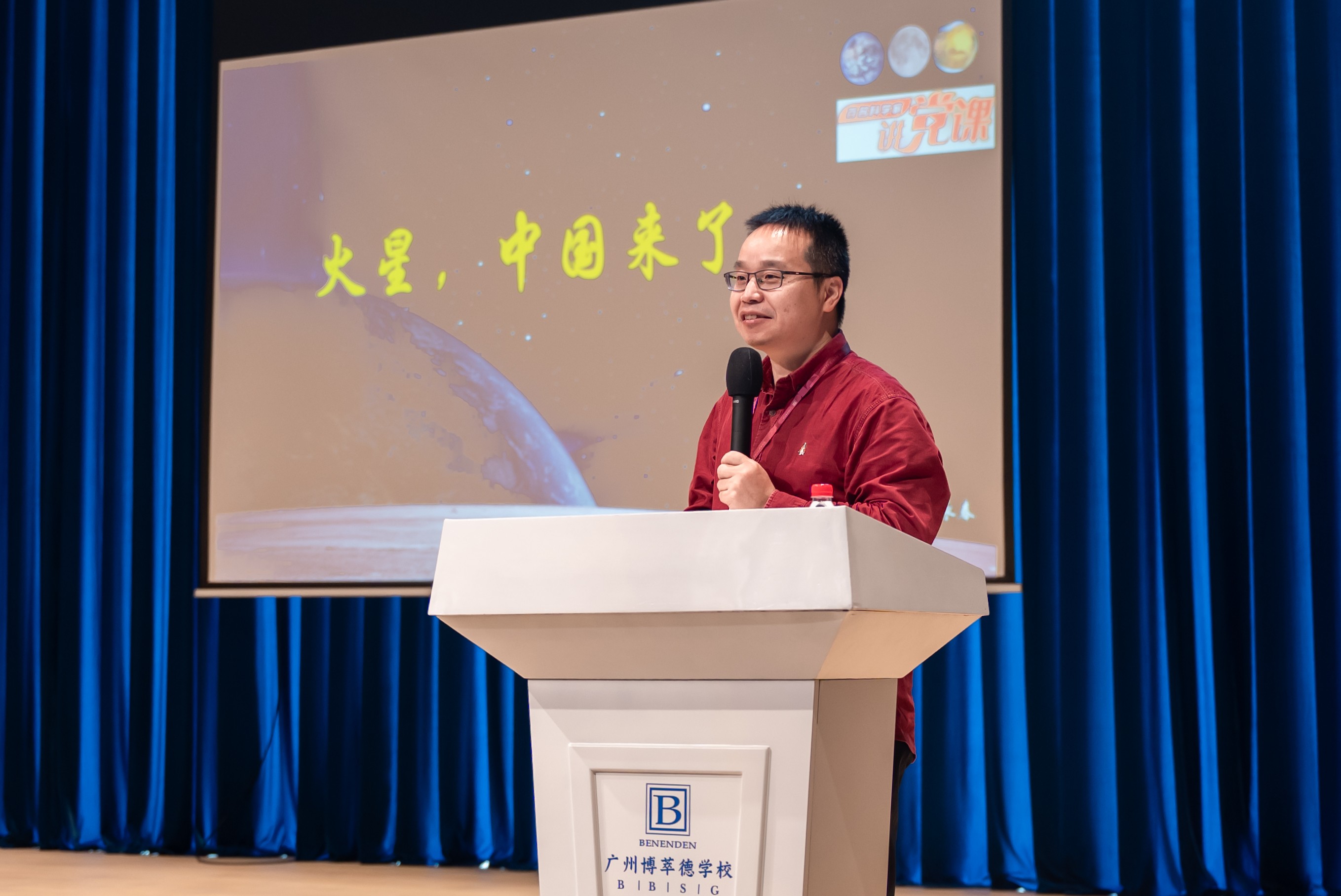
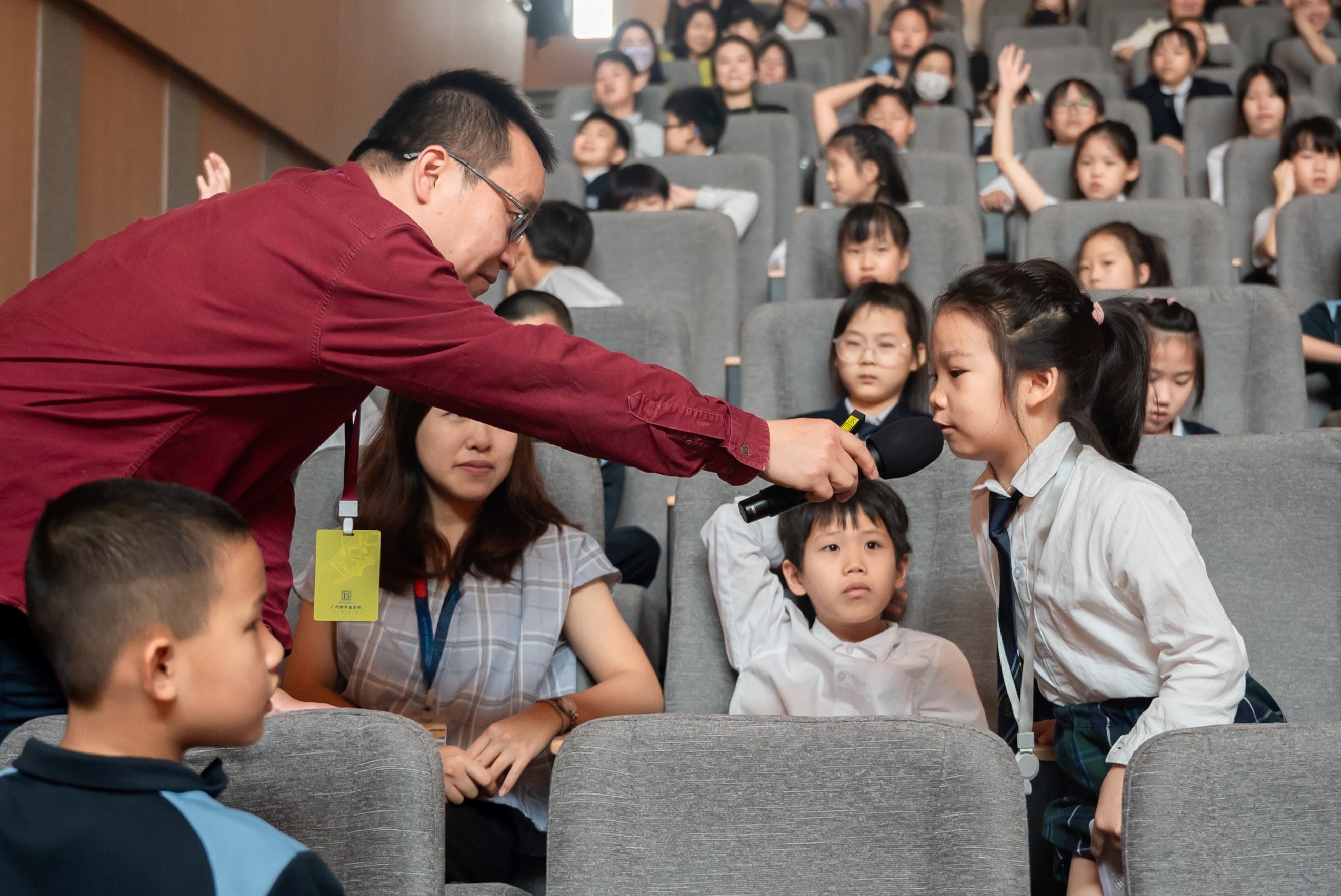
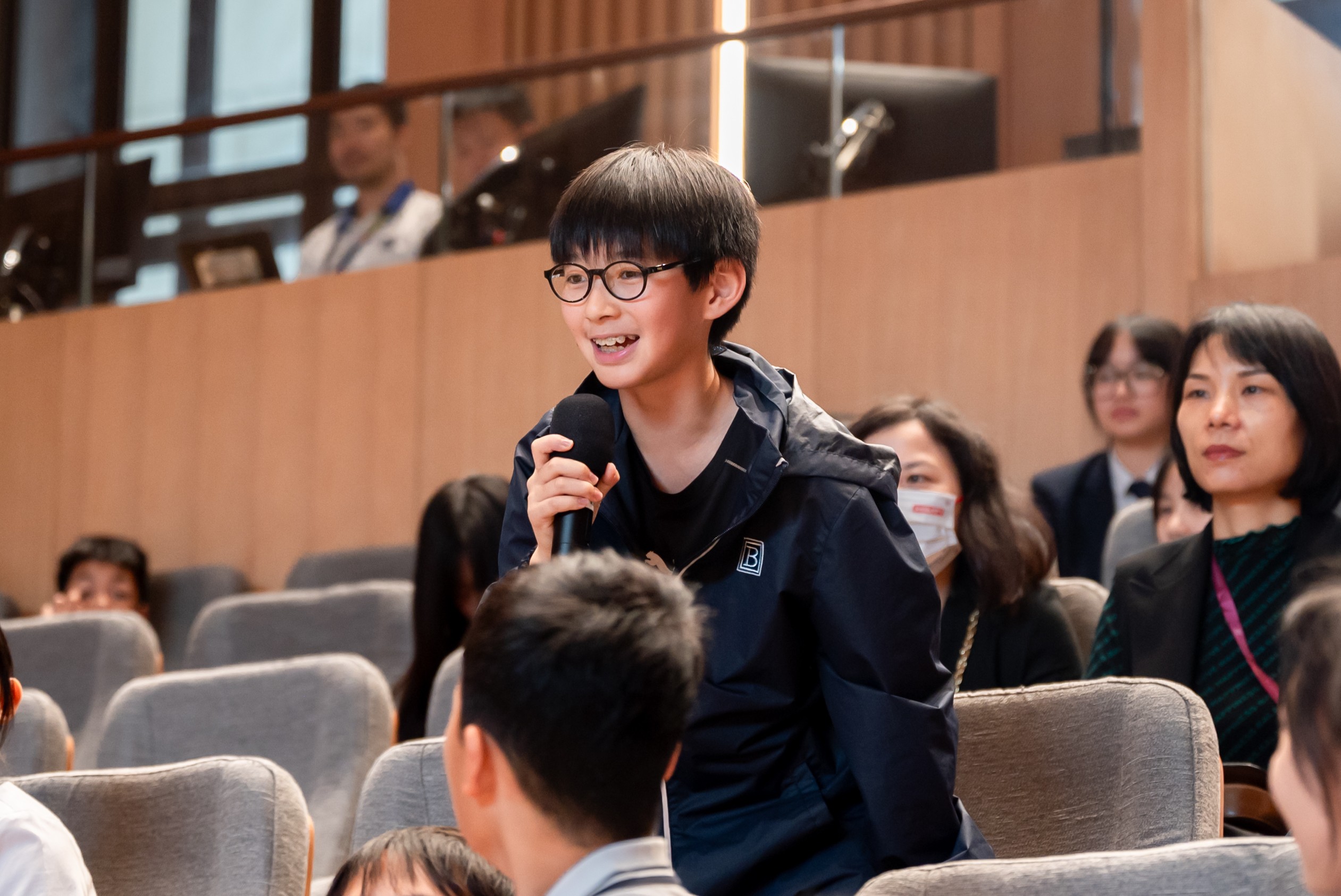
Drone maze, Mars rover exploration, "Mars Outpost" seismic and wind test, the debate on the establishment of a sustainable social structure on Mars... BBSG students showed us their vision of a “Settlement on Mars" and the infinite possibilities behind their collective work.
Exploring Mars
Students in Grade 1 explored the mysteries of the universe and Mars through music, art, and science.
They learnt about the stars and the eight planets and made their own ‘planetary suits to perform the Planet Song. They also learnt about the laws of motion of the solar system and made orbital models of the solar system. In the group discussion, they actively discussed “Why can we migrate to Mars", “How can human beings survive on Mars" and other topics. Giving free rein to their imagination, they build their own ideal Mars habitats using ultra-light clay, cardboard, straws and toothpicks and other materials.
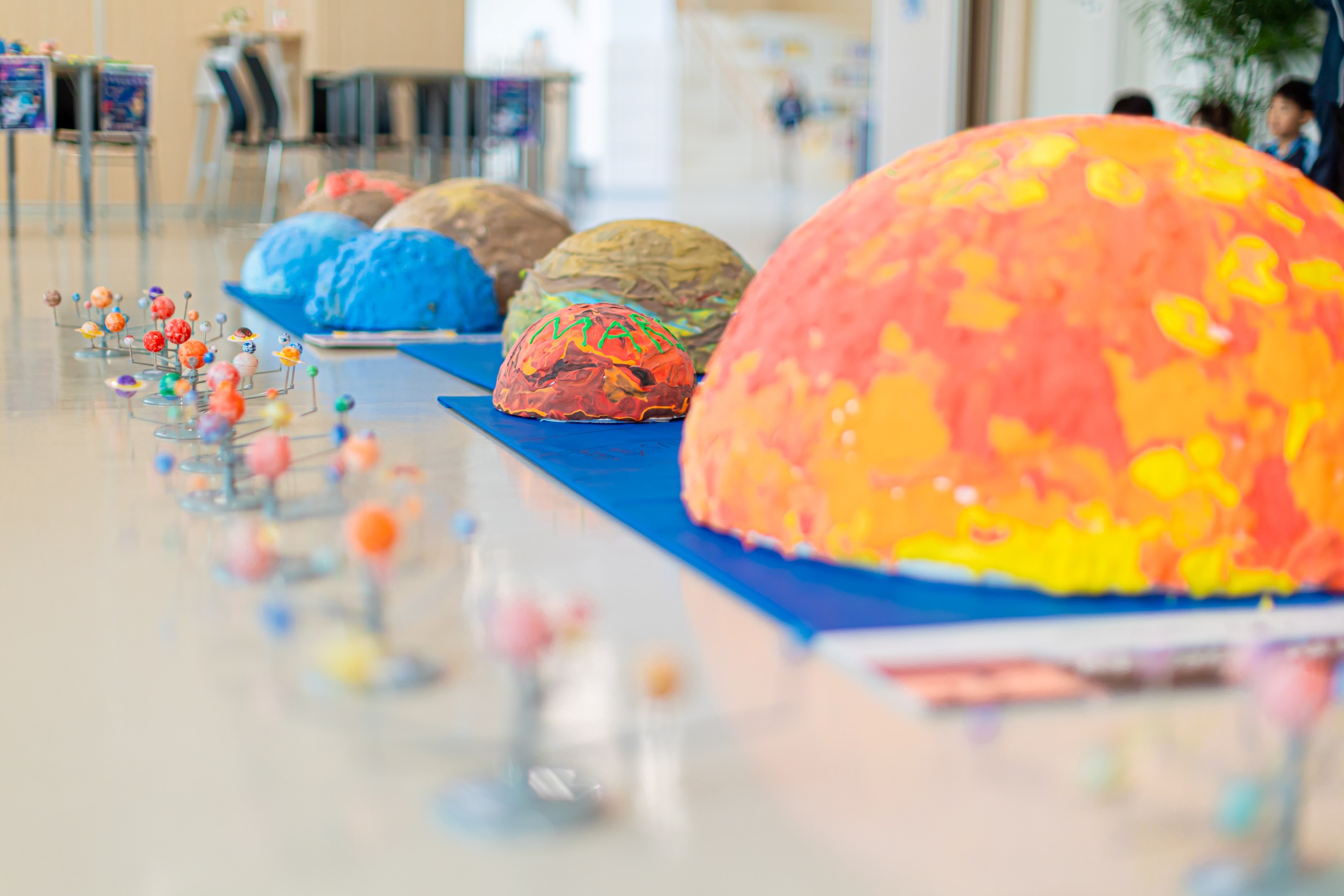
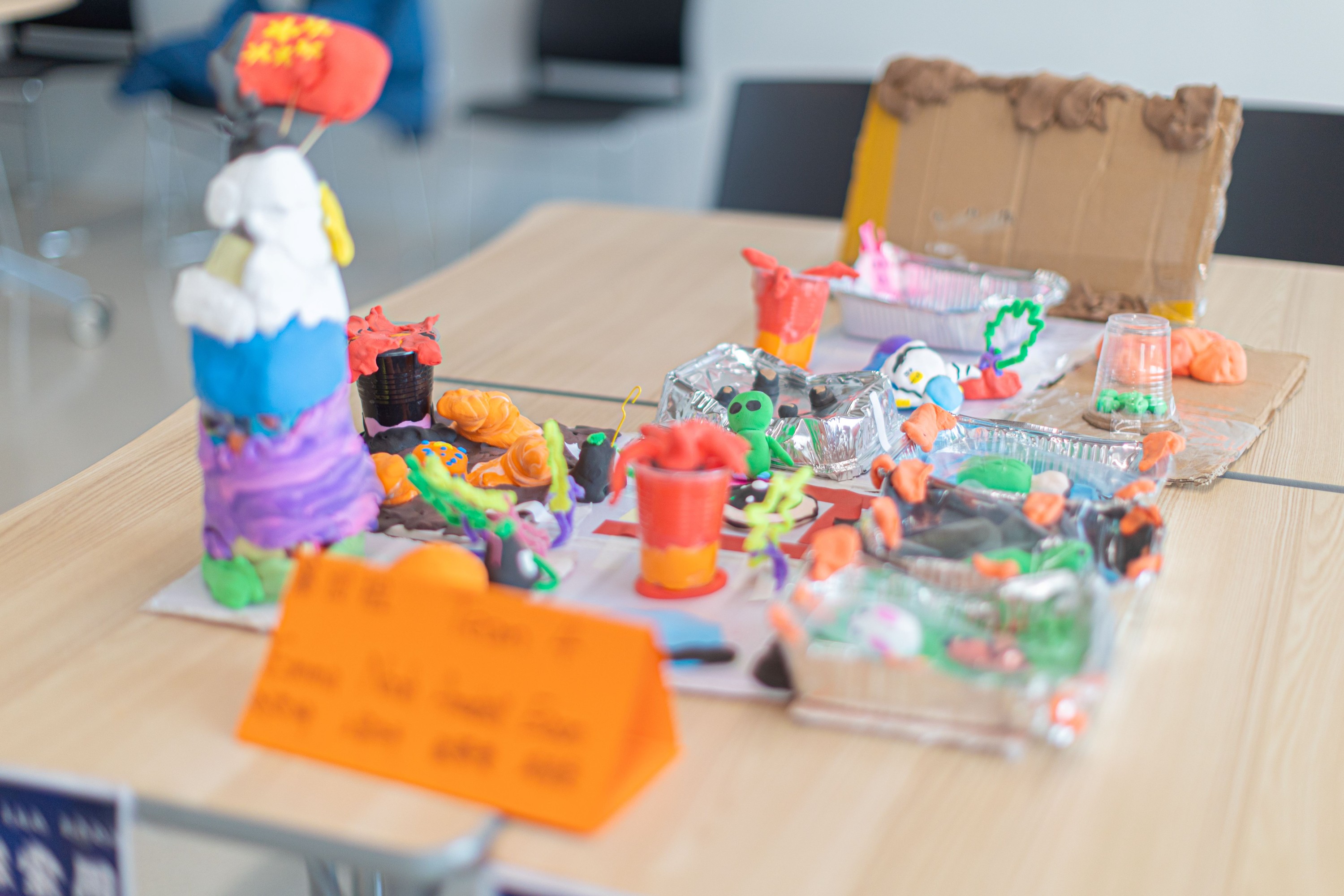
The various ‘habitat blueprints’ fully demonstrated the students' curiosity and fantasy about the prosperous future on Mars, and inspired them to become the “future explorers”.
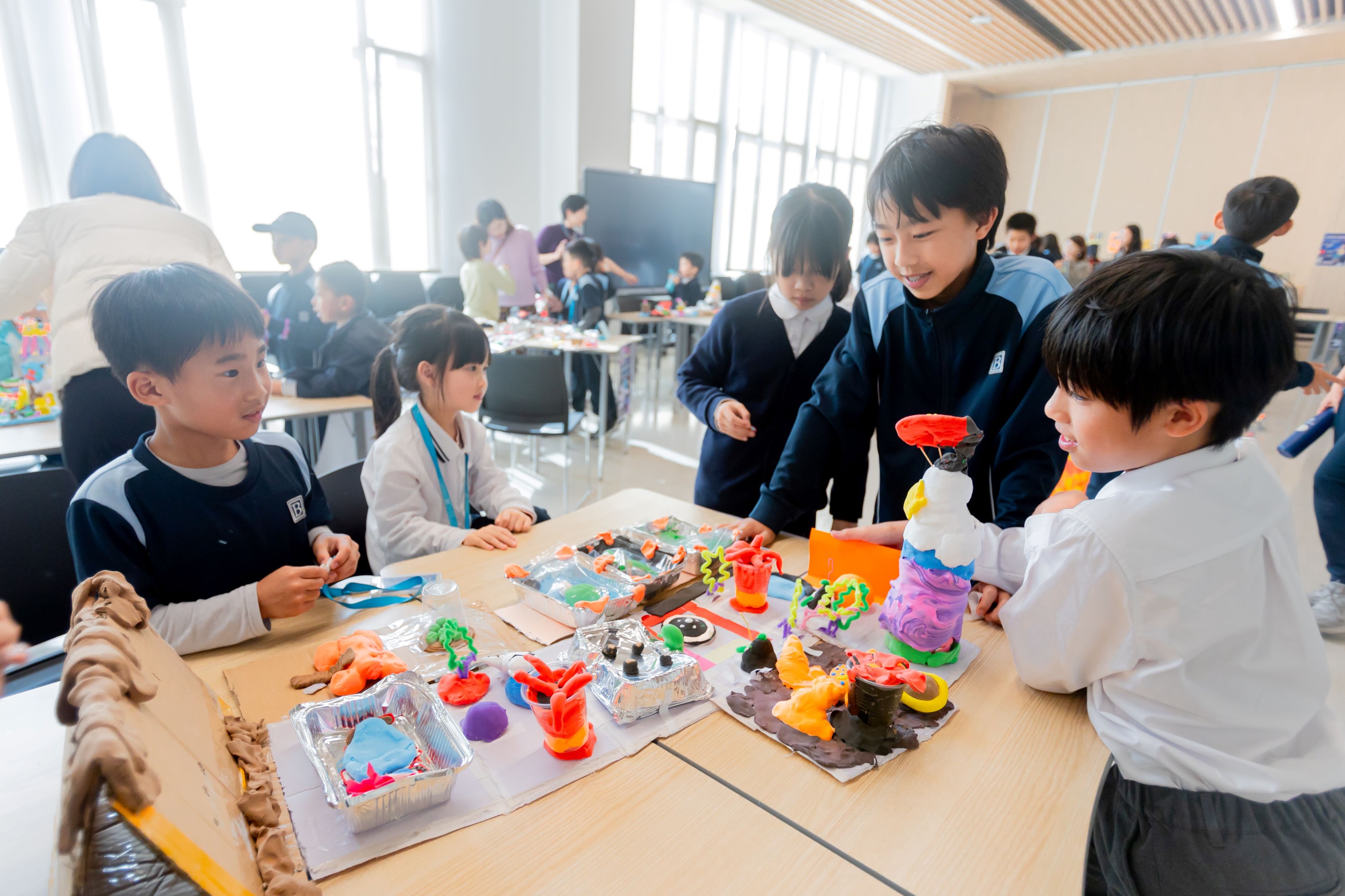
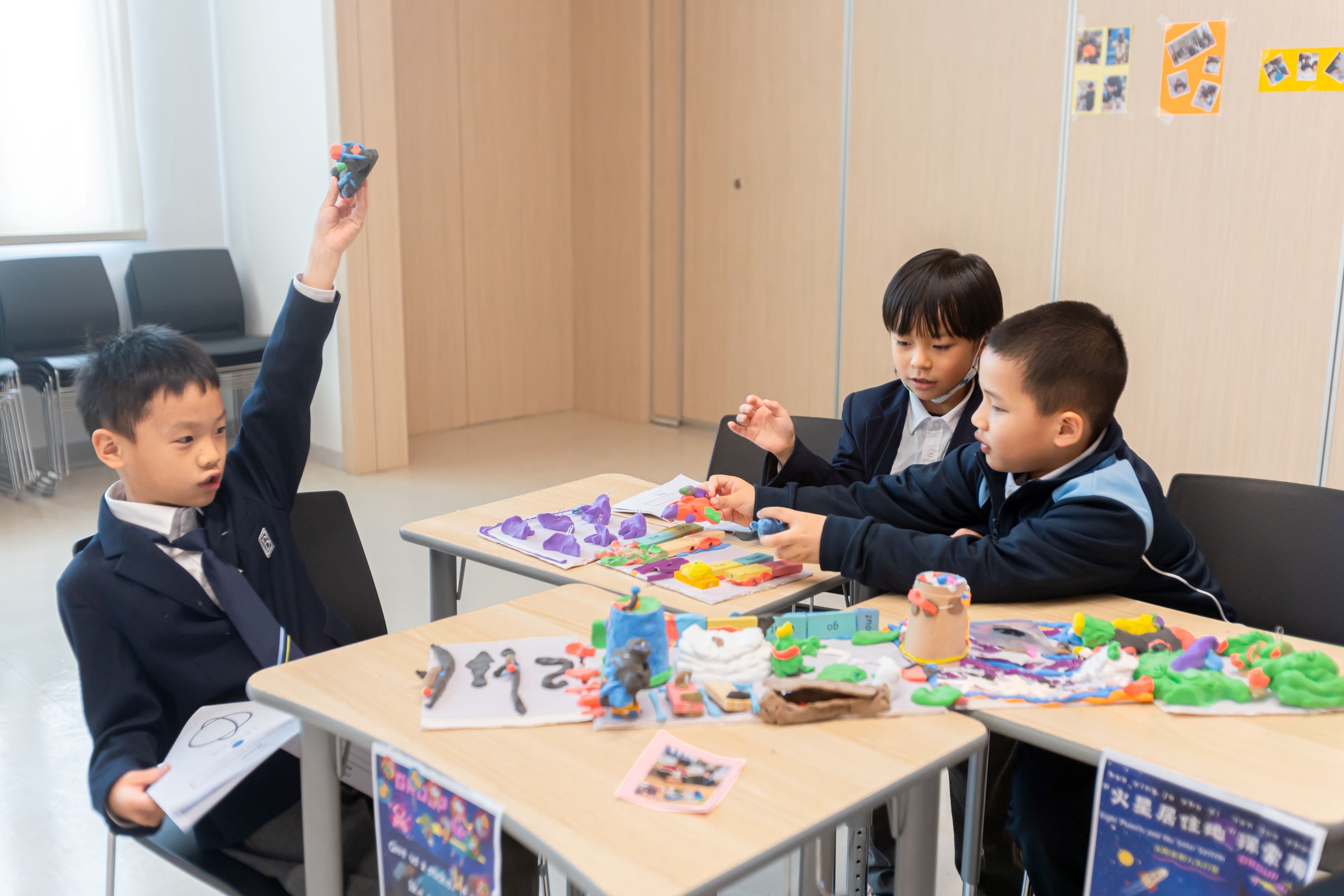
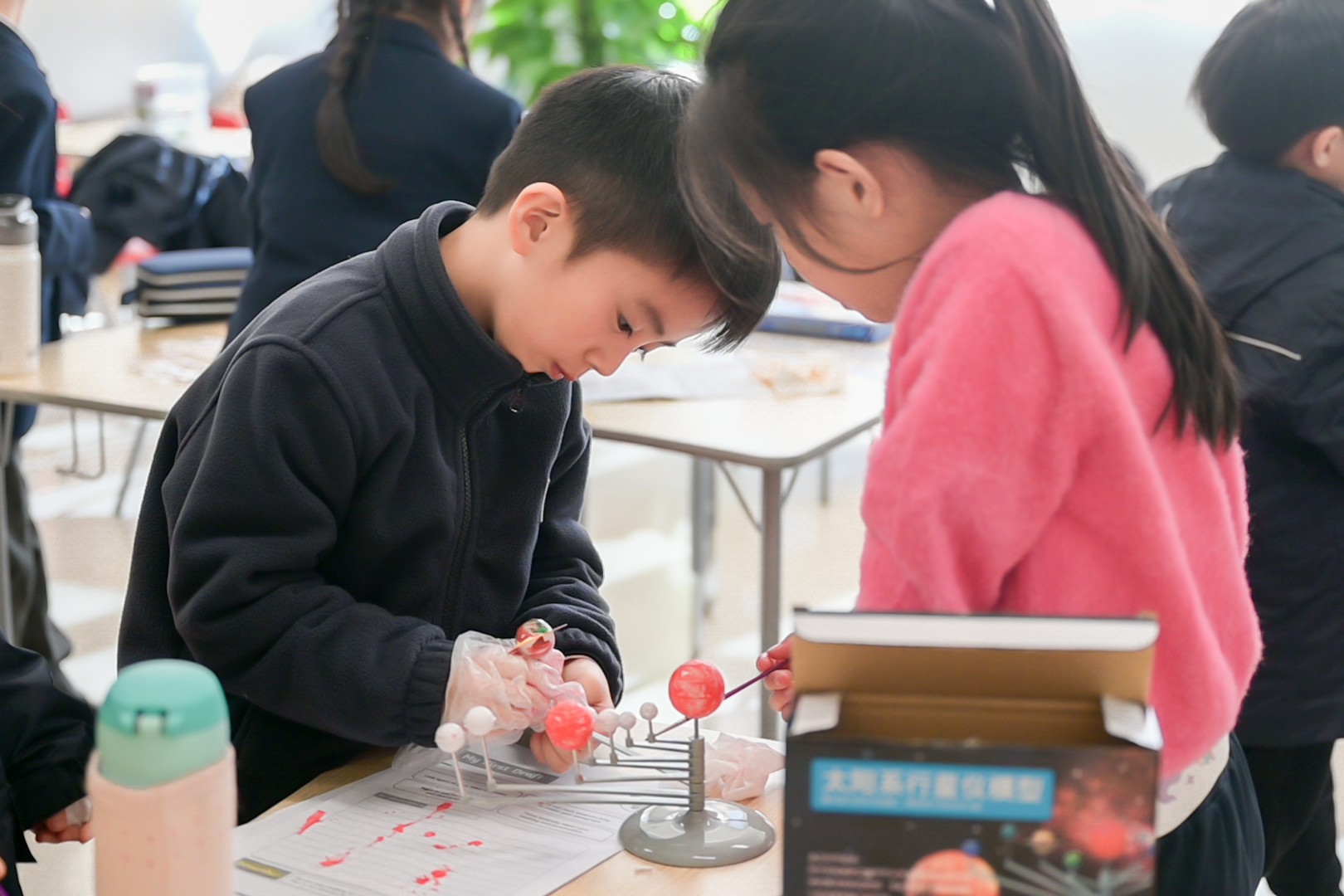
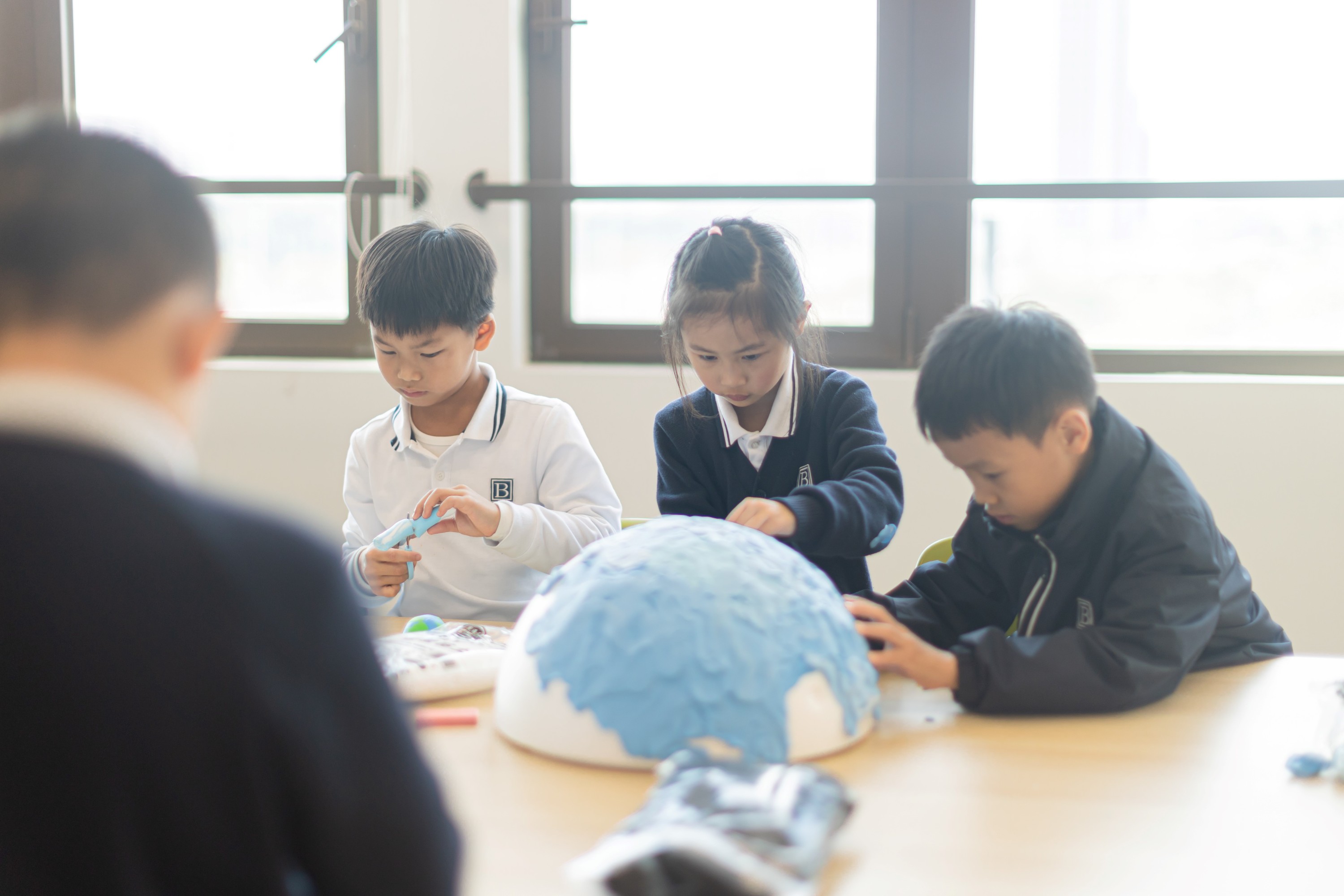
Studying the Geological Features of Mars
Grade 2 and Grade 3 students learnt that there are mountains on Mars that are twice as tall as Mount Everest. They observed images of the surface of Mars brought back by the Viking 1 lander. They used posters, sci-fi drawings, mini-books, and clay crafts to present the features of Mars.
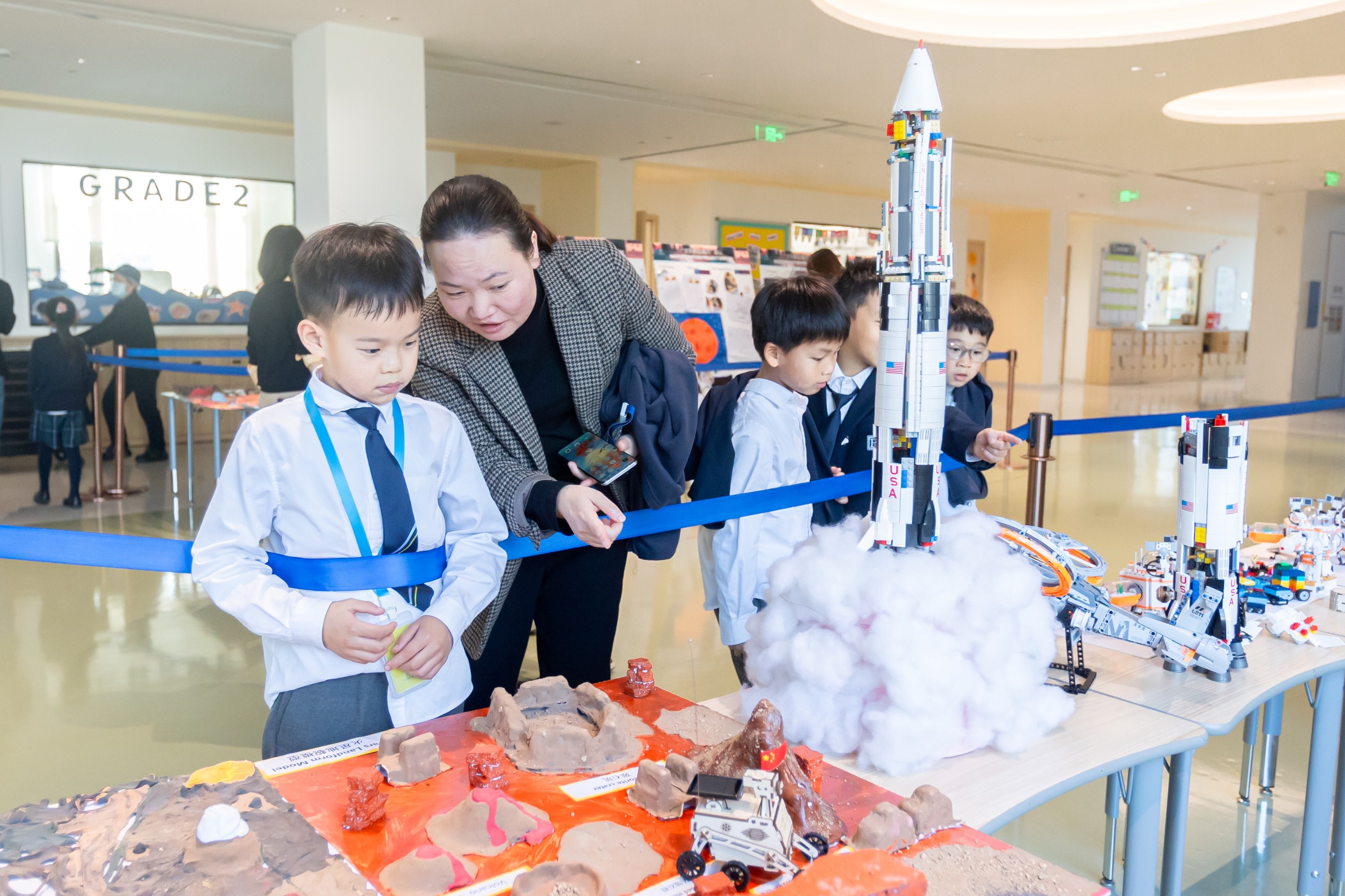
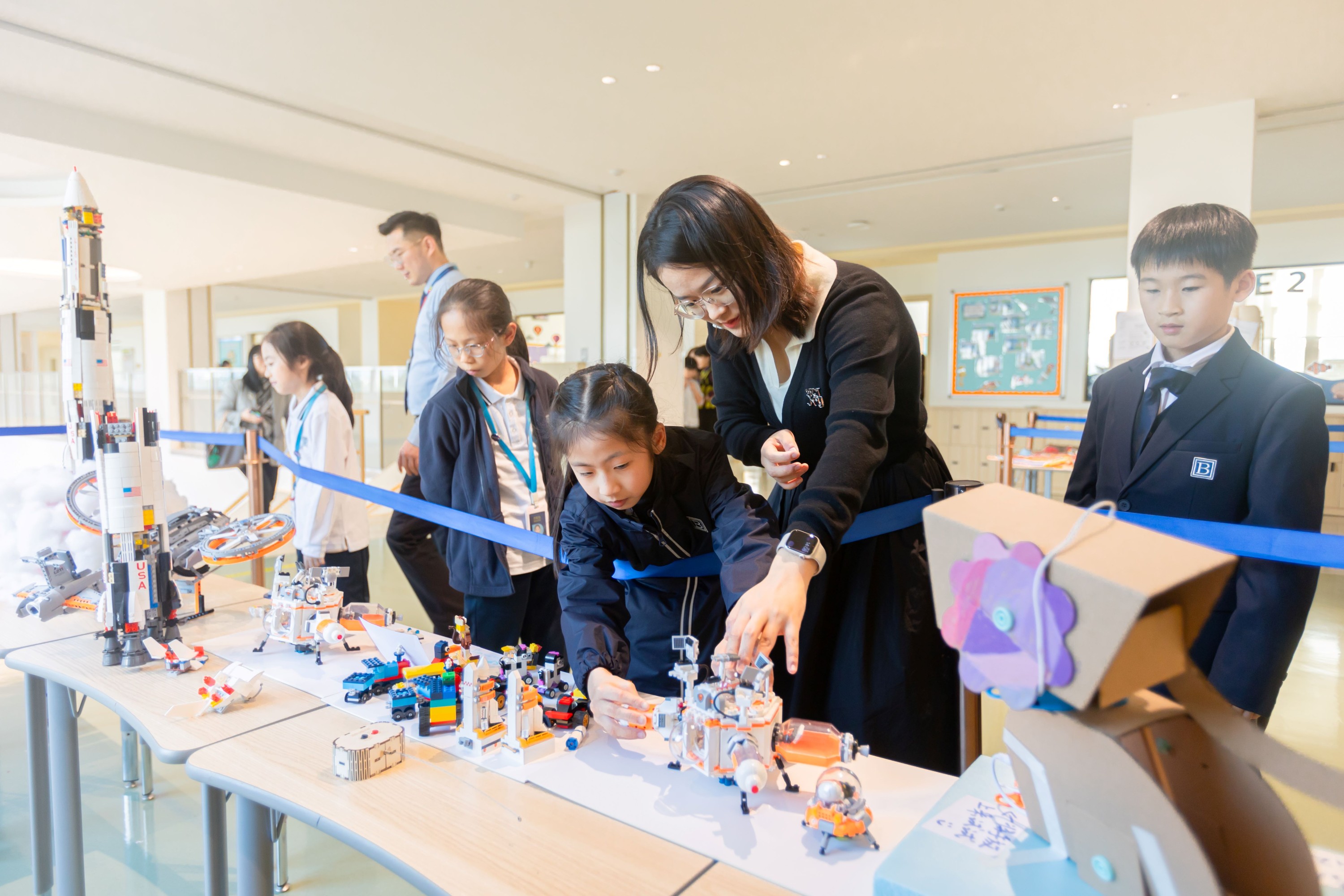
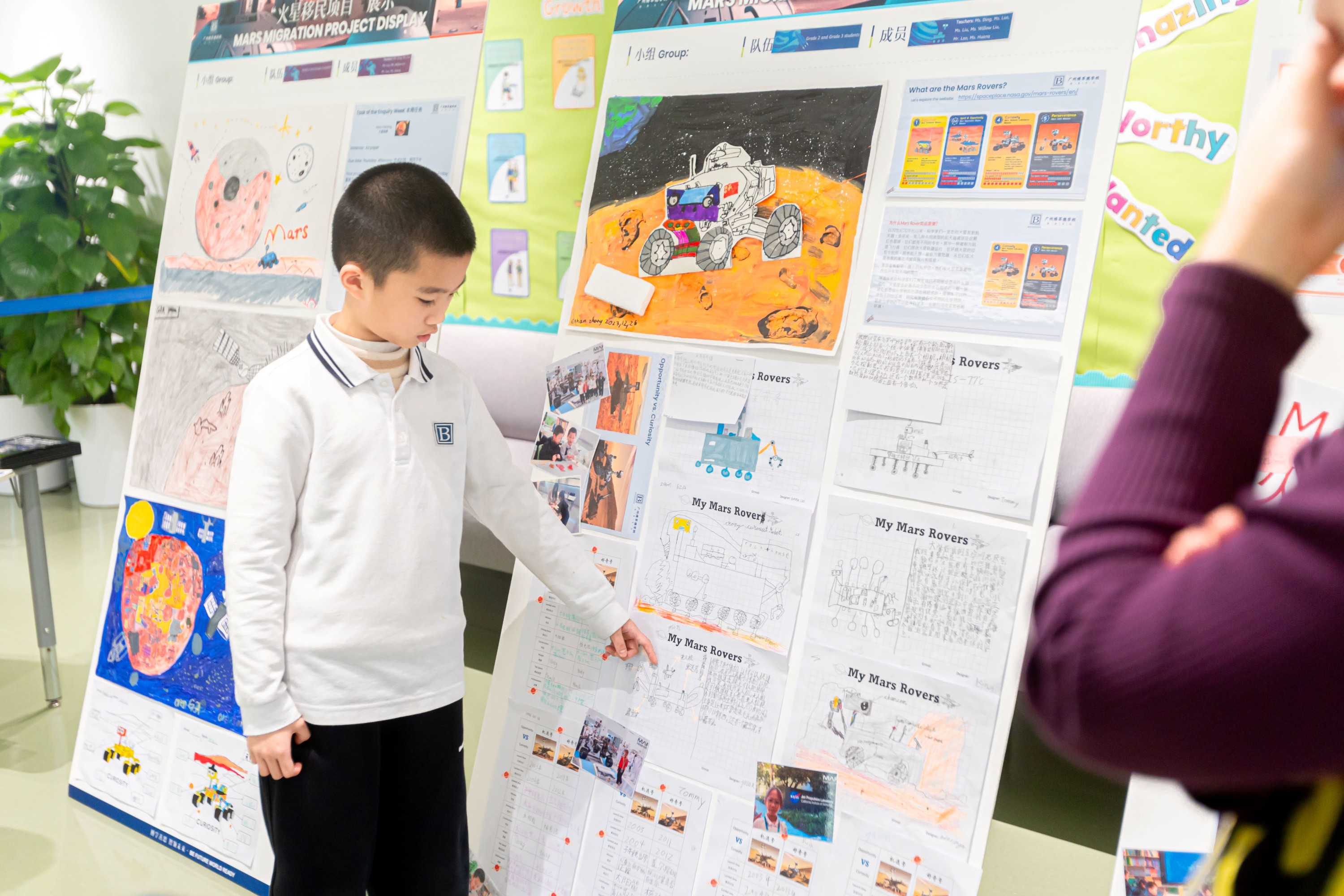
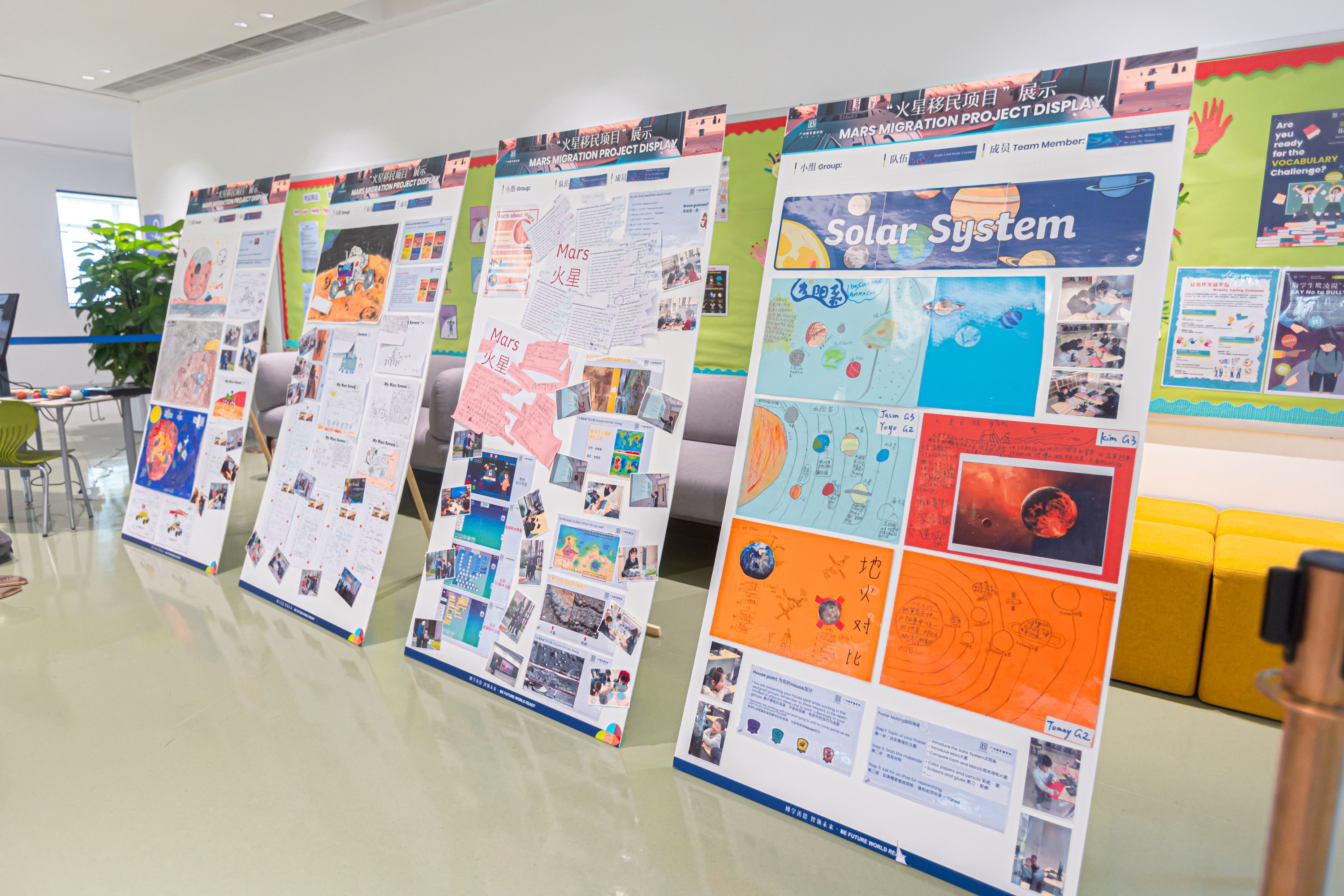
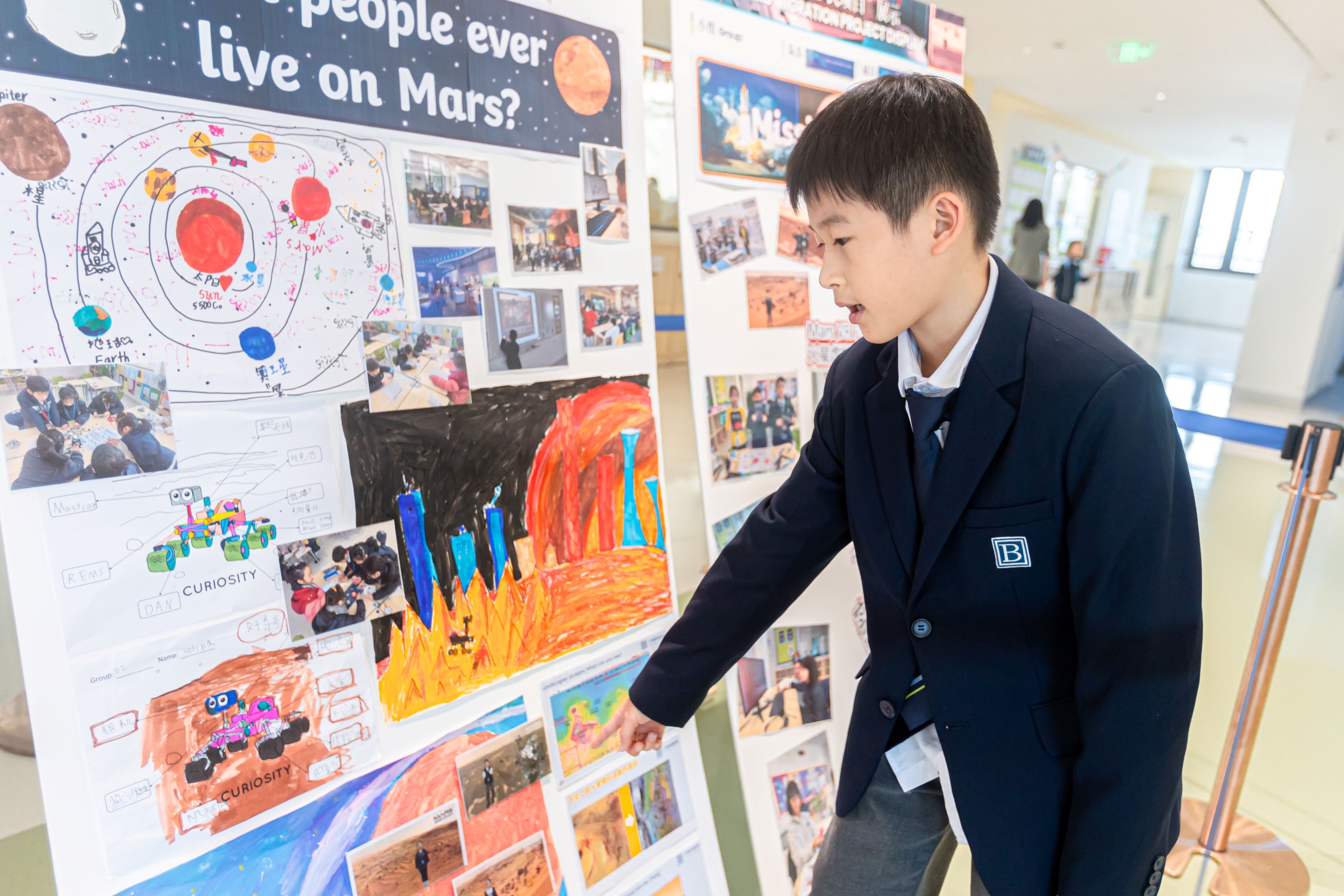
With the help of a variety of technological equipment, these programmes enriched the students' experience and broadened their knowledge of science and technology. Under the guidance of our teachers, they learnt to operate drones, challenged virtual programming games, and used 3D Digital Designer software to build a model of a sustainable human settlement on Mars. Many of the students who used the software for the first time were immediately drawn to 3D modelling, and it even inspired them to dream of becoming an architect.
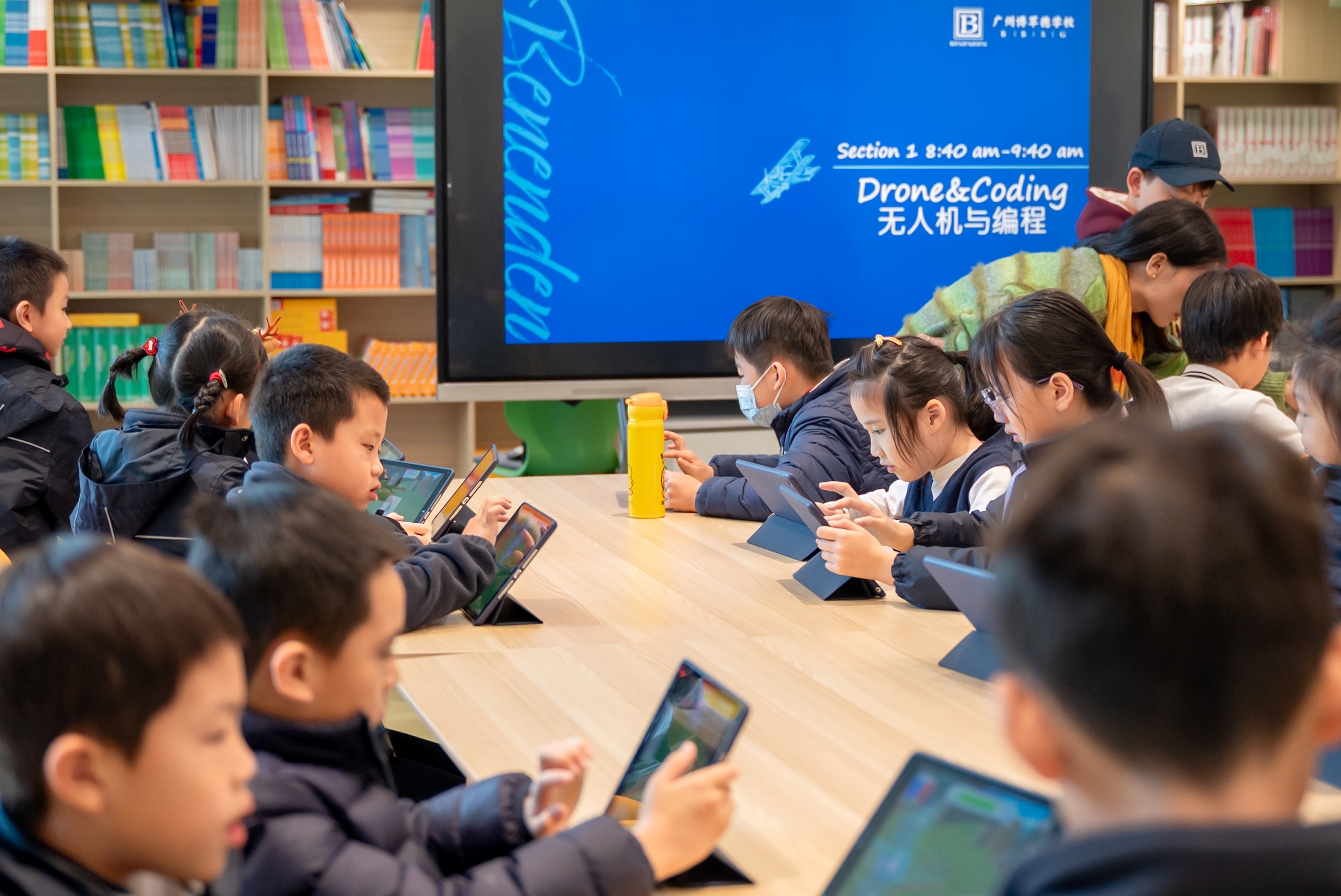
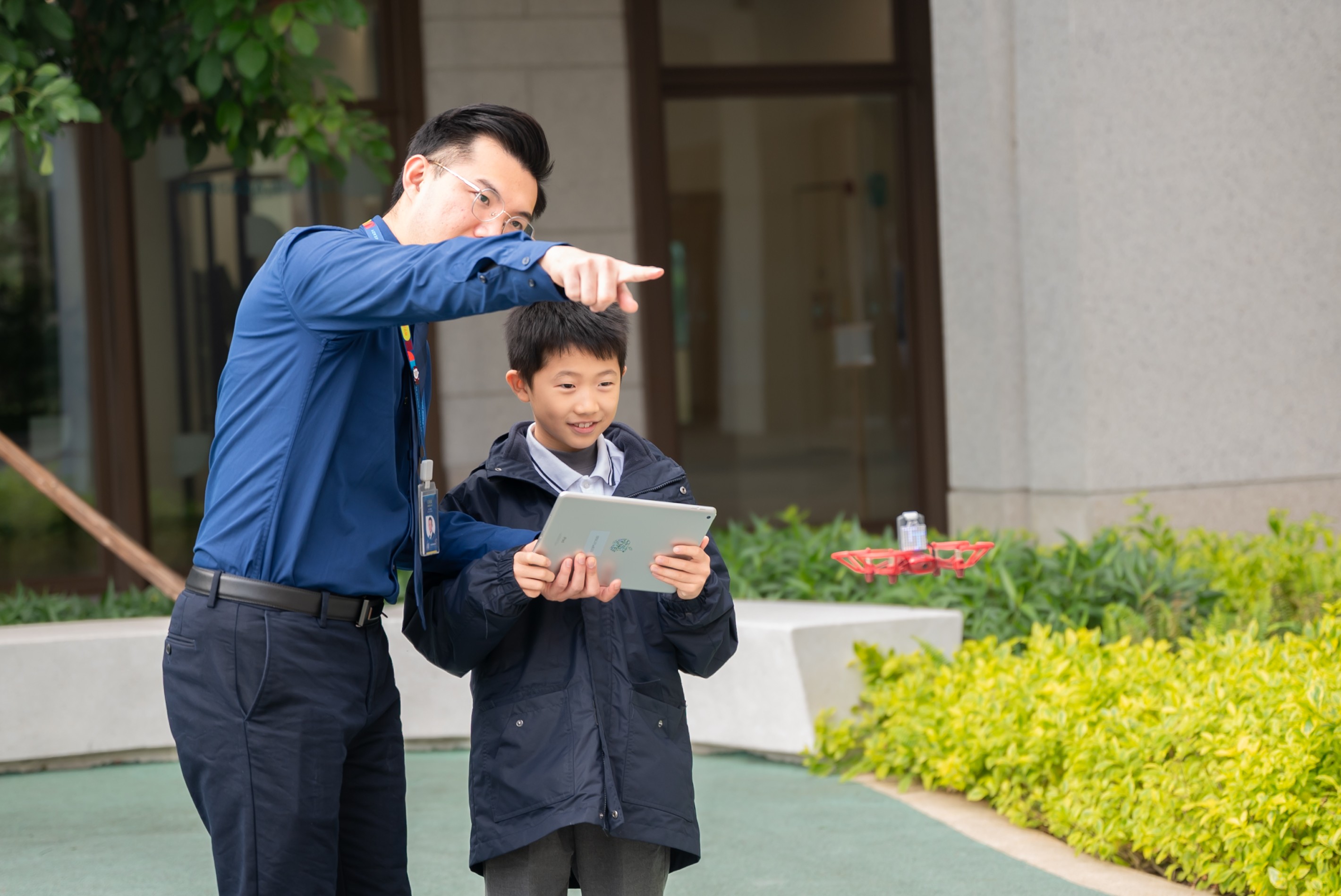
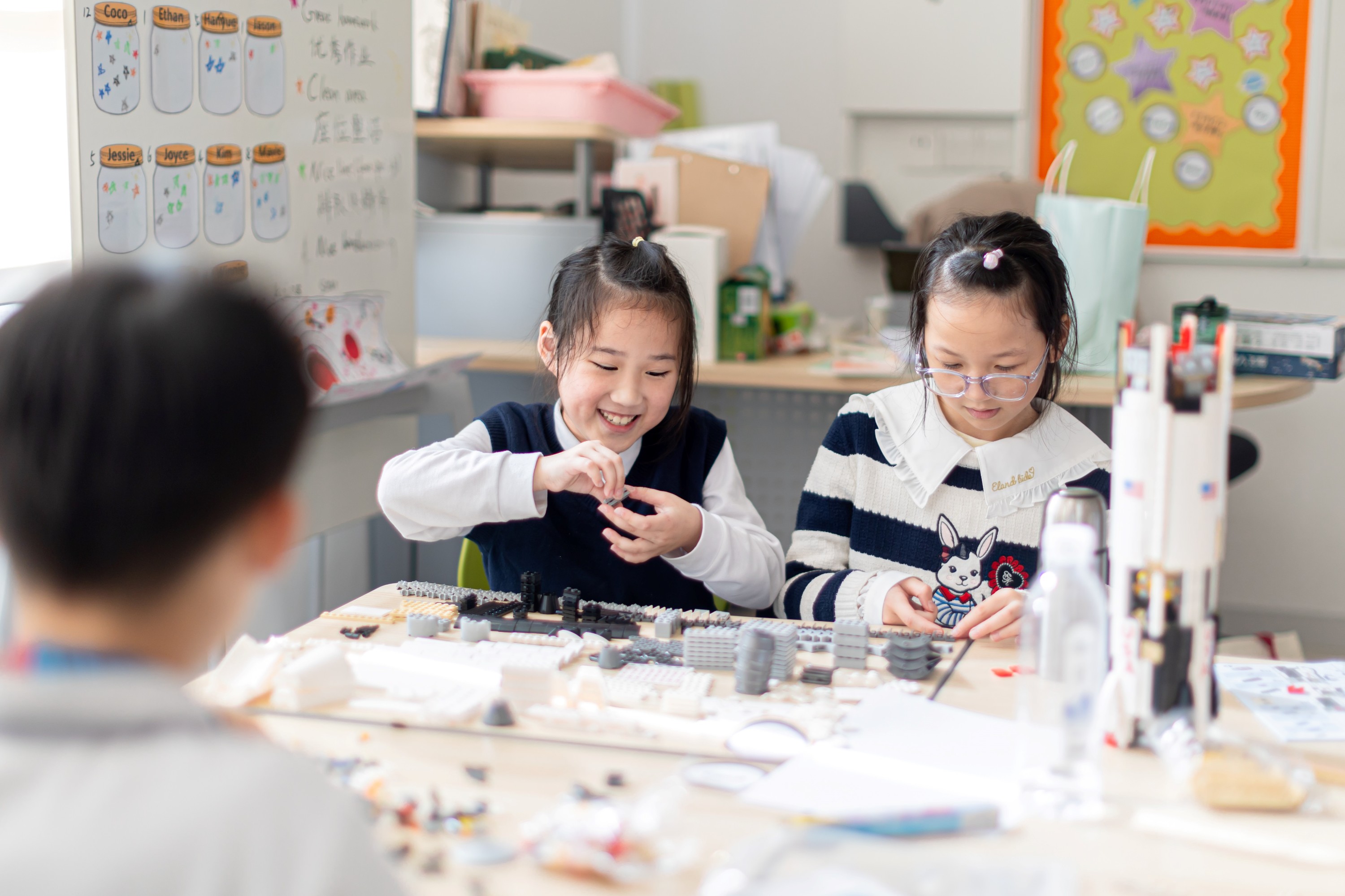
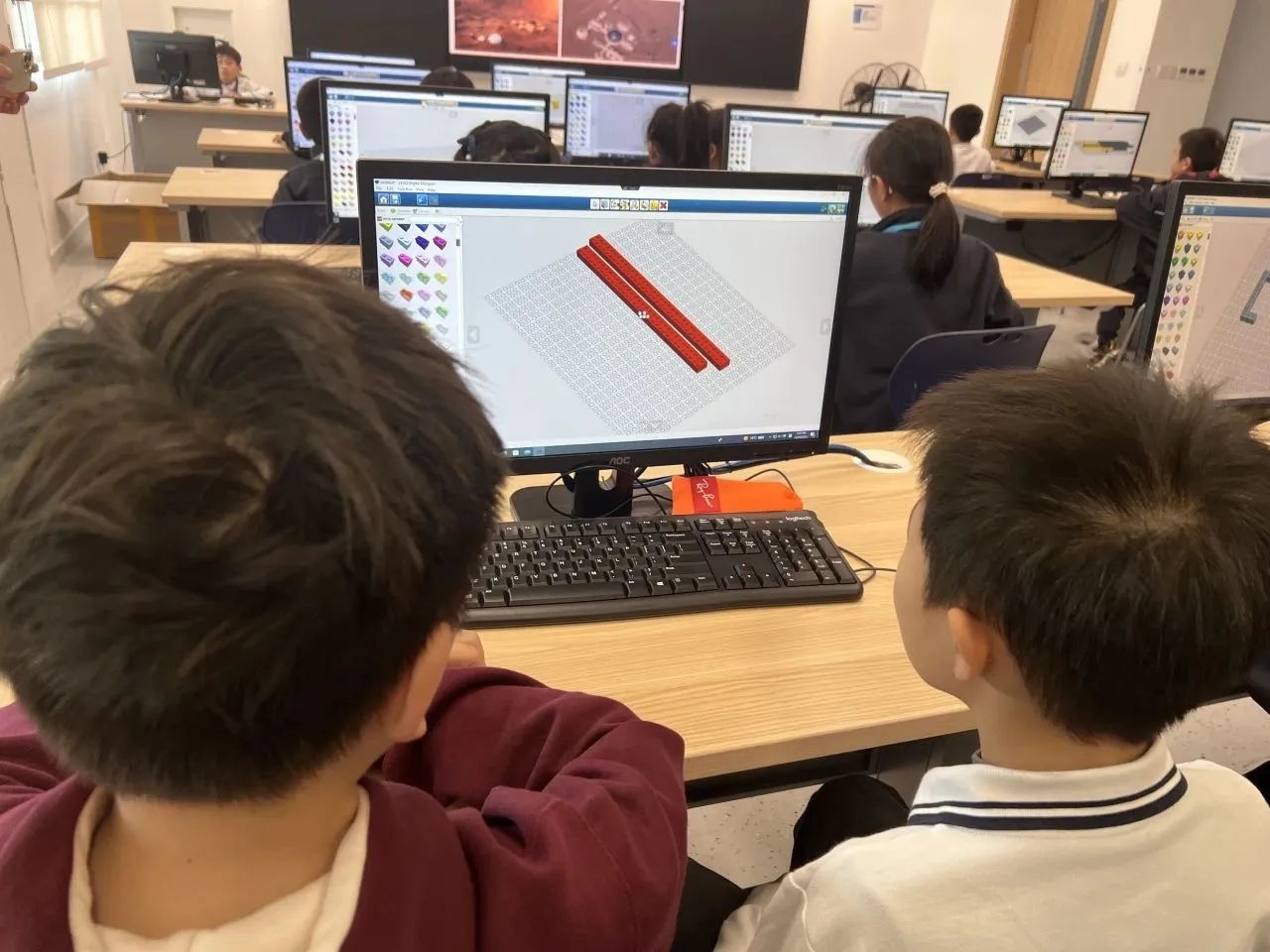
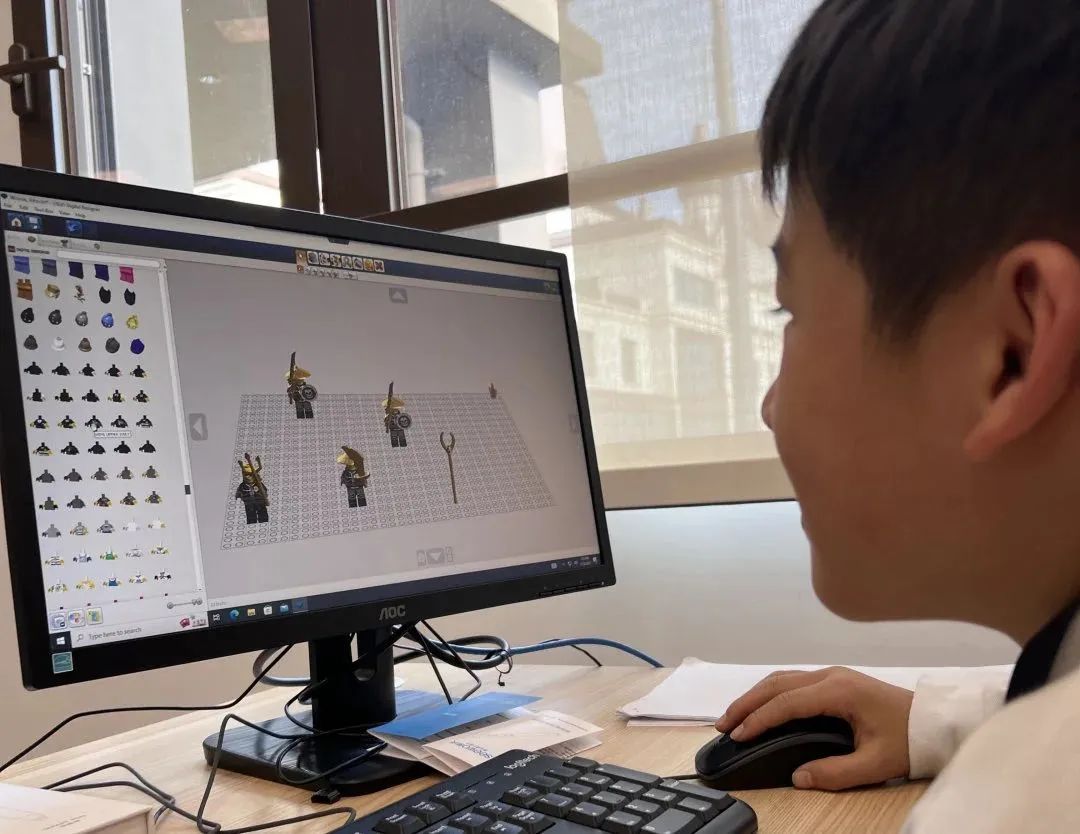
Building a Base on Mars
Grade 4 and Grade 5 students watched the film The Martian and read related materials to gain background knowledge about Mars and the challenges of building a base on Mars. They learnt about the factors that need to be taken into account when designing a complex system such as a Mars base in the board game designed. They then used their knowledge of physics, engineering, biology and psychology to complete the prototype design of a Mars base, and tested it out in simulated natural disaster scenarios on Mars.
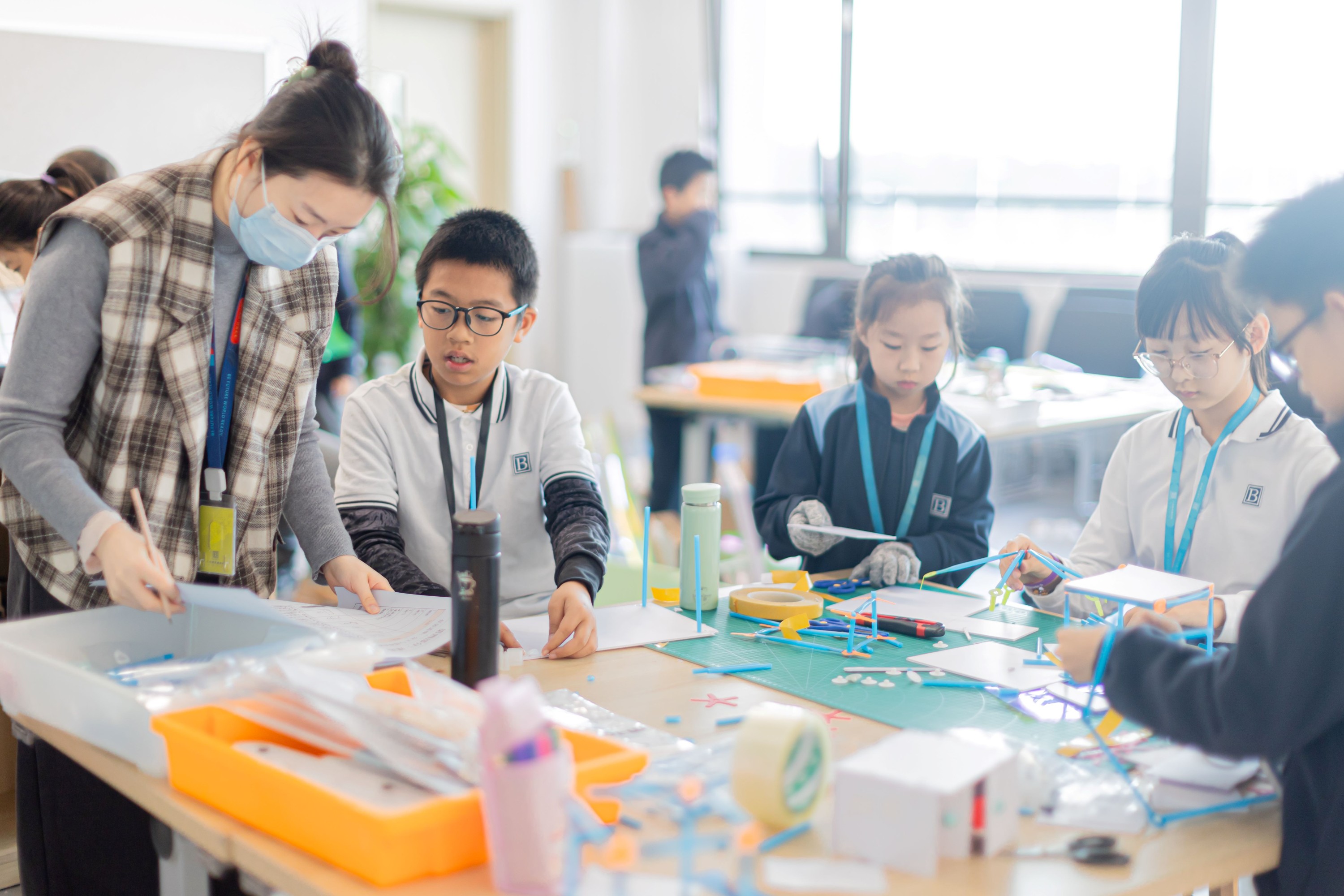
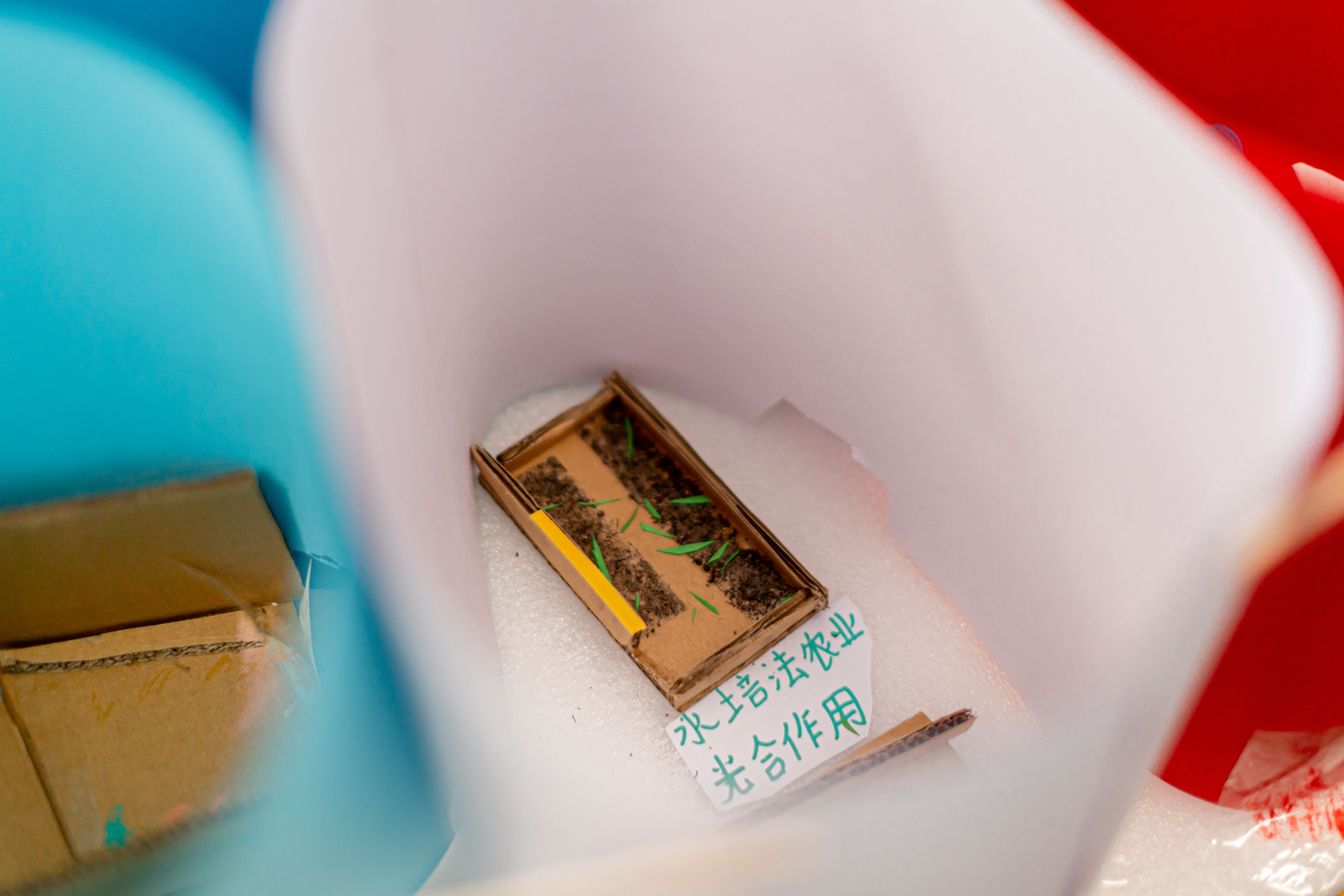
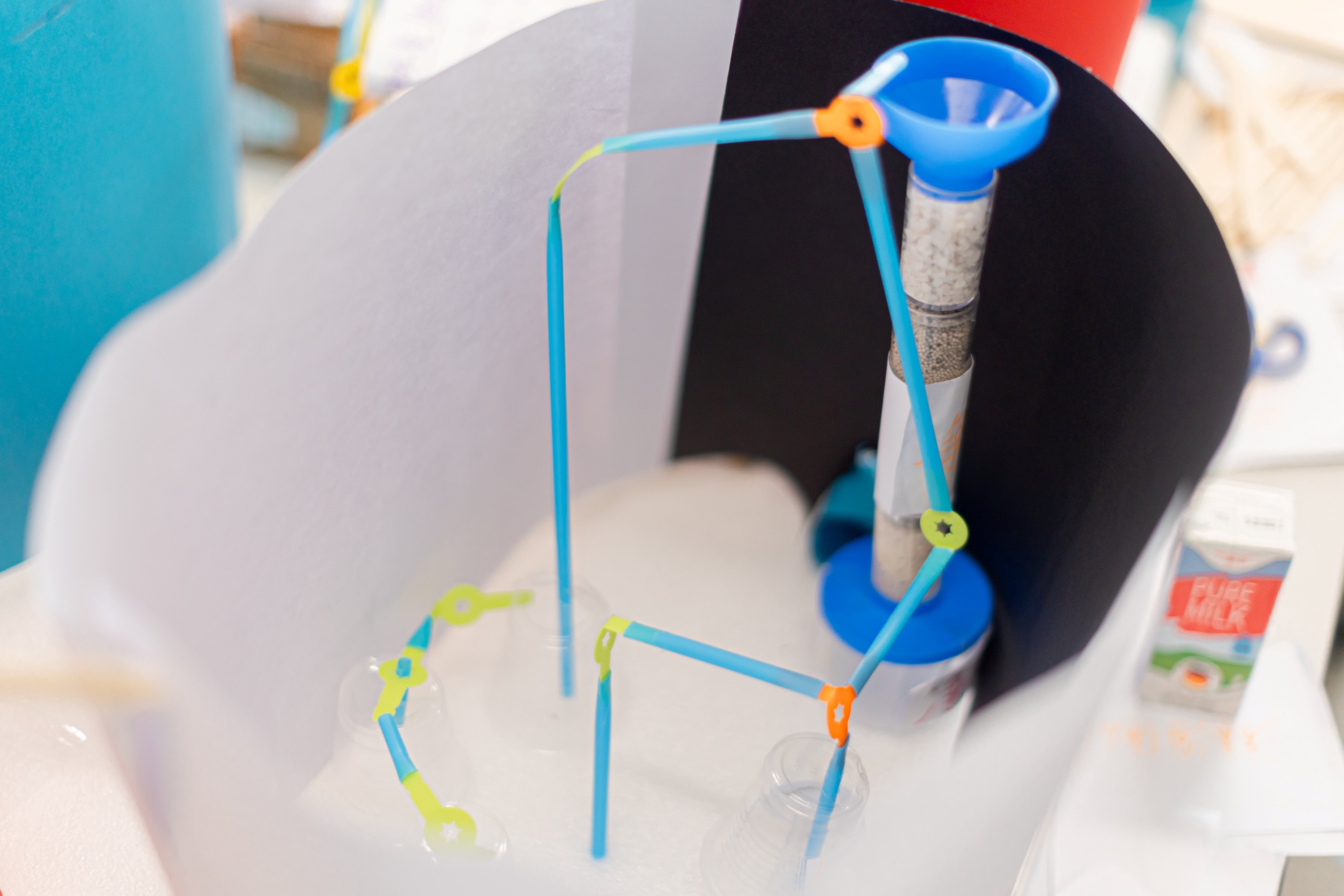
The teachers were surprised by the close teamwork, with some designing the high-tech Mars base, others responsible for the operation of each function, and still others testing and verifying the validity of the model. They collaborated, shared their knowledge and skills, and finally completed the ingenuous "Mars Bases".
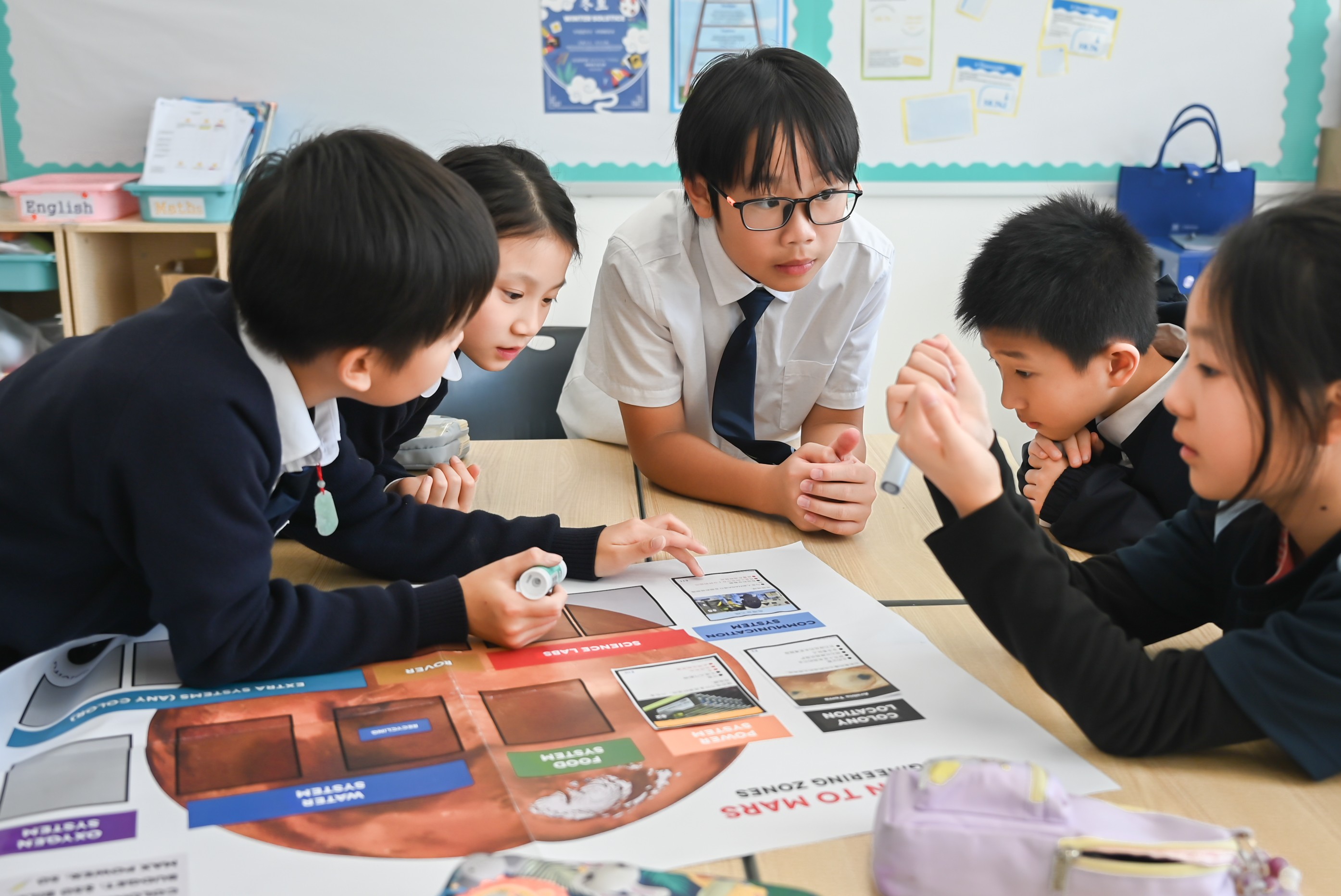
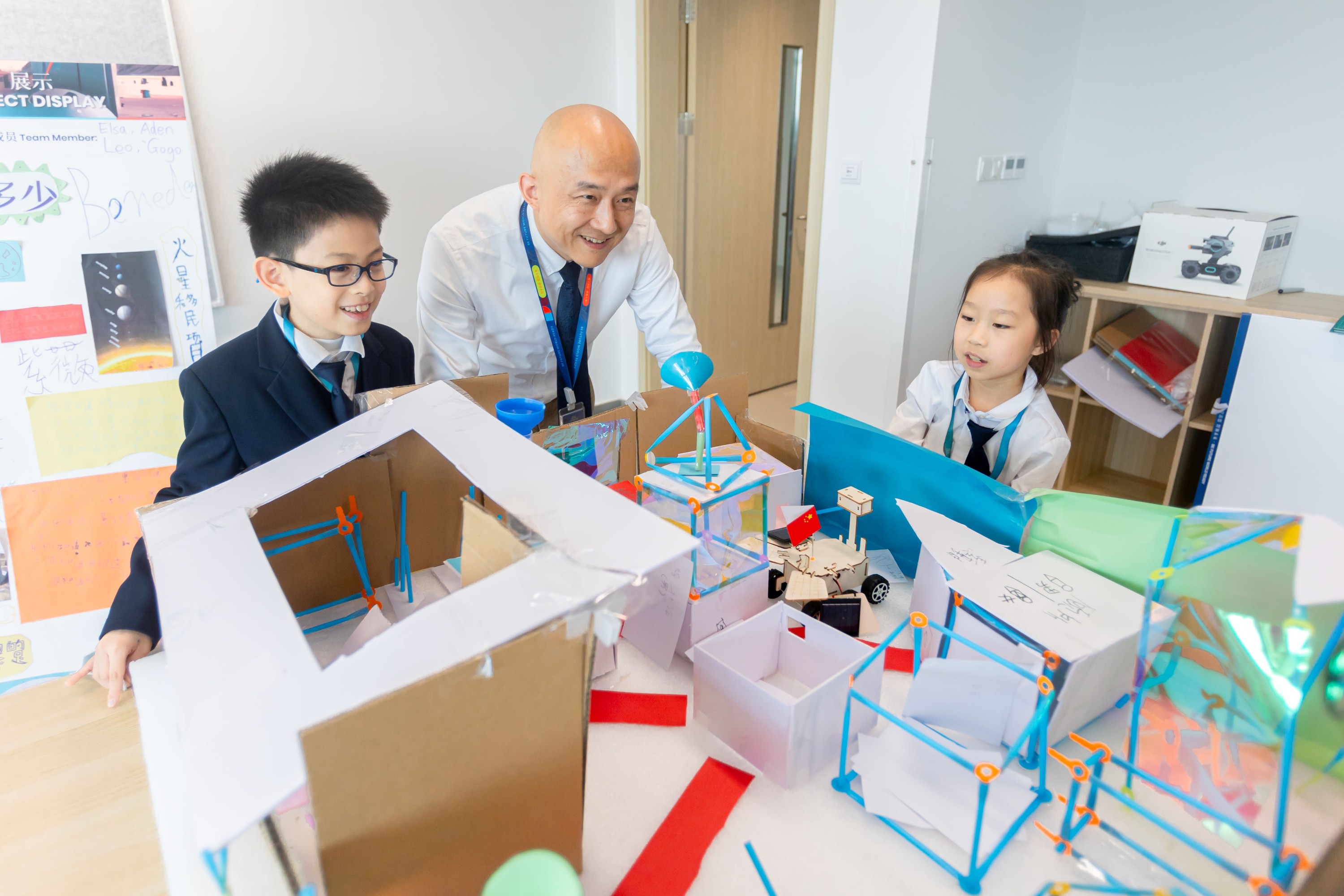
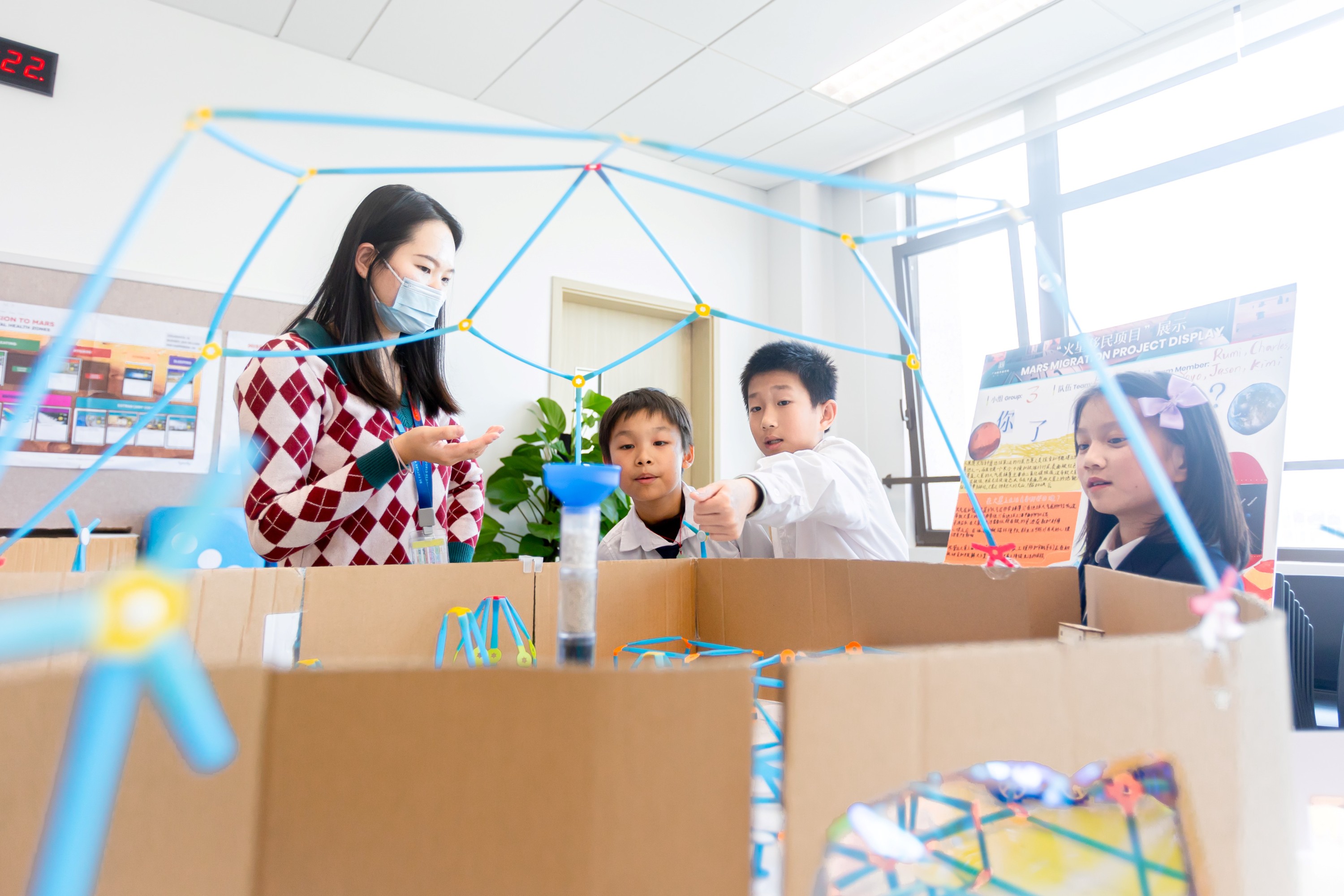
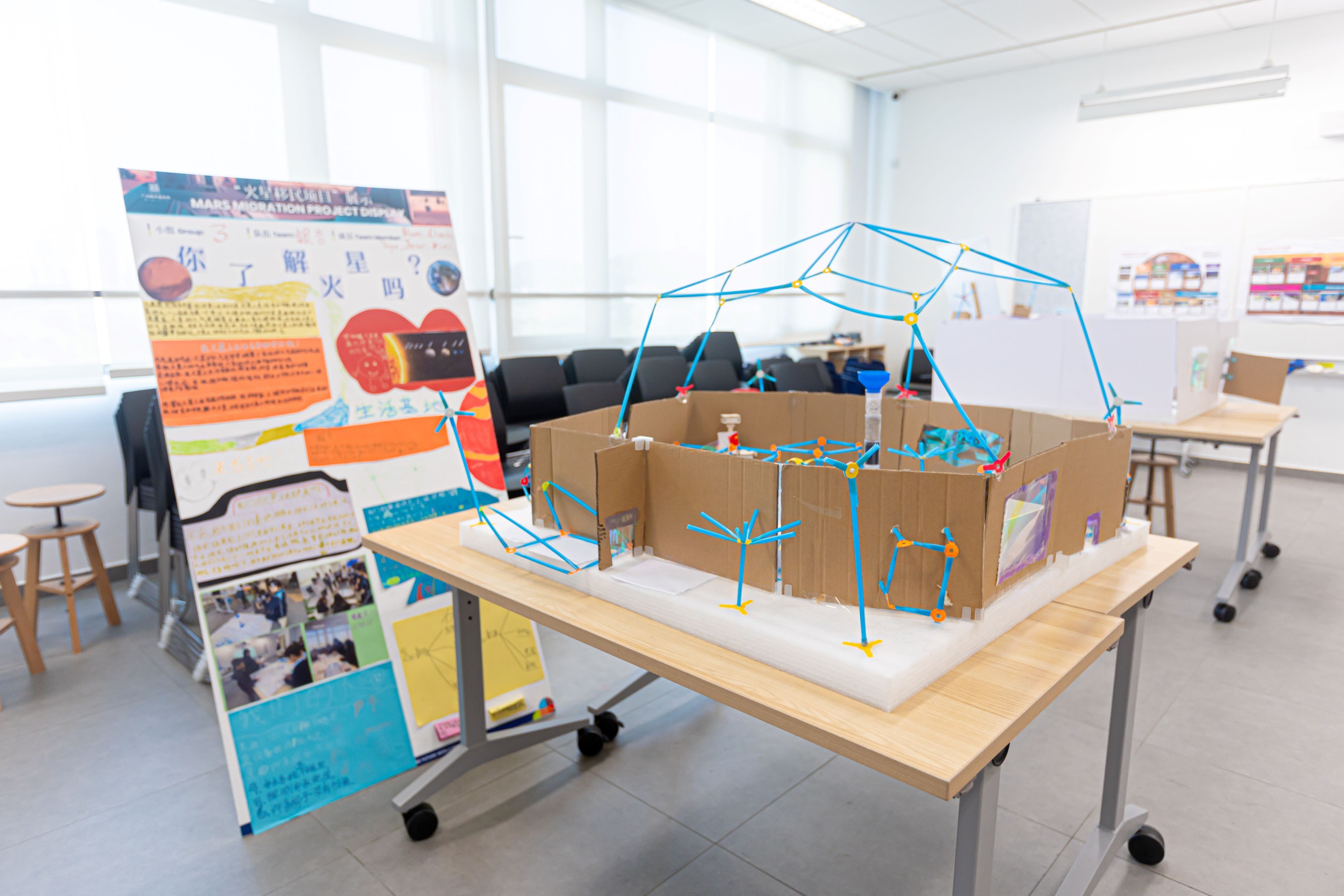
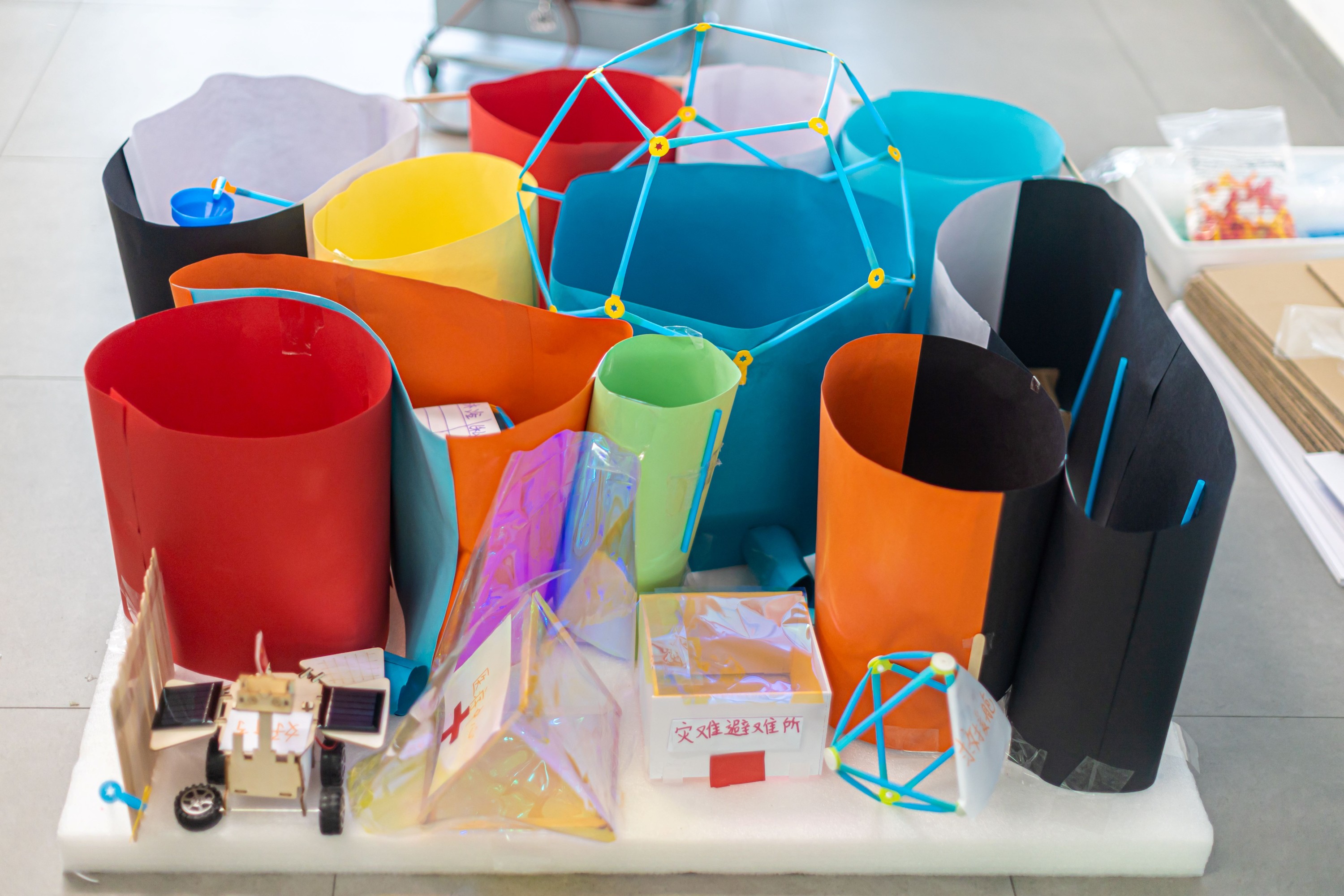
Building a Community on Mars
What would a human-friendly Martian community look like?
Grade 6 students were assigned into groups of six to form the "Mars Councils", taking on the roles of city planners, chief scientists, logistics commanders, council chairmen, human heritage guardians and robotics coordinators for the Mars community. They gave full play to their roles, explored and understood the challenges of human survival on Mars from various perspectives, actively searched for solutions, planned the Mars Migration City Project, and finally illustrated their design concepts and details through models and display boards.
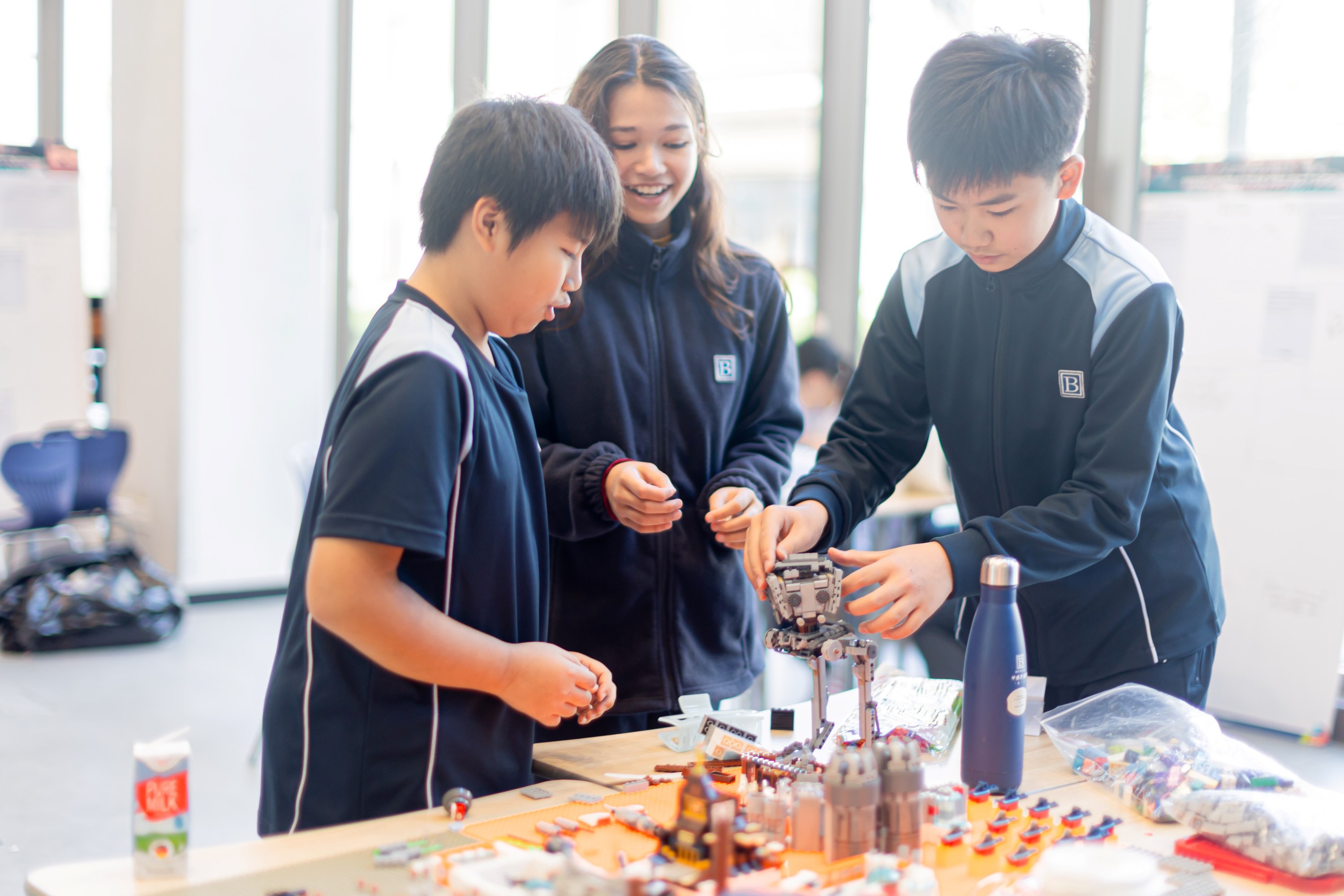
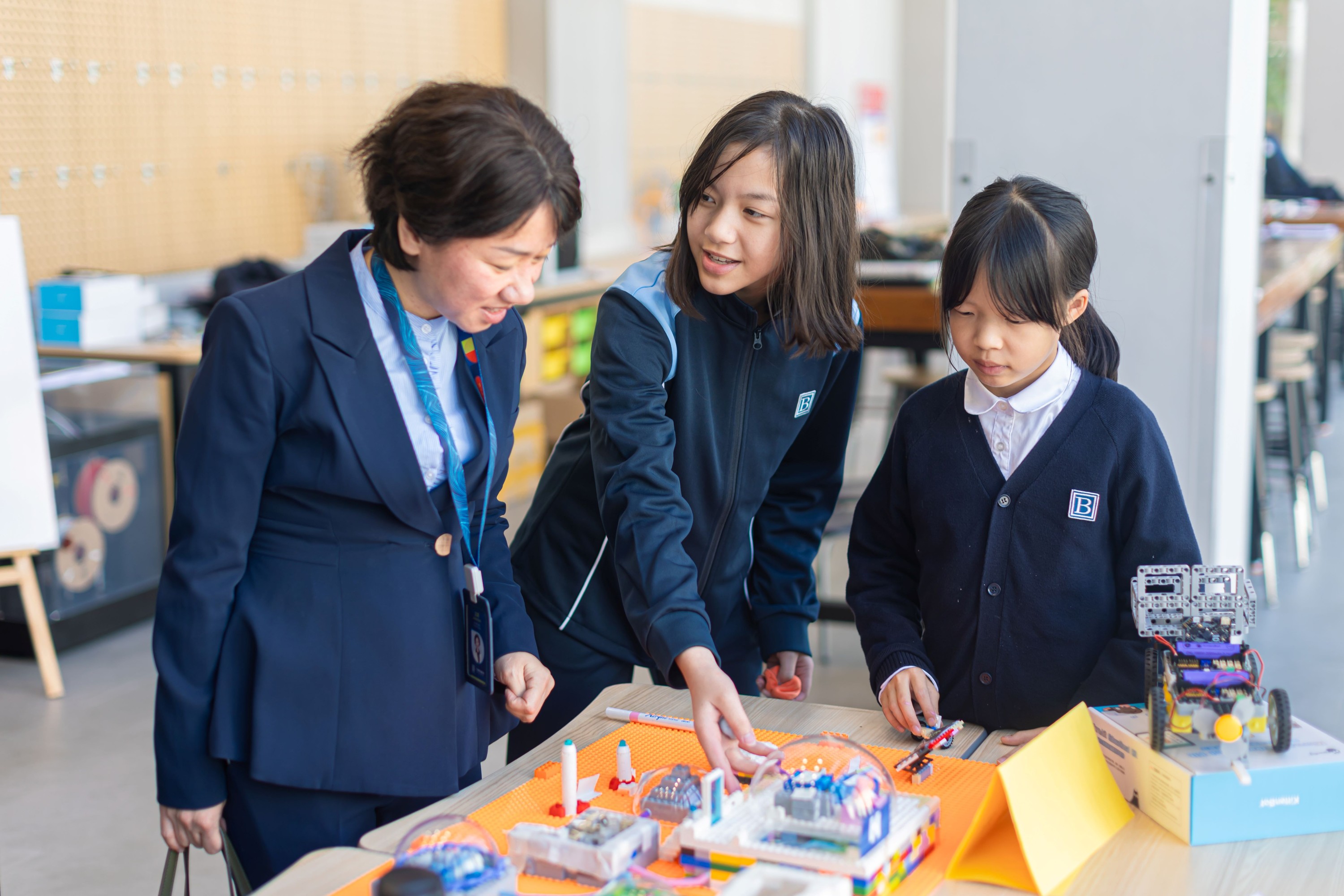
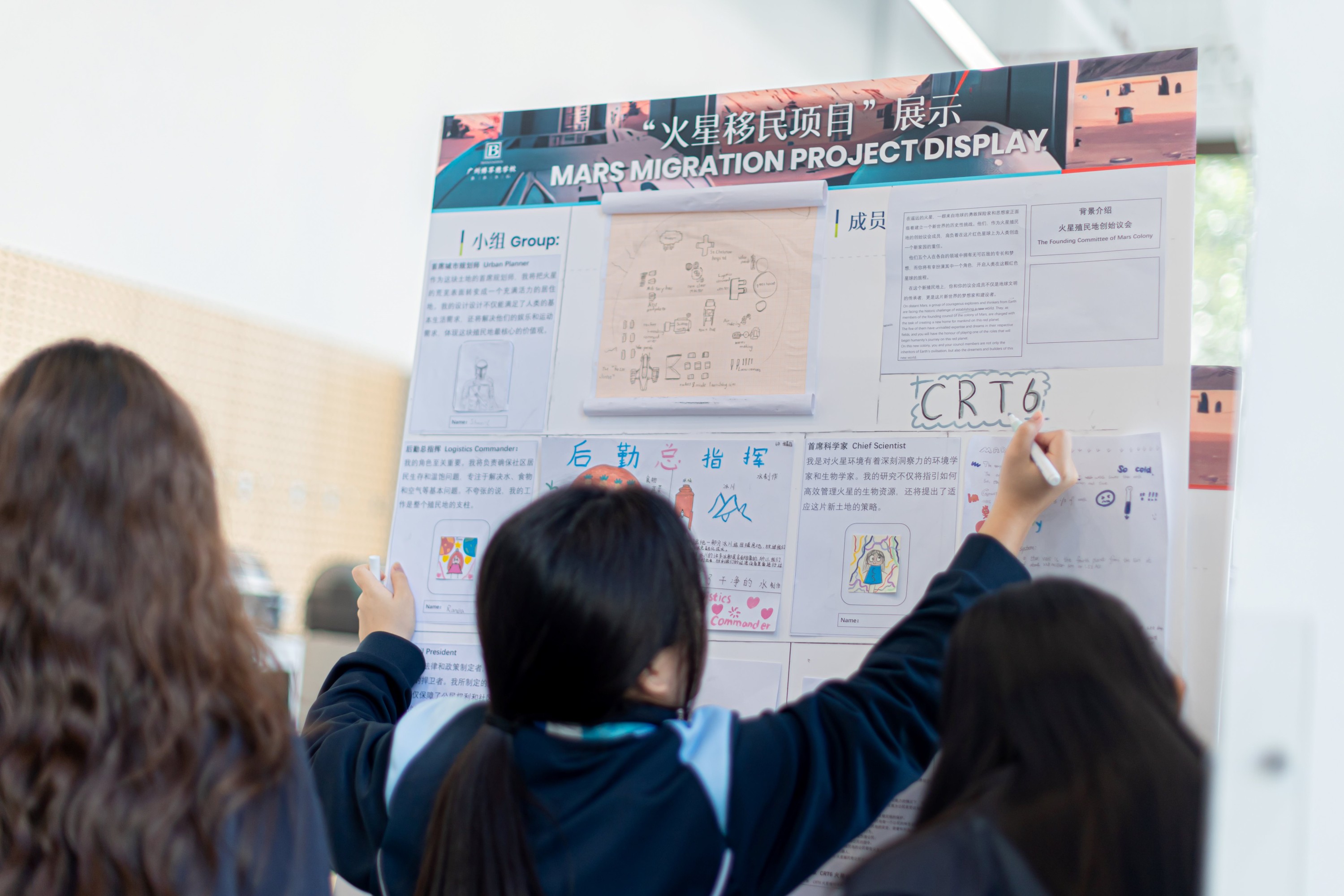
When creating the model, they creatively used Lego blocks, straws, play dough, popsicle sticks, tinfoil and other materials, expanding the possibilities blueprint of Mars community. The ‘council members’ not only had to think about the supply facilities, energy conversion and distribution, interstellar transport and other issues related to survival, but needed to make decisions on the government structure, legal norms and cultural inheritance, so as to allow the human civilization to be continued.
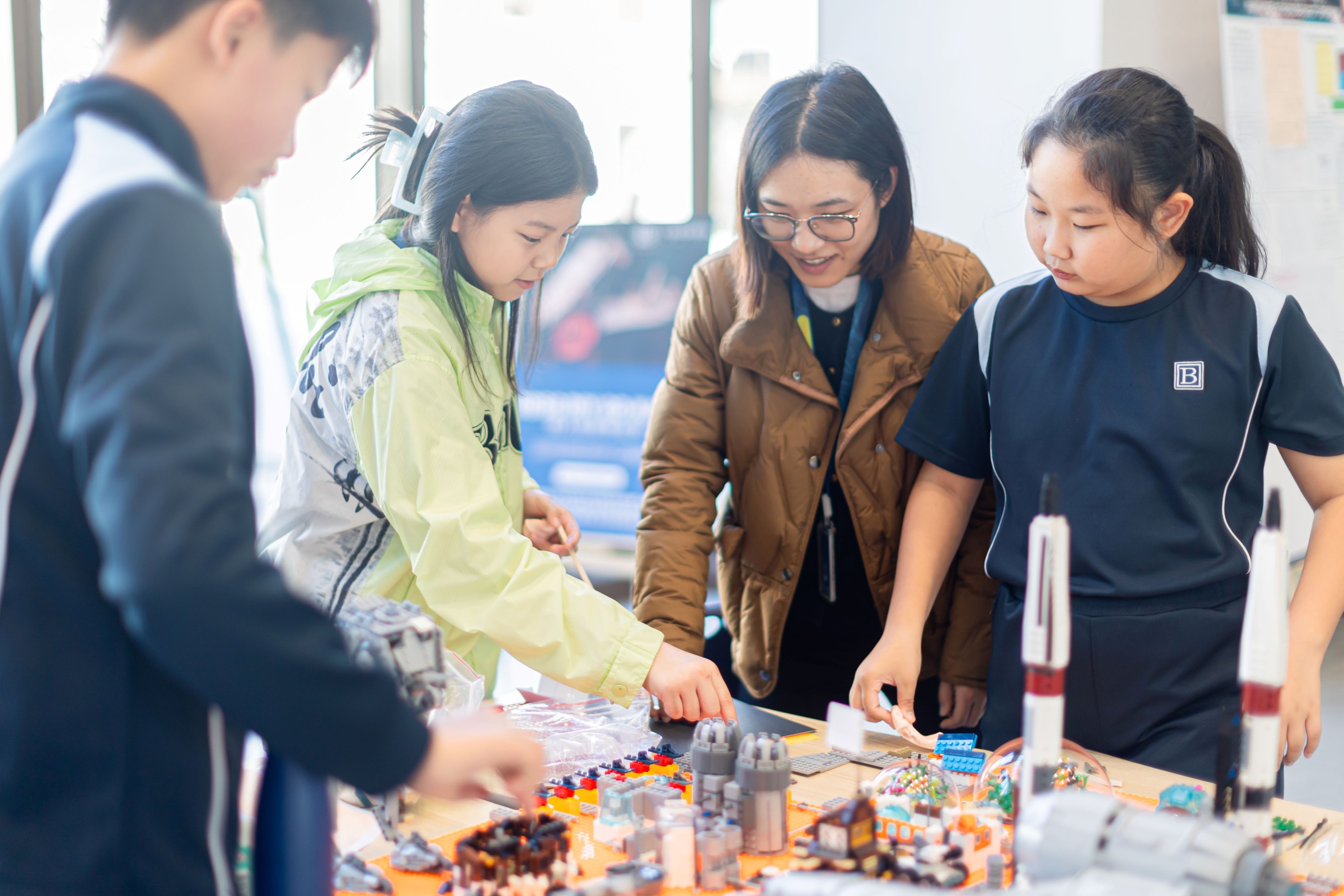
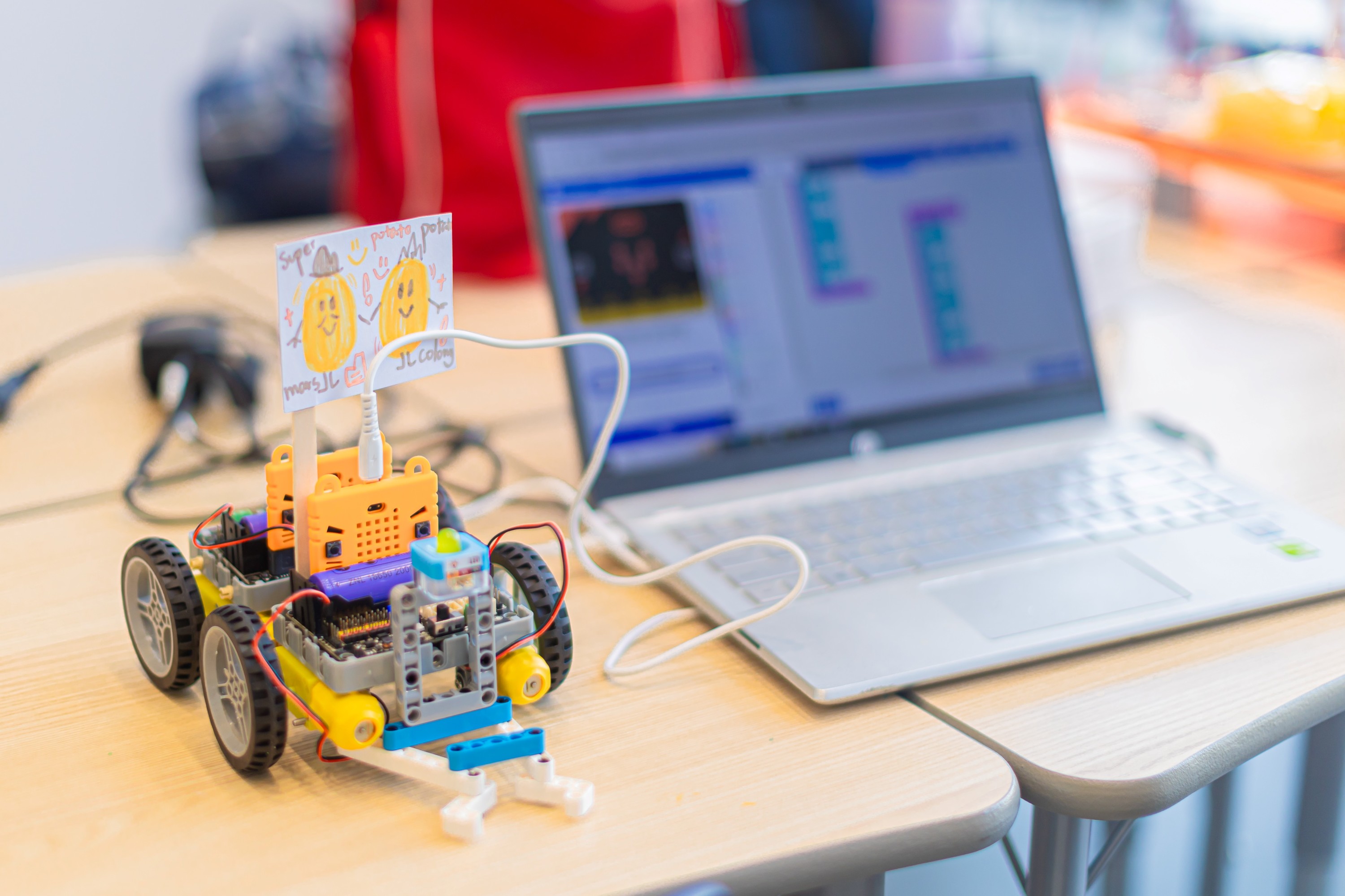
To achieve this goal, they explored various existing political systems, and designed the government structure and the constitutions of the community based on the integration and comparison with the Chinese constitution and state institutions that they have studied in Morality and the Rule of Law this term. They also did research on the collections of the world's major museums, and thought about the ways of inheriting human civilization in the universe.
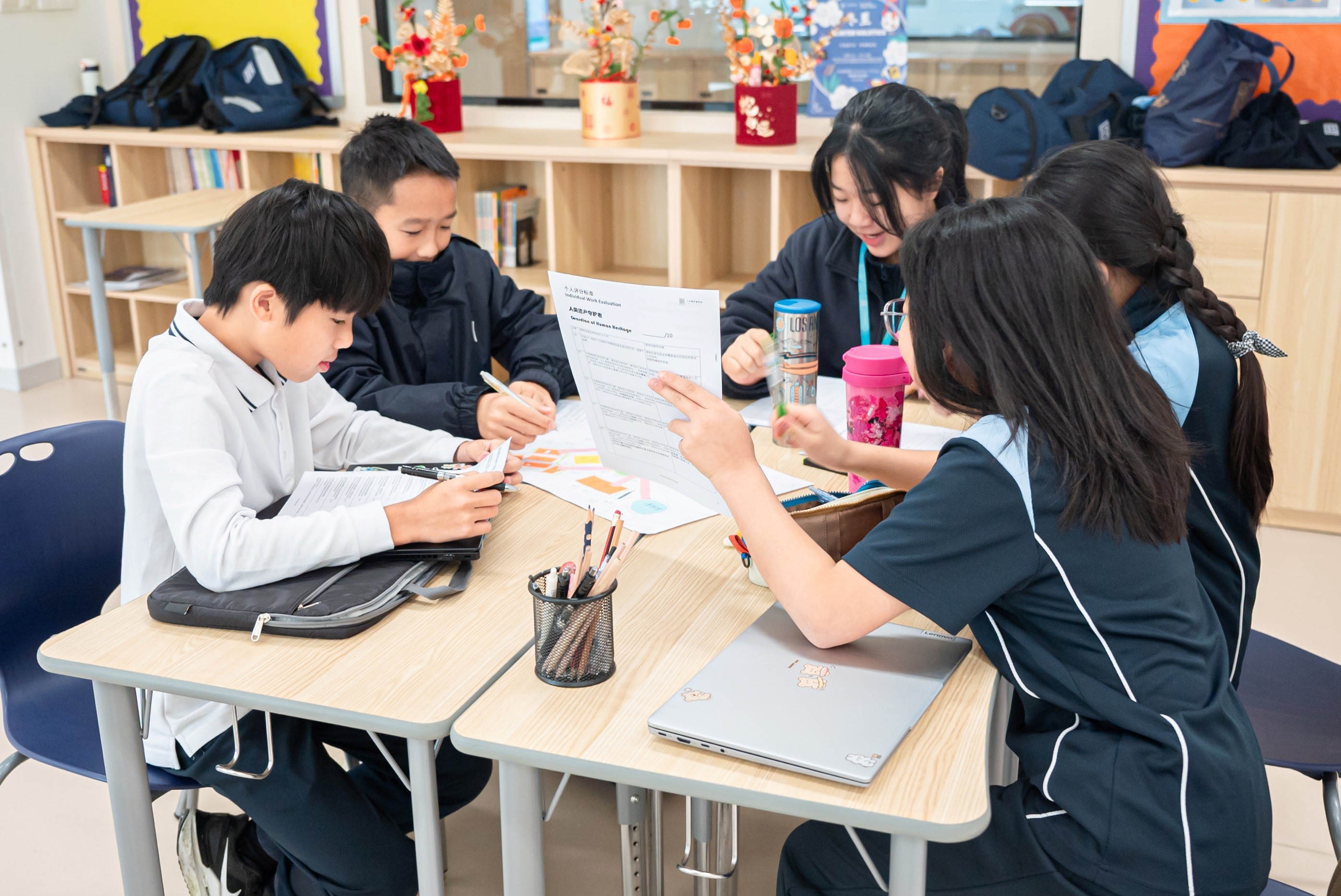
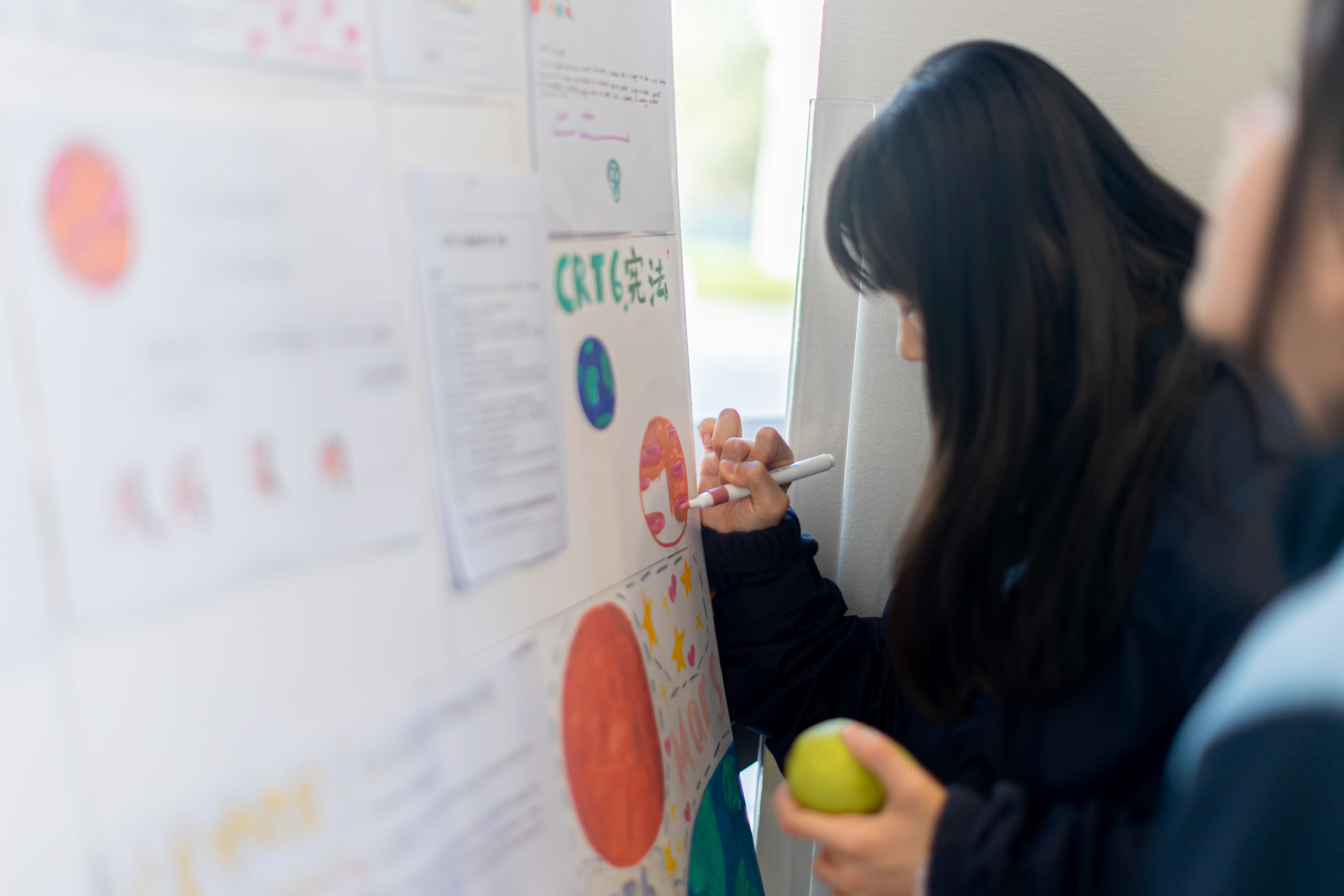
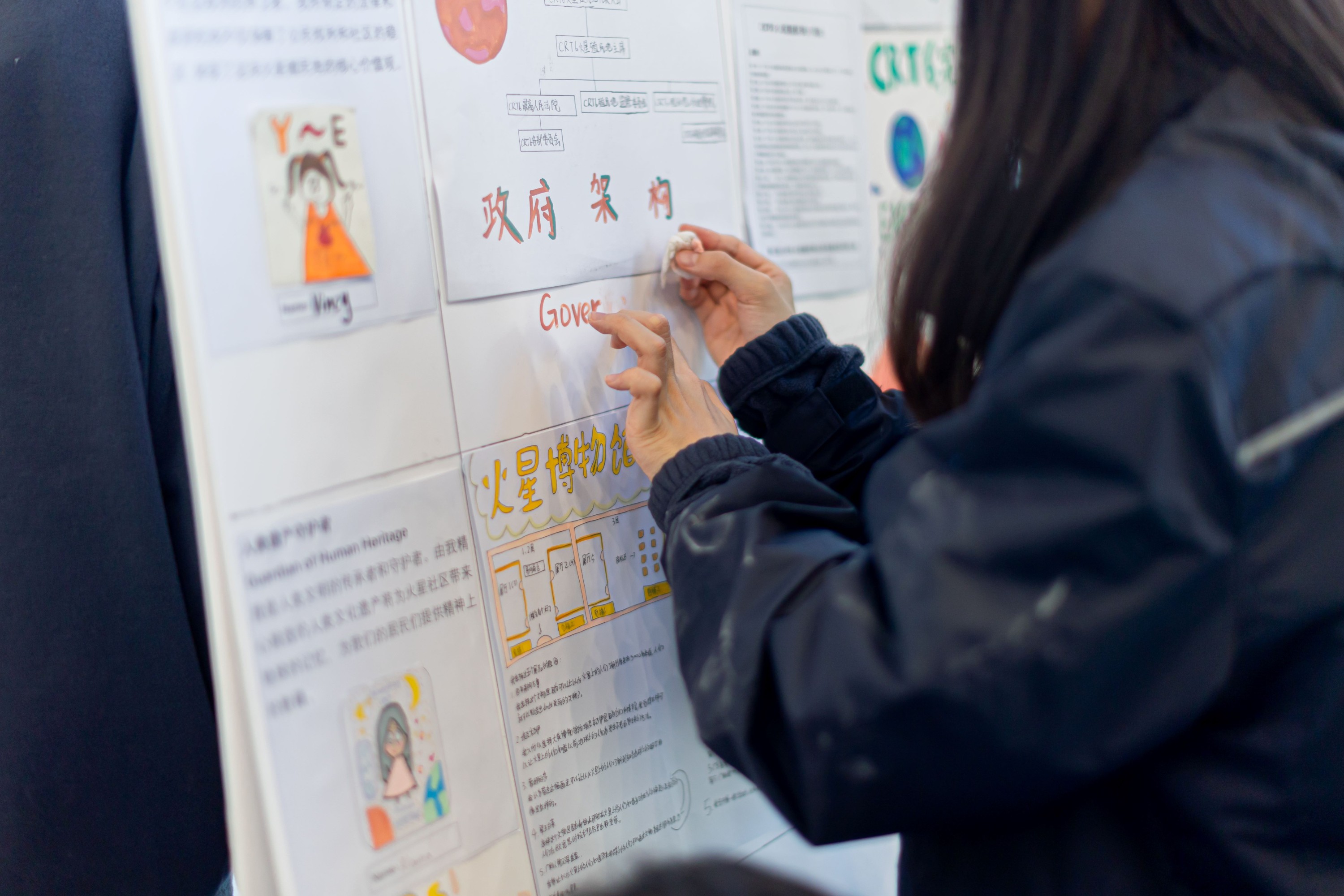
These works instantly transported us to the life of immigrants on Mars, and we were impressed by the students' ability to integrate and apply interdisciplinary knowledge and their rich imagination.
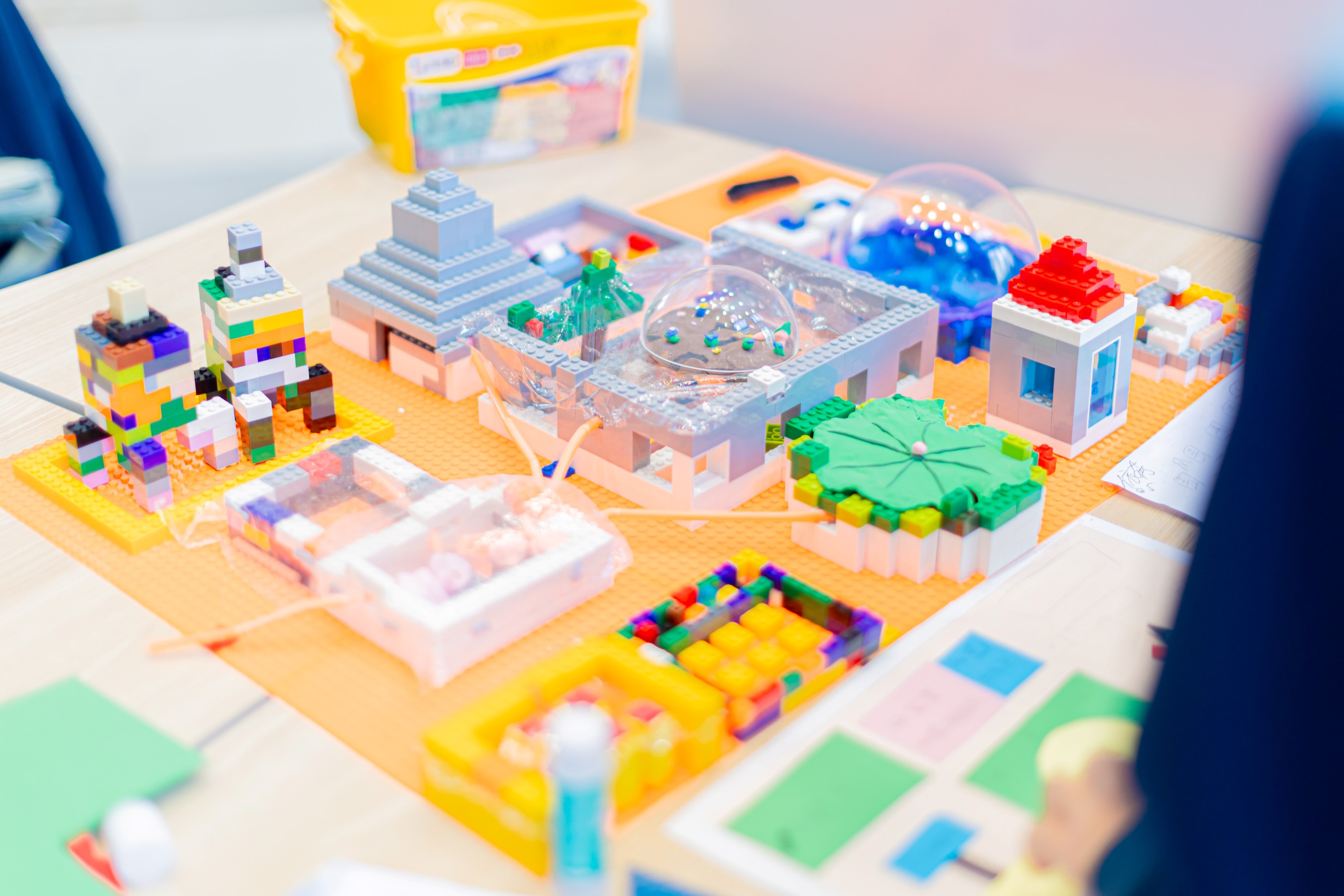
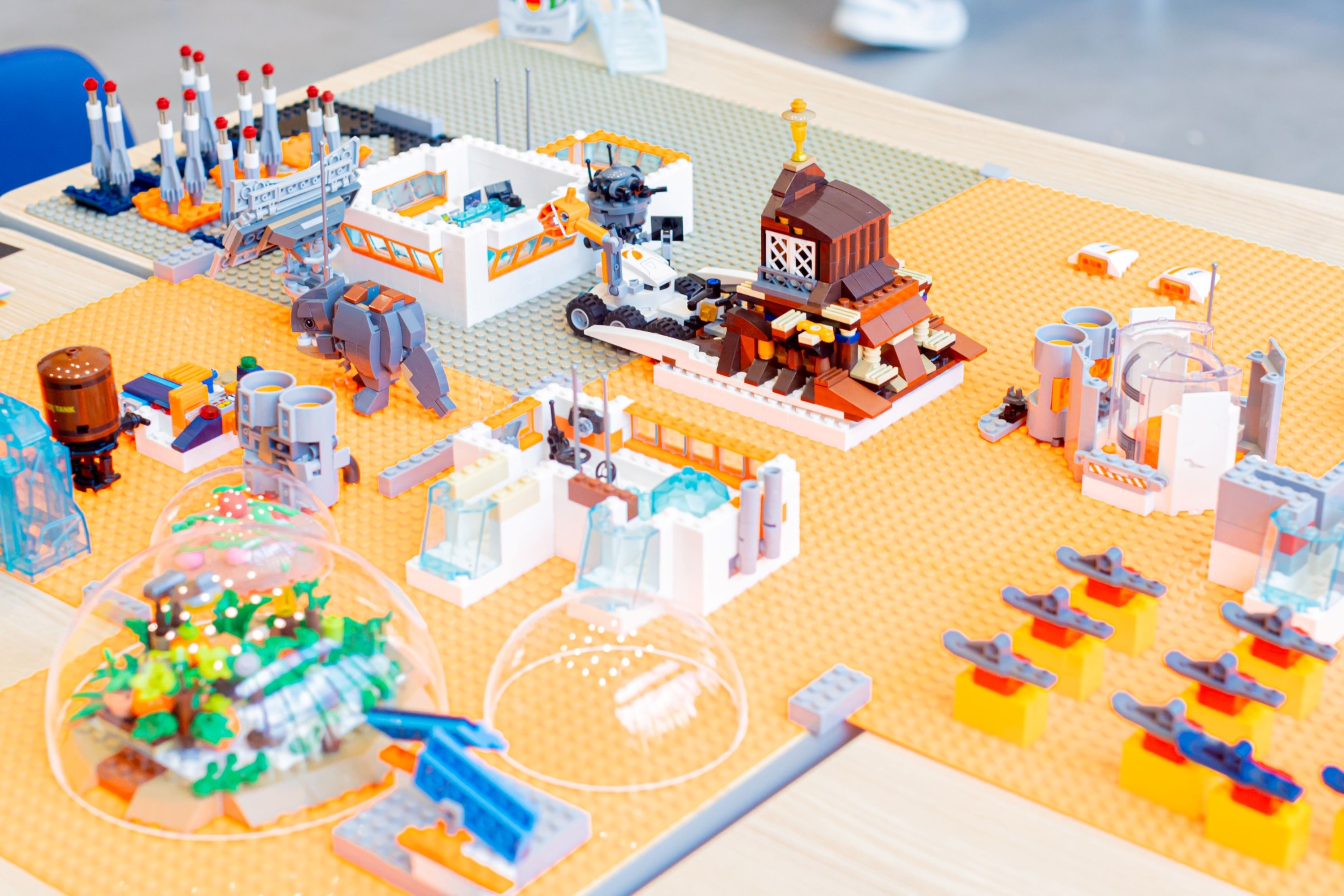
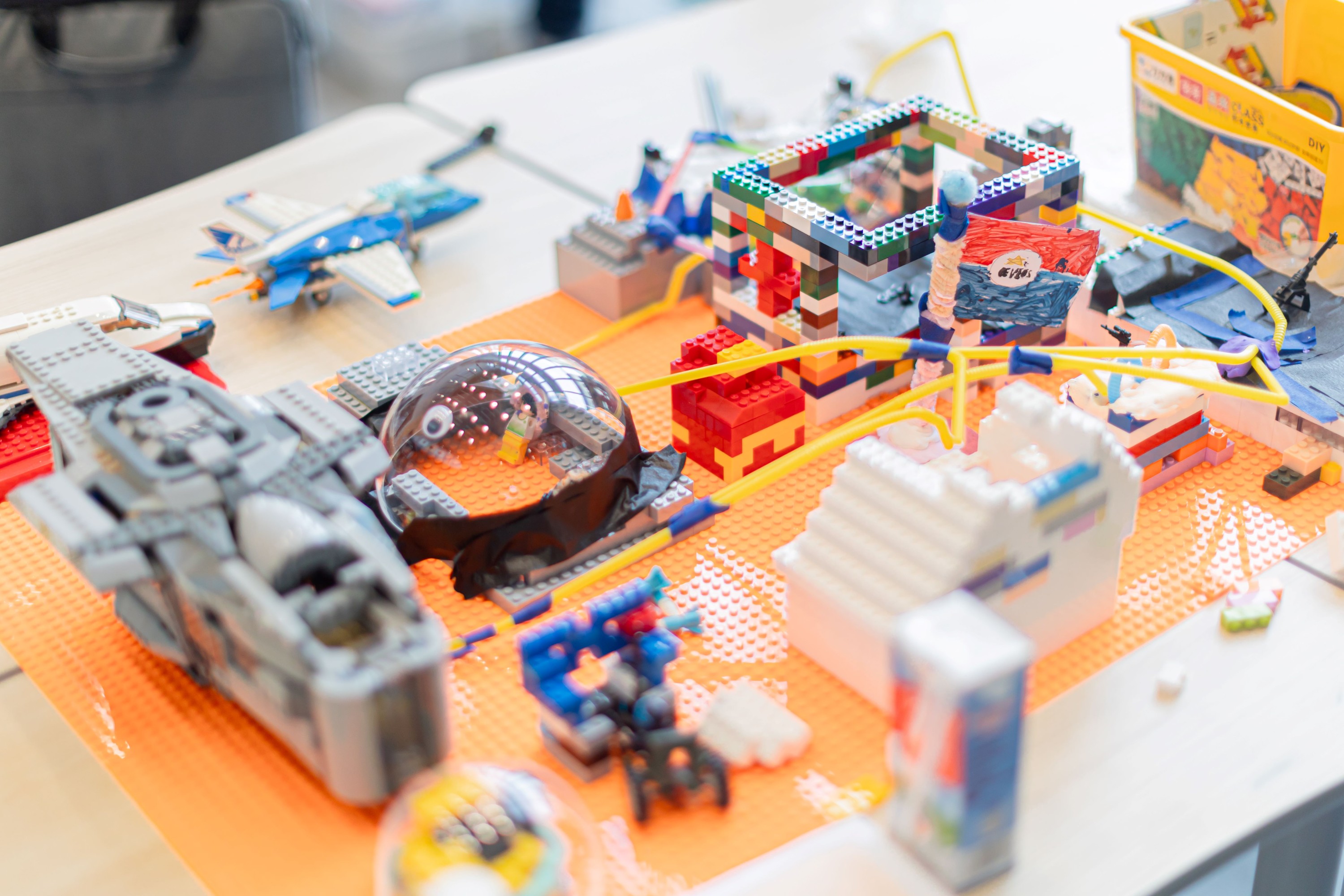
Building Vex Robots and Drone Competitions
The students from Grade 7 and Grade 8 demonstrated their deeper thinking and greater practical skills.
They extensively researched the background knowledge of interstellar travel and Mars migration, and debated on the themes of "Is Mars migration a bold leap or a futile effort" and "Does space tourism do more harm than good to the Earth's environment". Supported by rich imagination and concrete information, they showed their critical thinking ability and eloquence.
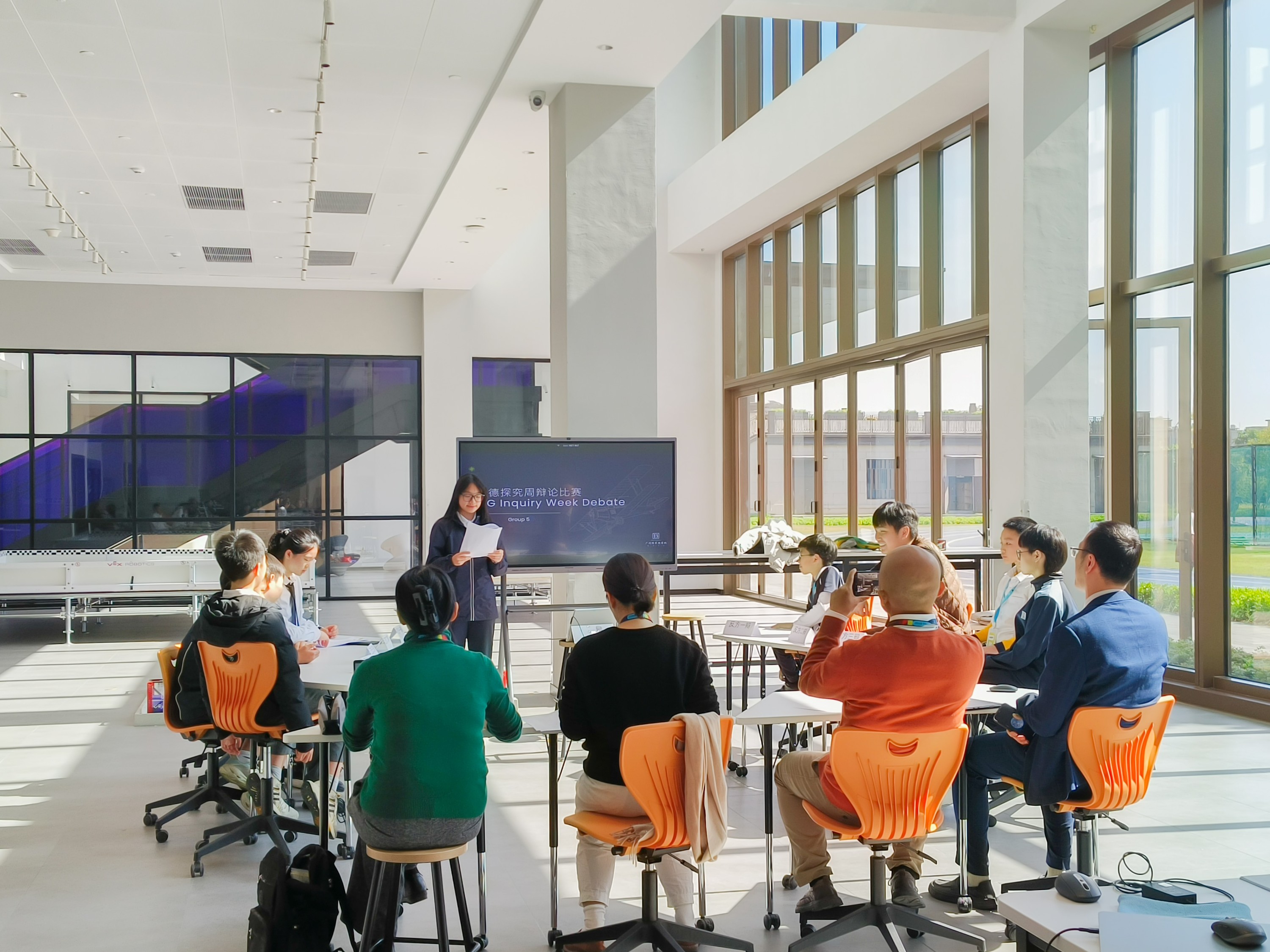
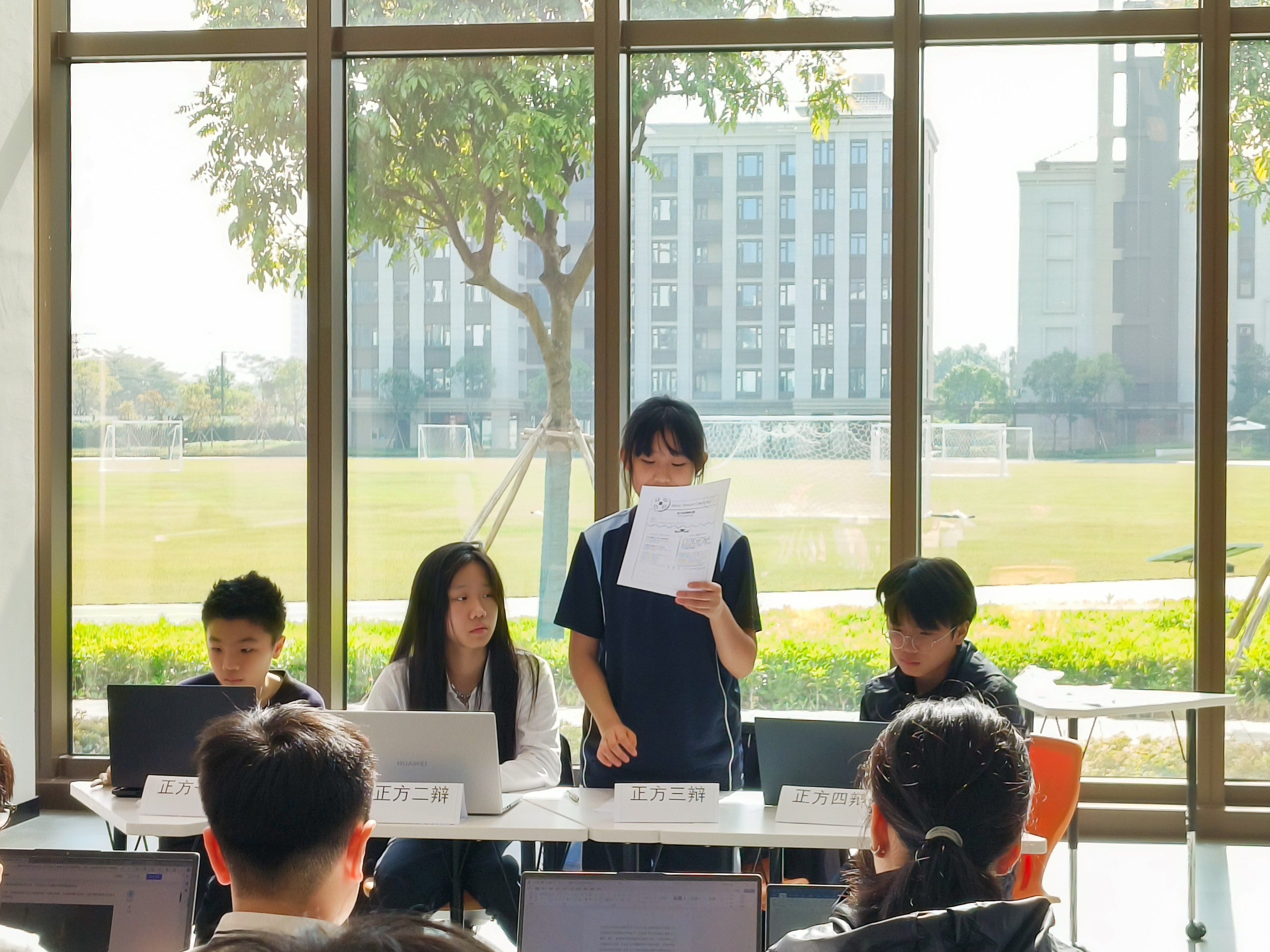
Guided by the teachers, the students worked in groups of each House to investigate the challenges faced by the Mars rover Perseverance and its equipped unmanned helicopters. With the help of the Vex virtual platform, they learnt to program and control the robots to tackle the challenge of surviving in the virtual alien space. After being familiar with drone control and programming, they participated in the Drone Race, Drone Obstacle Score Race and Drone Maze Race. They also built a Vex V5-centred claw robot from scratch and complete the Robot Handling Race. Students interested in data science also used the online data analysis tools they had mastered in their IT classes to visualise open data related to Mars and Earth, such as Martian weather data obtained by the Perseverance rover.
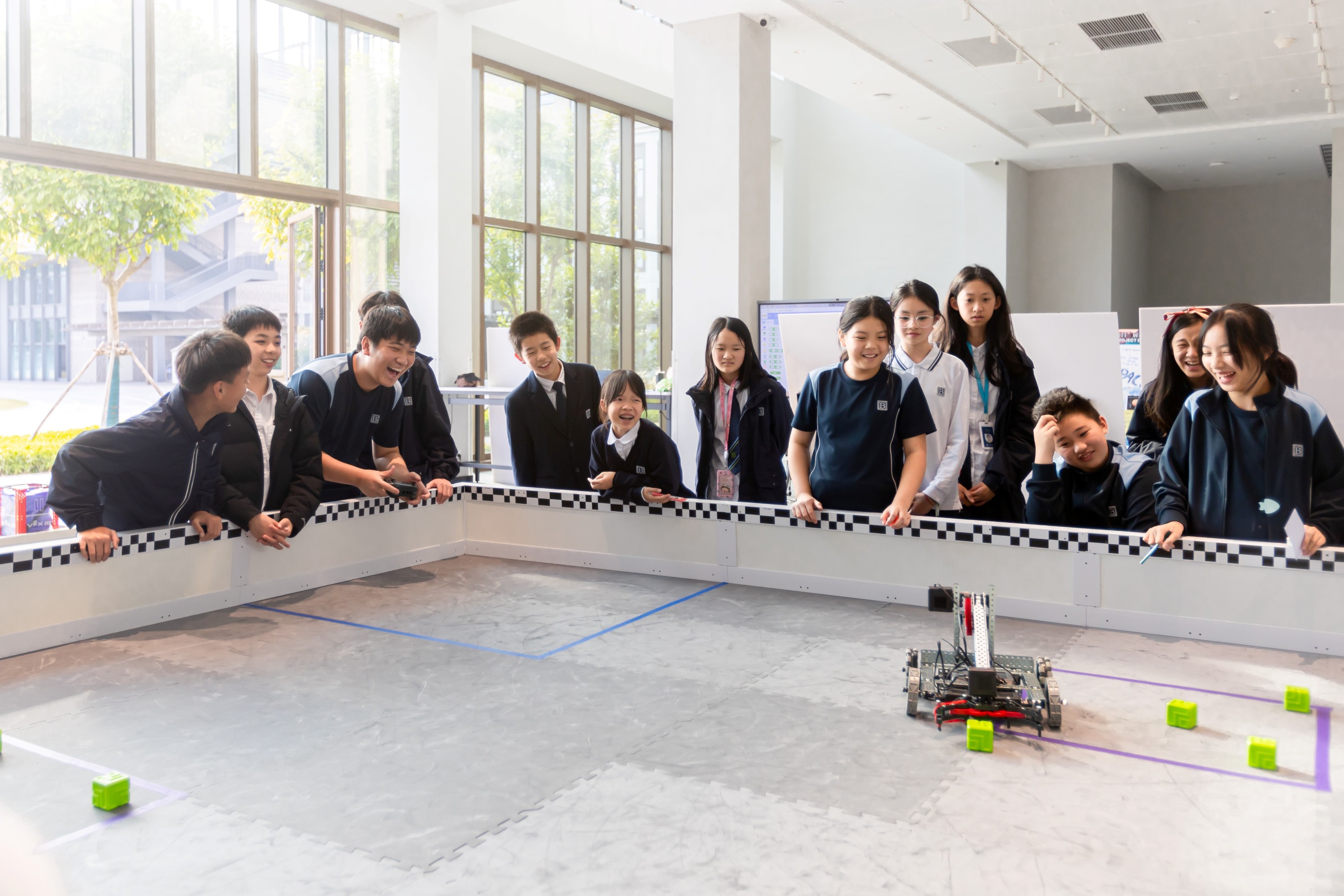
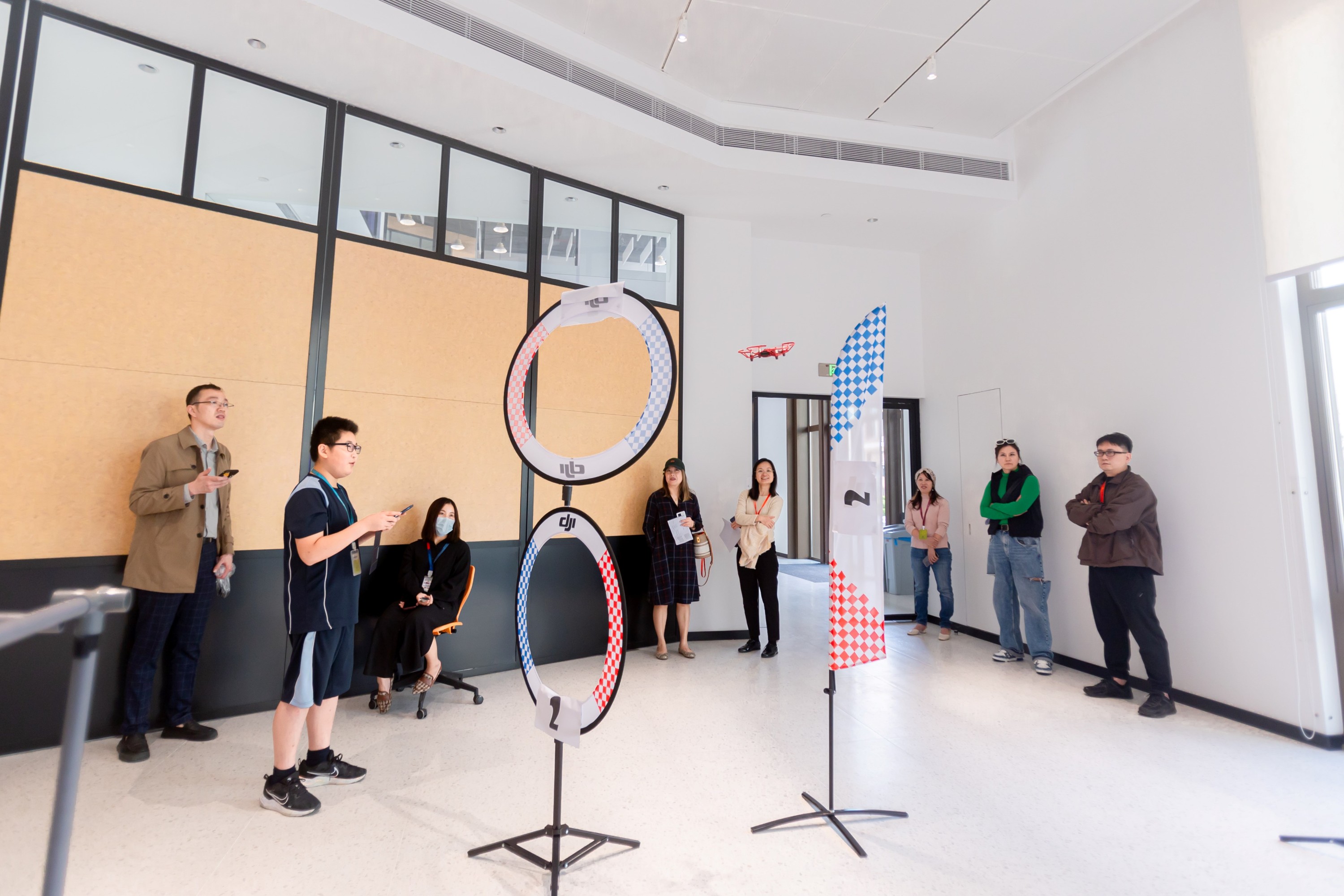
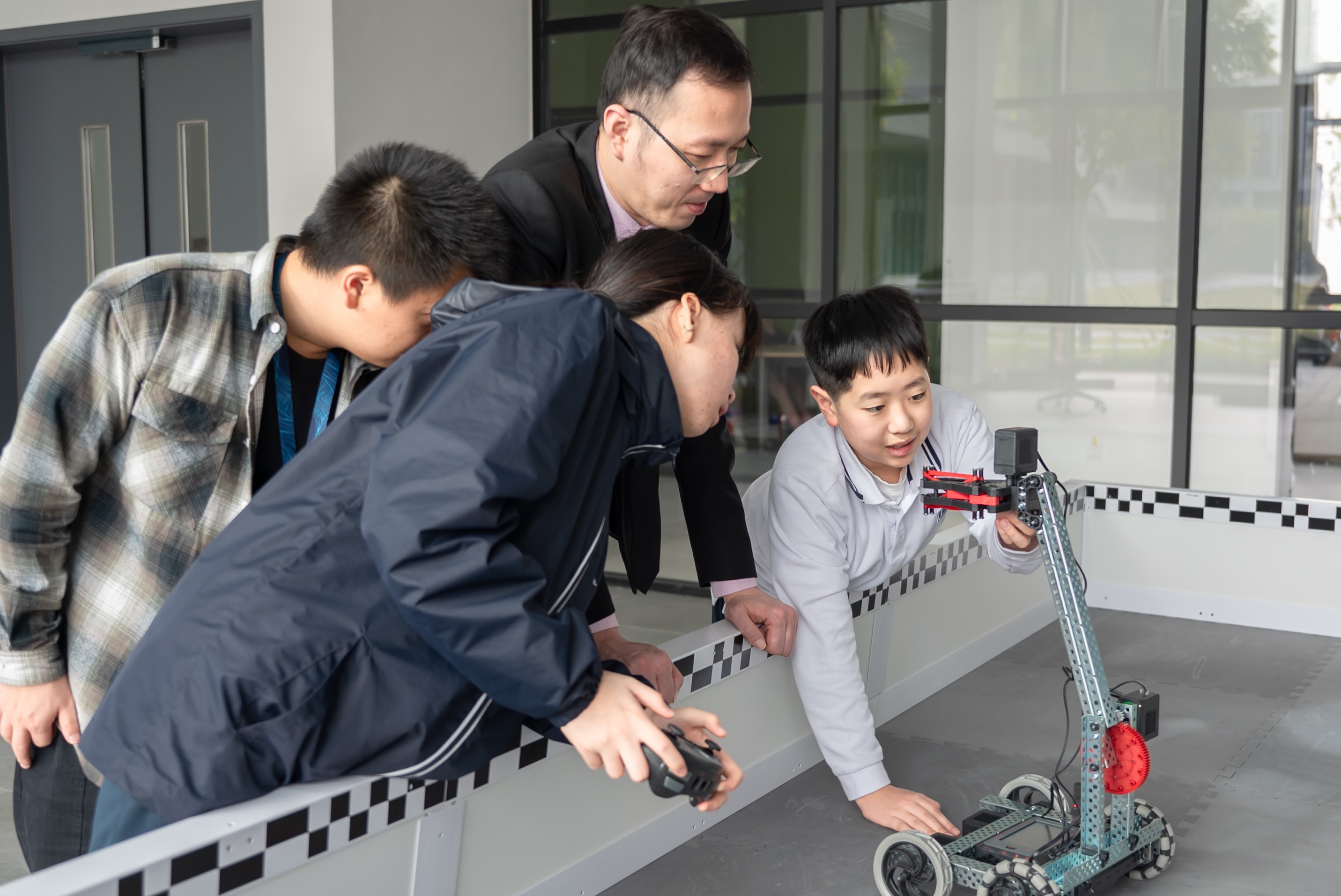
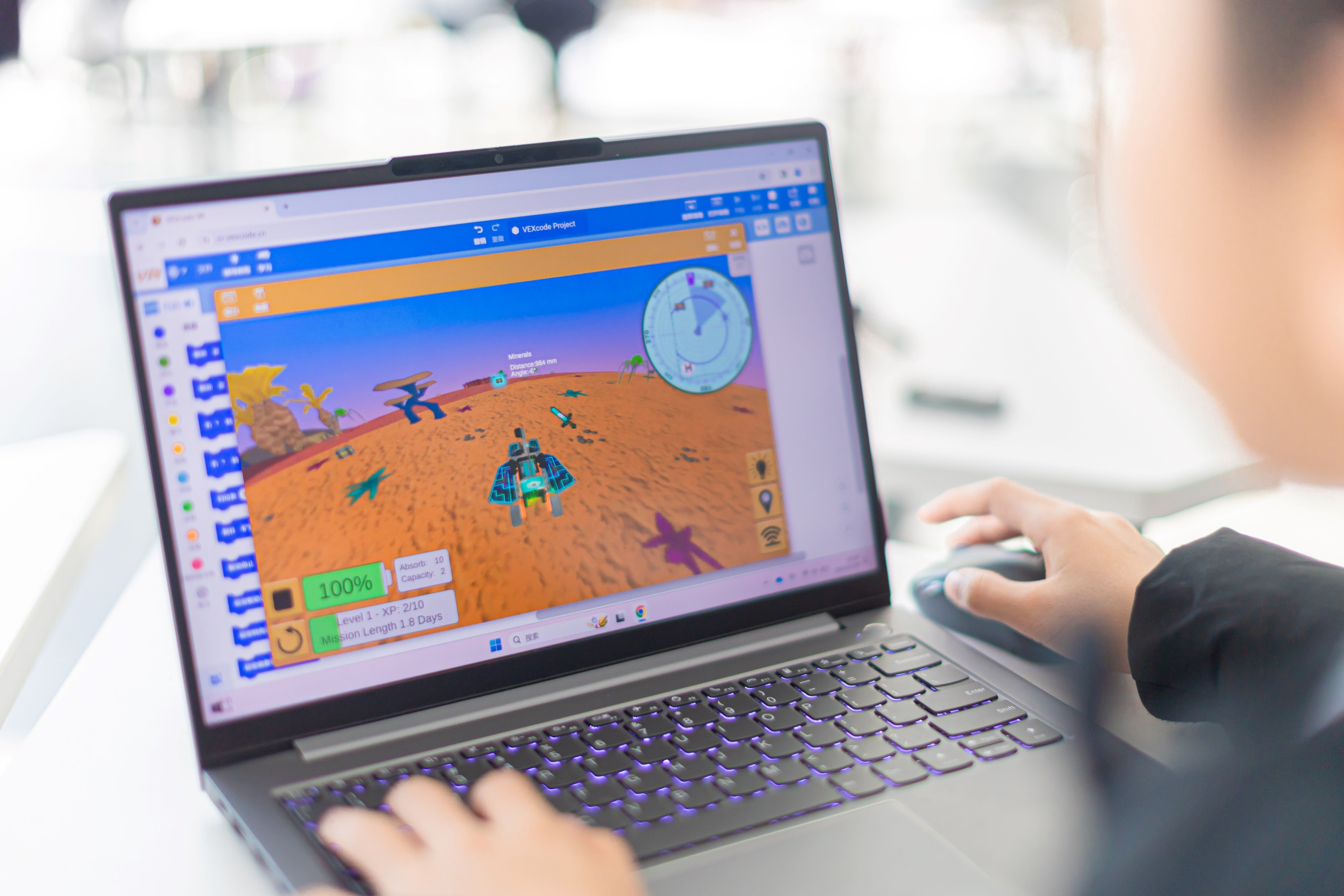
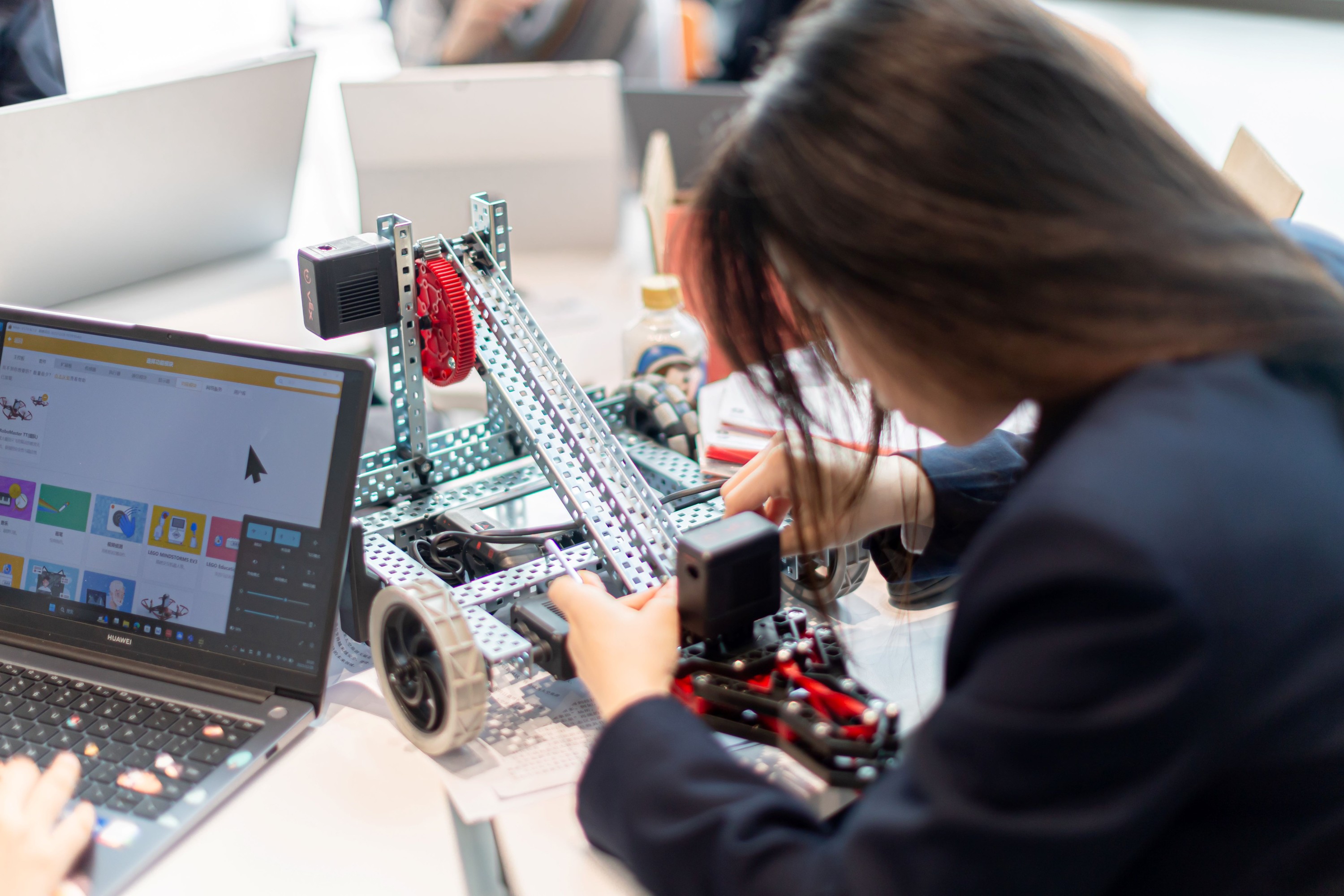
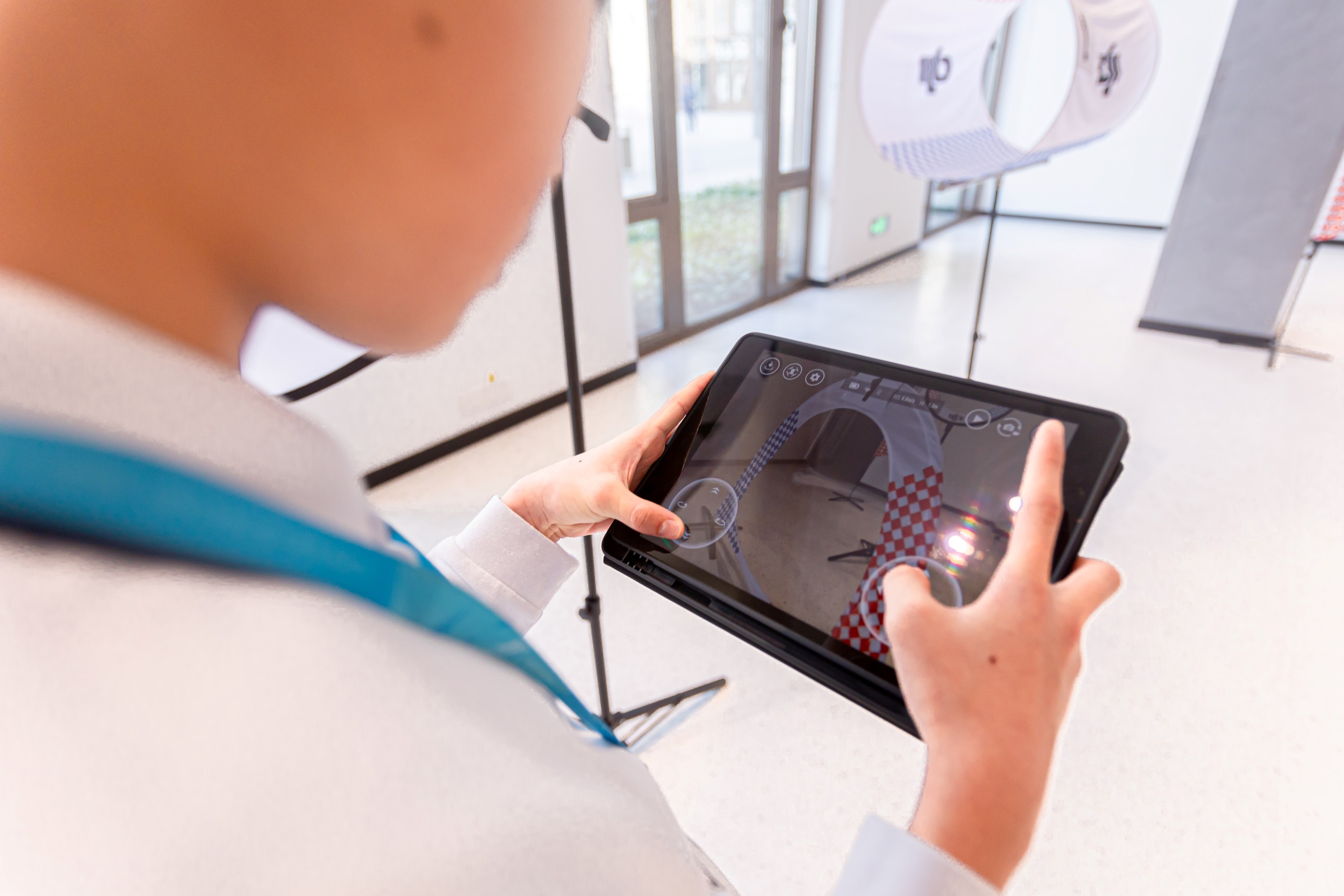
Study-away Trips
BBSG demonstrated ‘Where classroom meets the real world’ in the Enquiry Week activities. Teachers led all students out of the classroom and extended the theme activities outside the school, embarking on a rewarding study journey.
Primary School students visited the Guangdong Science Centre, where they got a closer look at the robots and new energy trams, experienced weightlessness on the moon, and felt centrifugal force and acceleration on centrifugal rotating chairs. Popular science experiences and interactive practices allowed them to broaden their knowledge of basic and applied sciences that are closely related to the enquiry theme, and inspired them to explore the mysteries of science and engineering solutions.
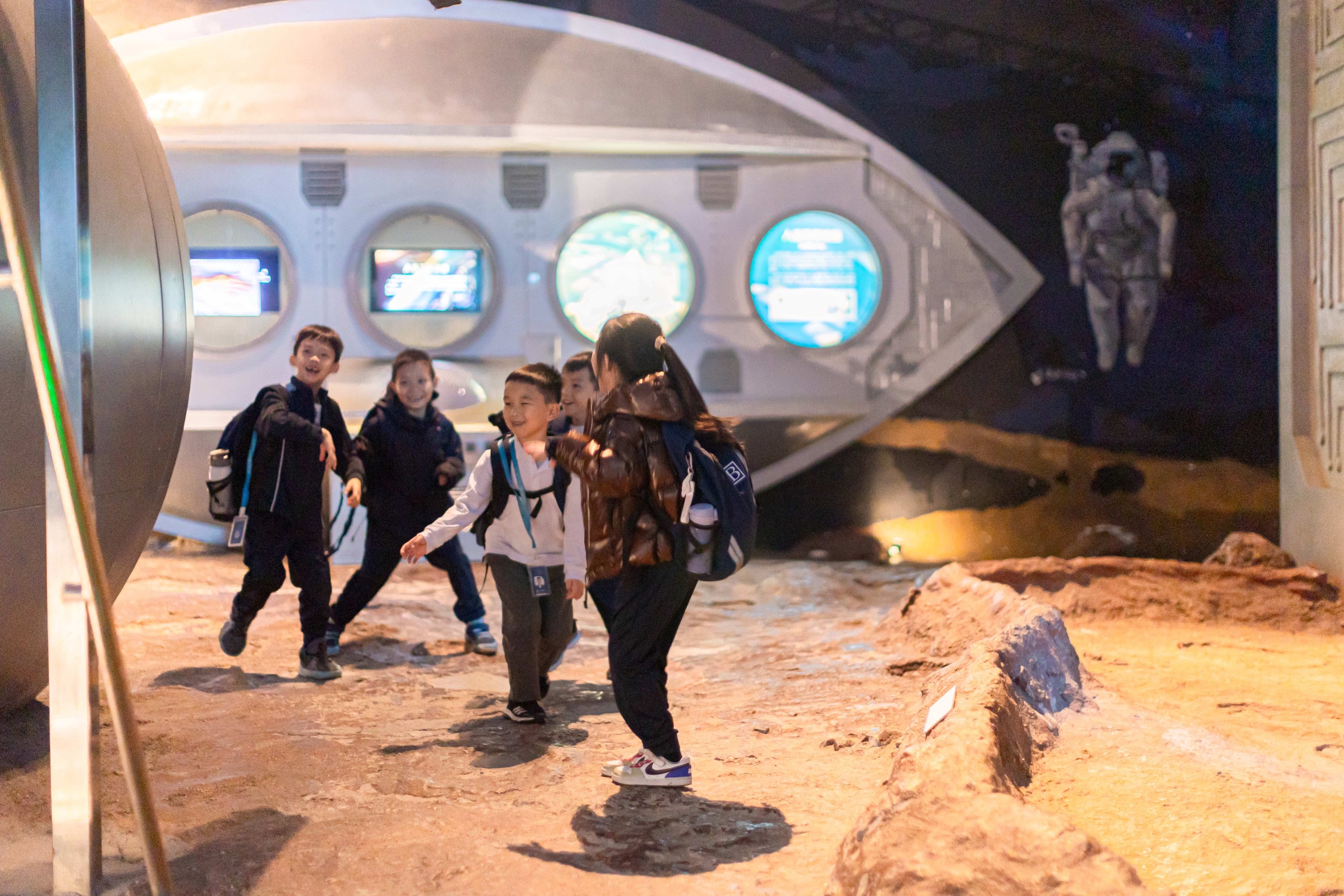
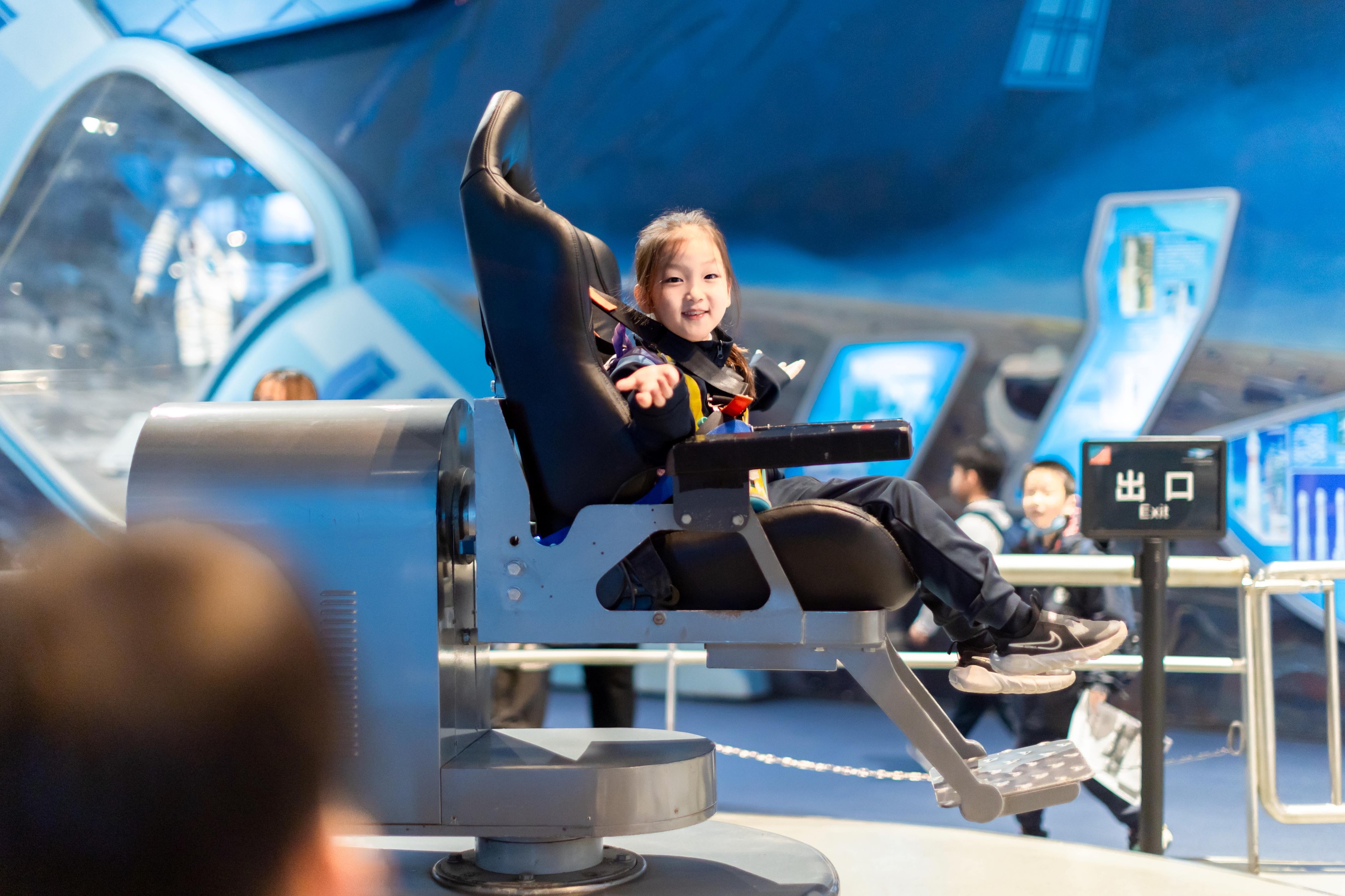
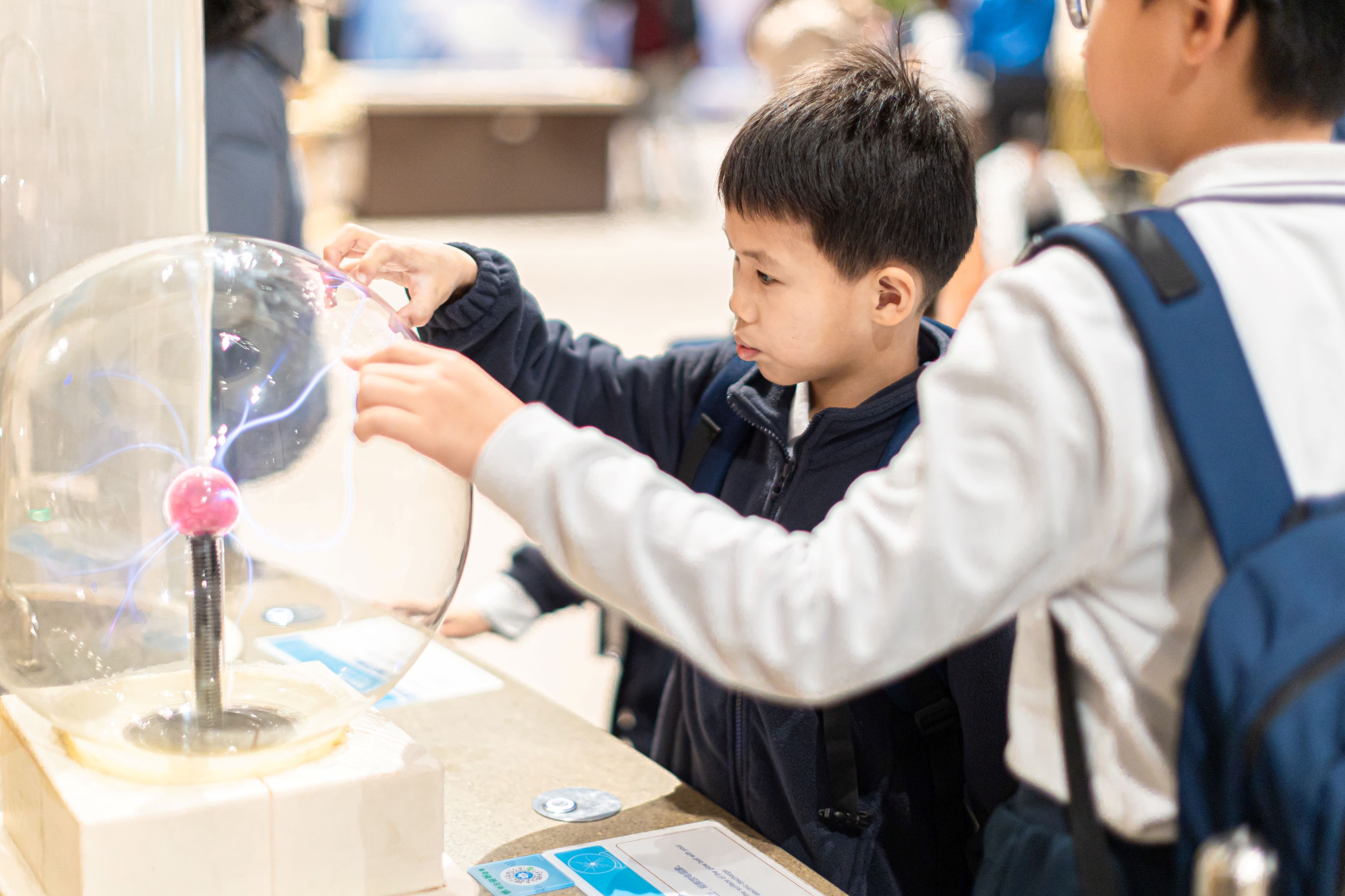
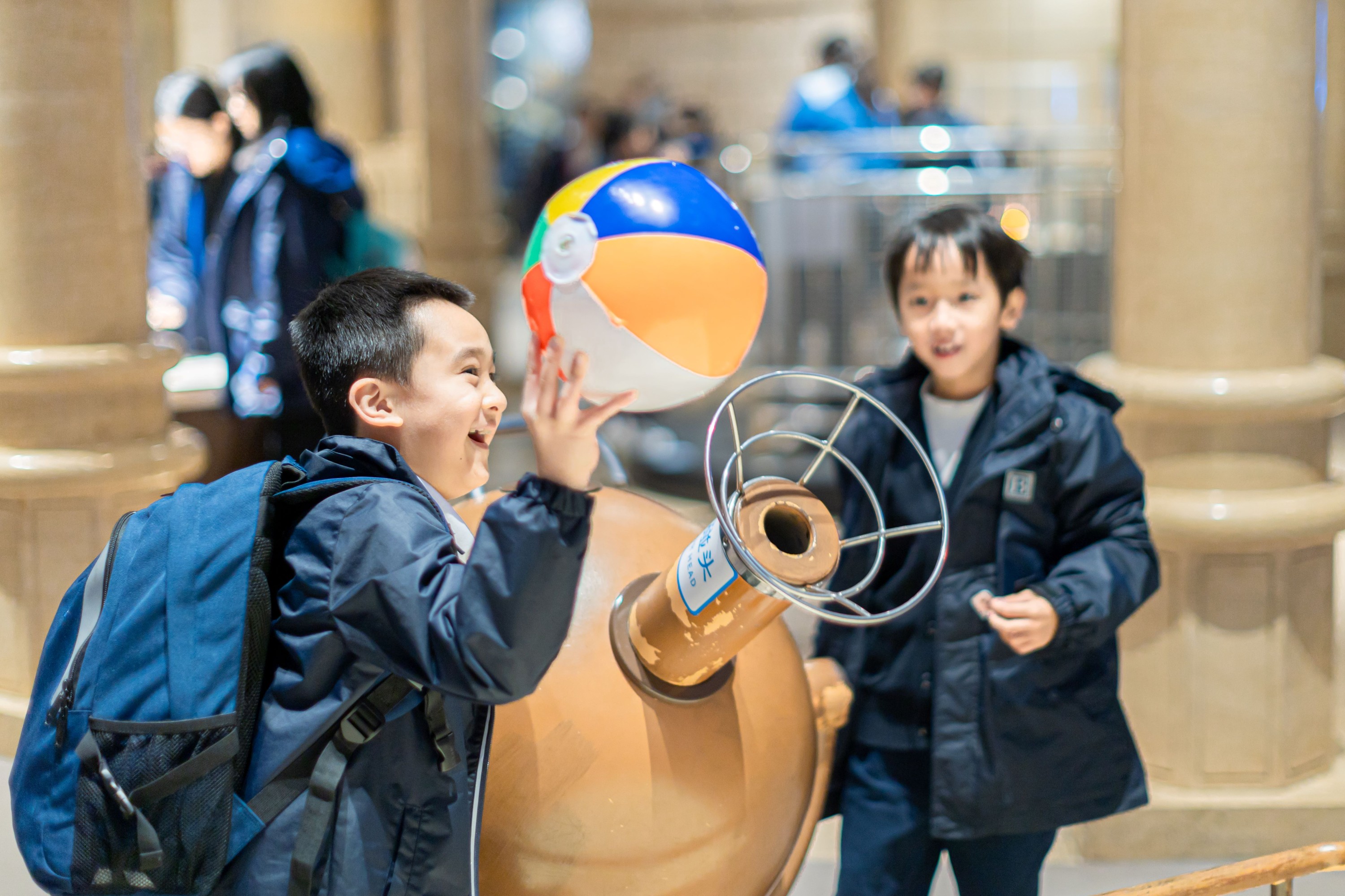
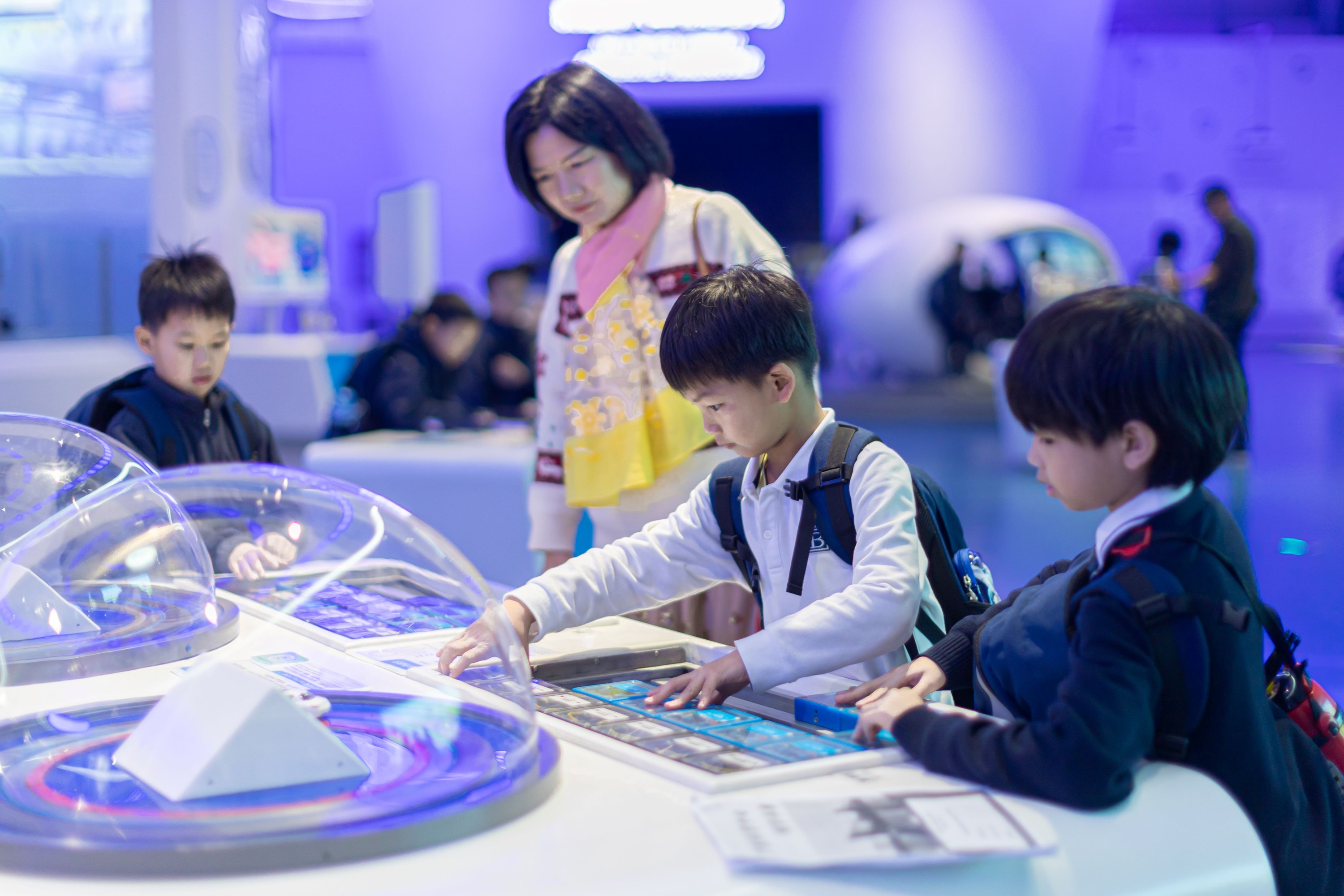
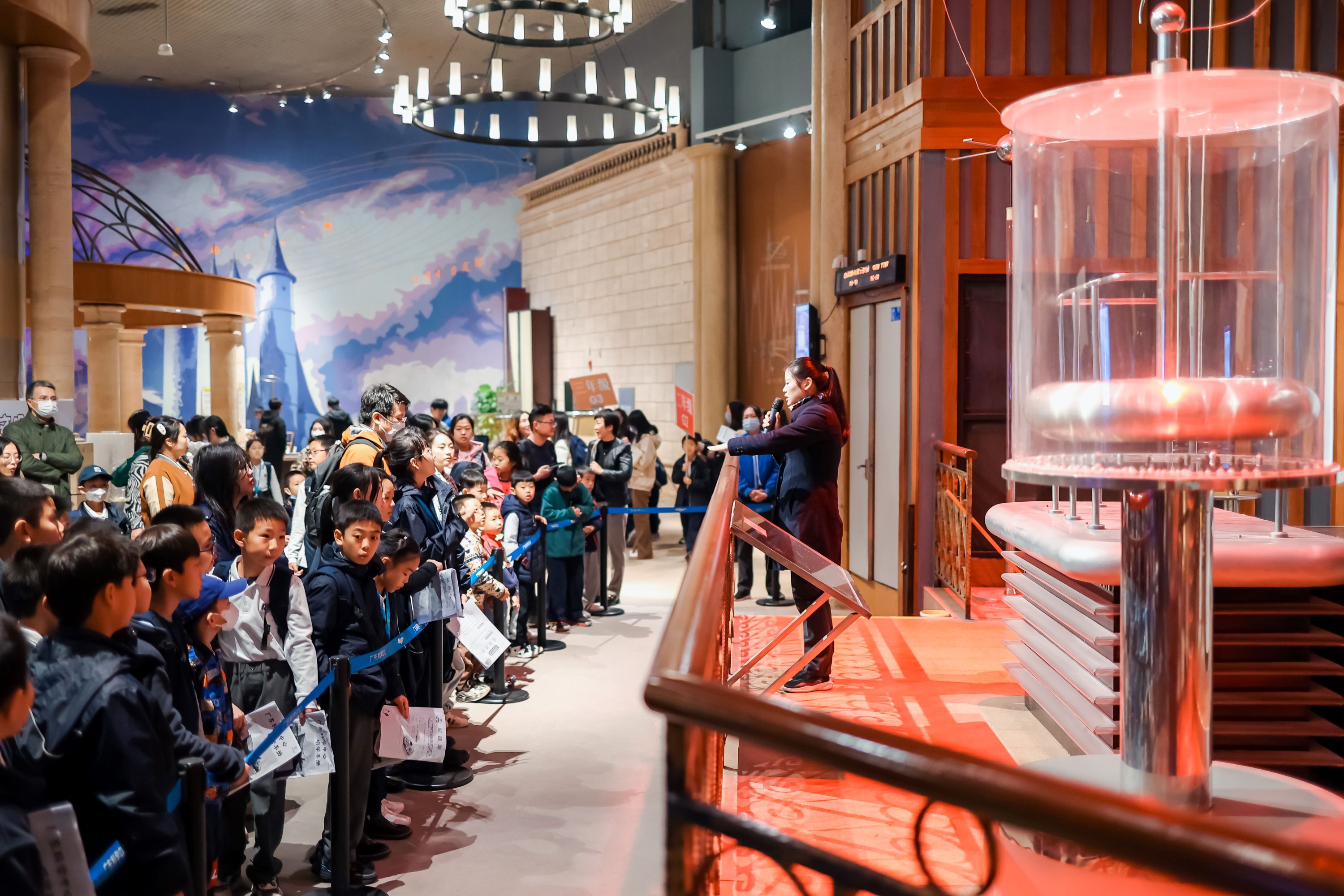
Junior Secondary School students explored the modern healthcare system. Prior to the study-away trip, Dr. Chen Tao from the Haematology and Oncology Department and Dr. Alina Ayoufu from the Anesthesiology Department of Guangzhou R&F Hospital were invited to share their stories and career path, providing an in-depth insight into the profession of doctor.
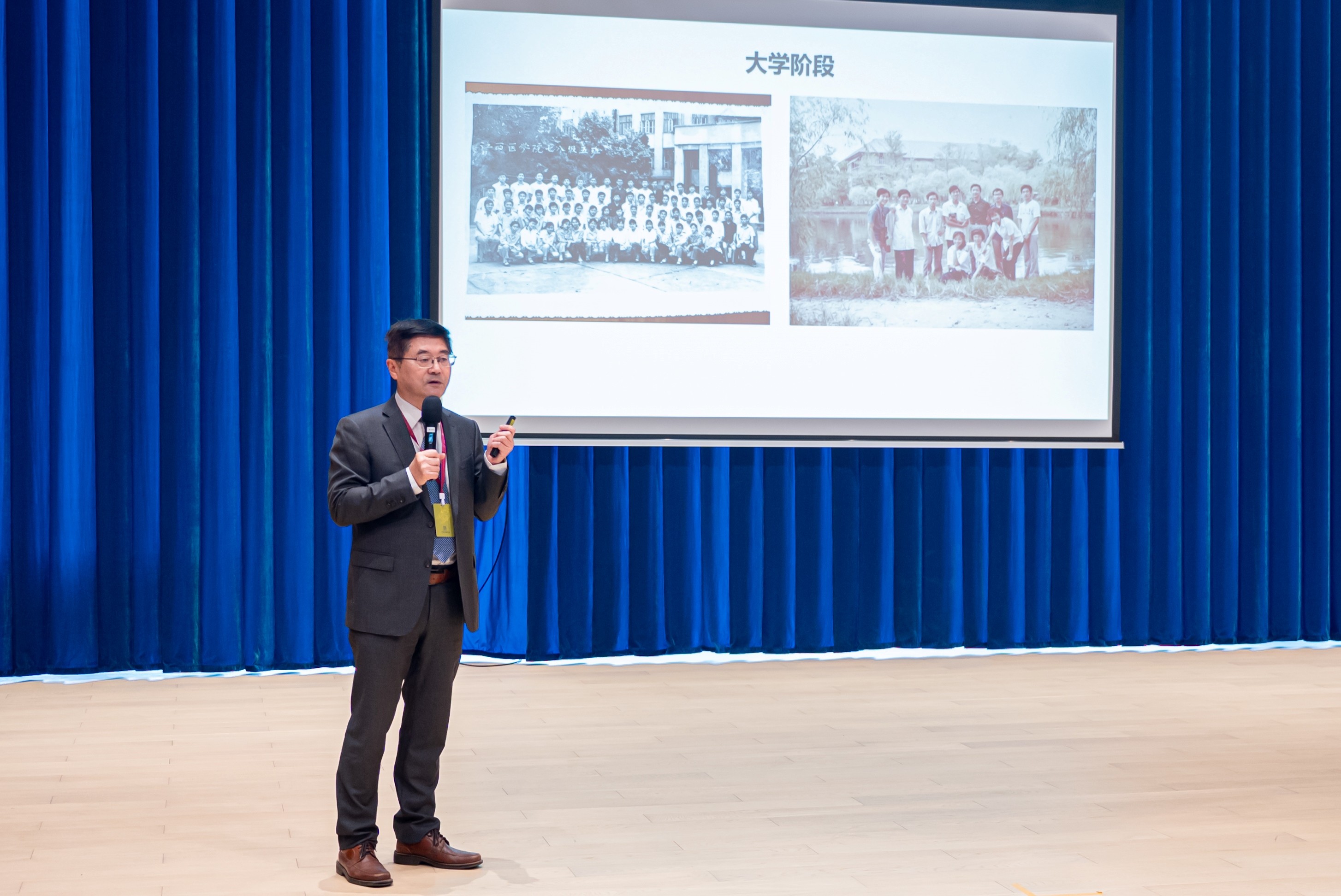
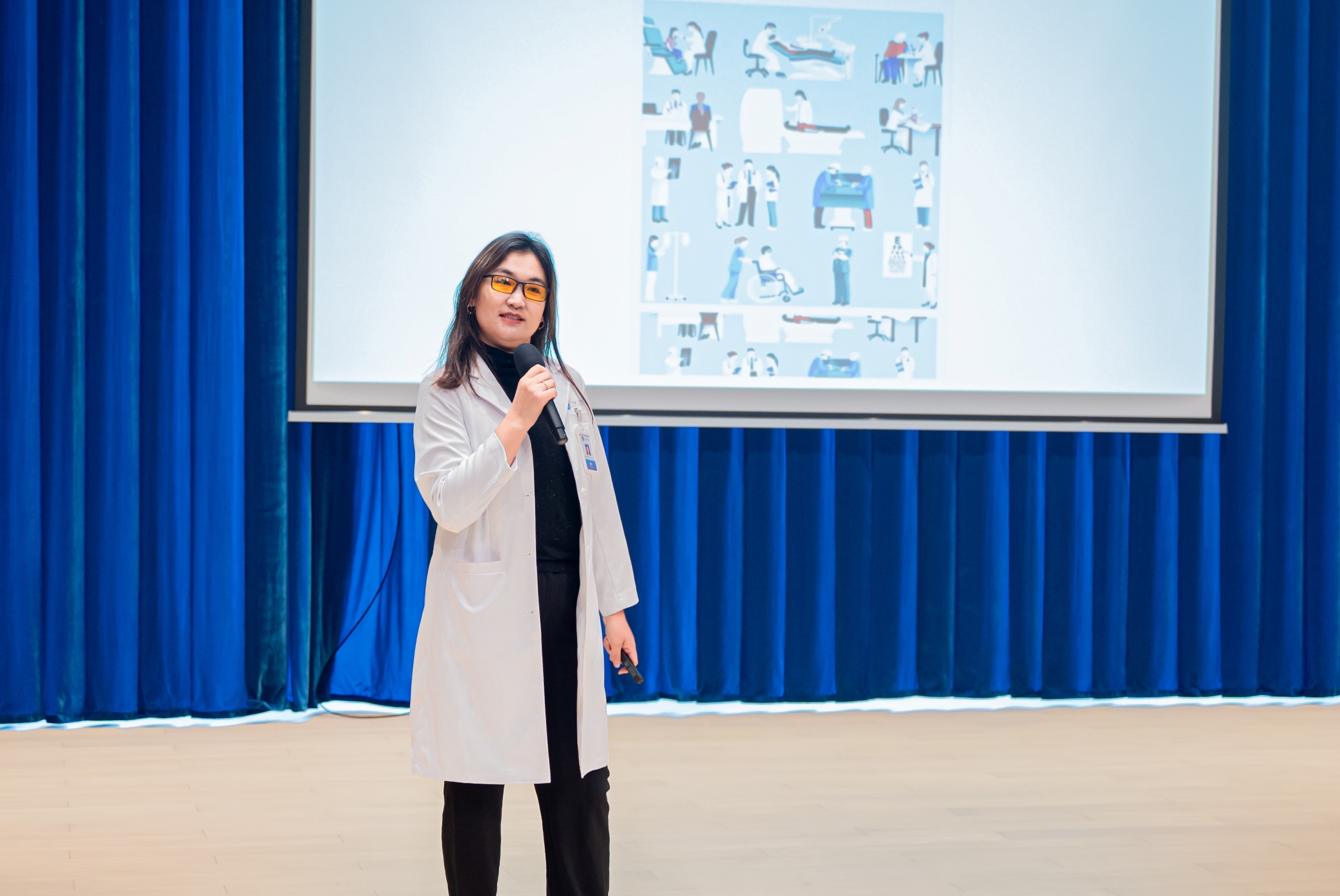
Afterwards, the students visited the hospital to see the working environment and learnt how to achieve and ensure human-centred care, barrier-free design and aseptic treatment in terms of building façade design, internal structural design, engineering design and process design. Thus, they were inspired to design a healthcare system that is compatible with the Mars Migration Project.
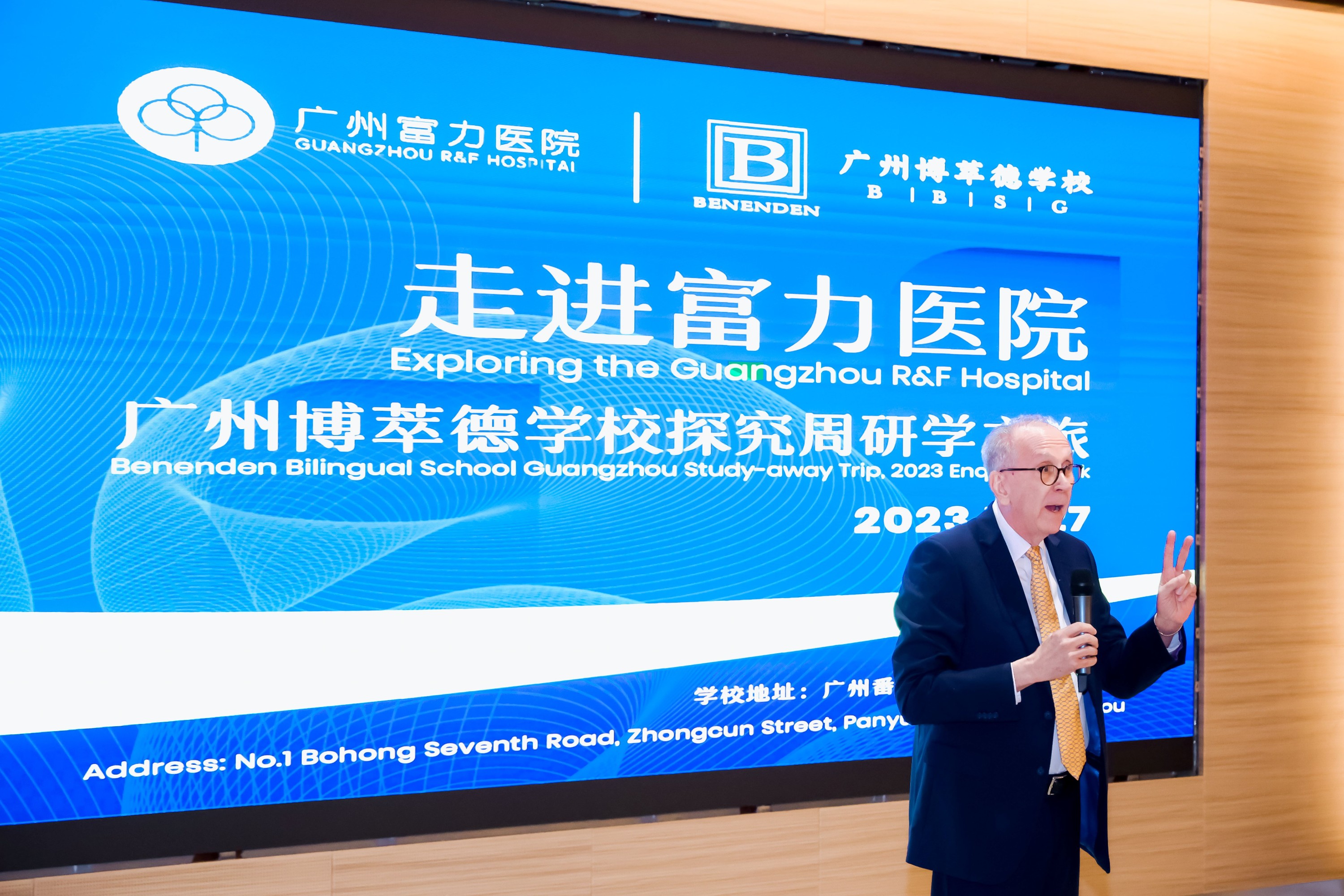
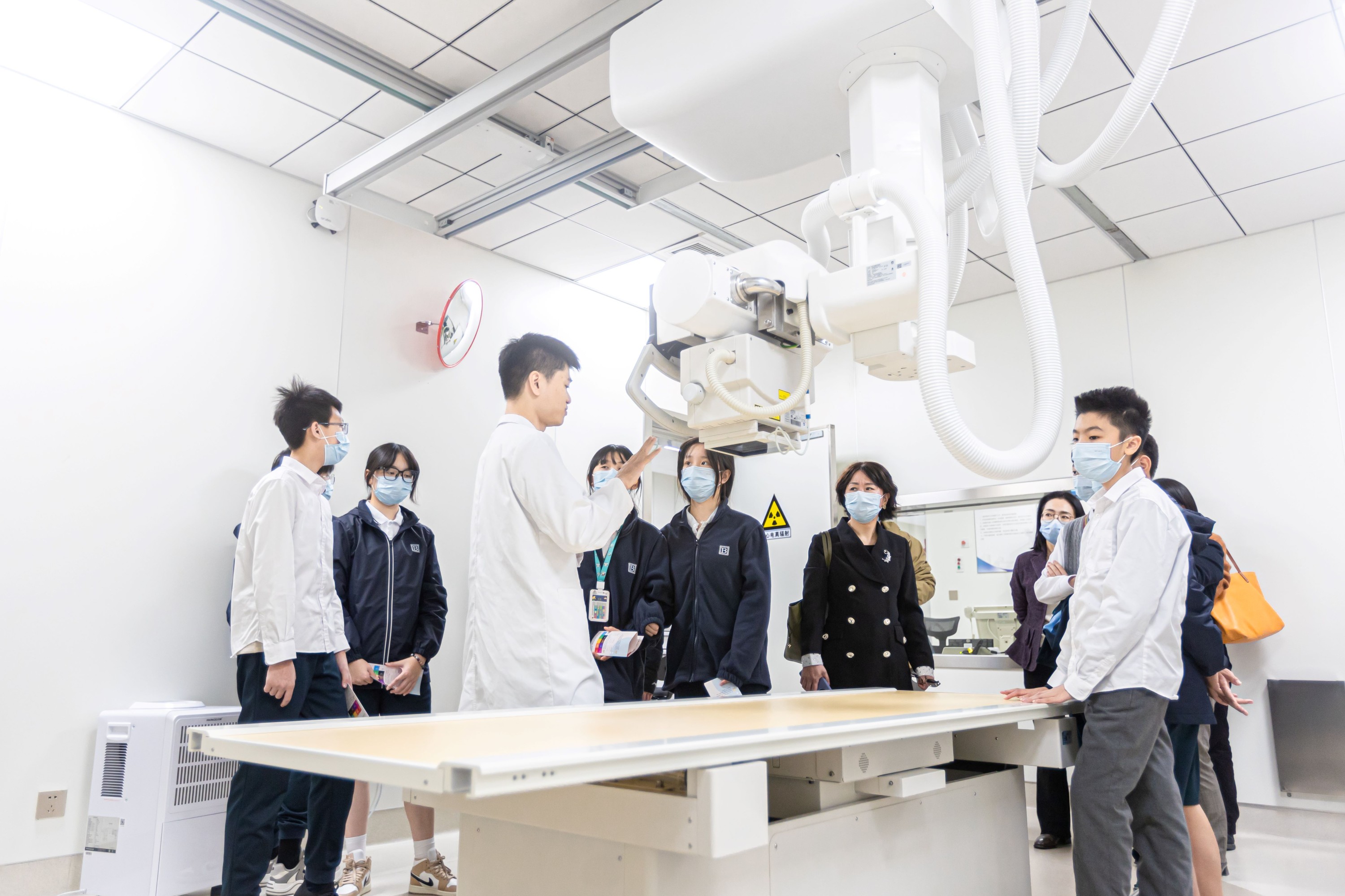
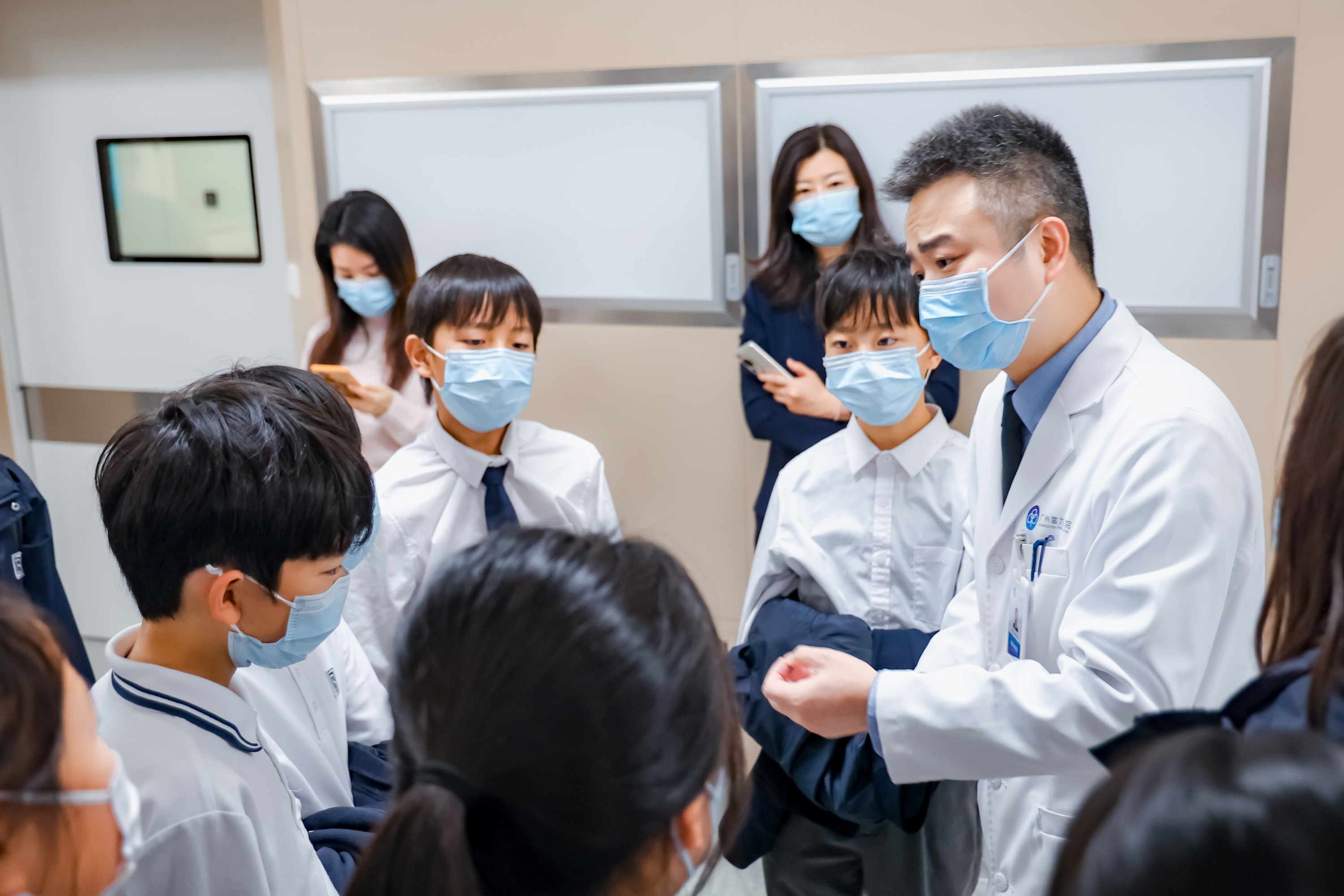
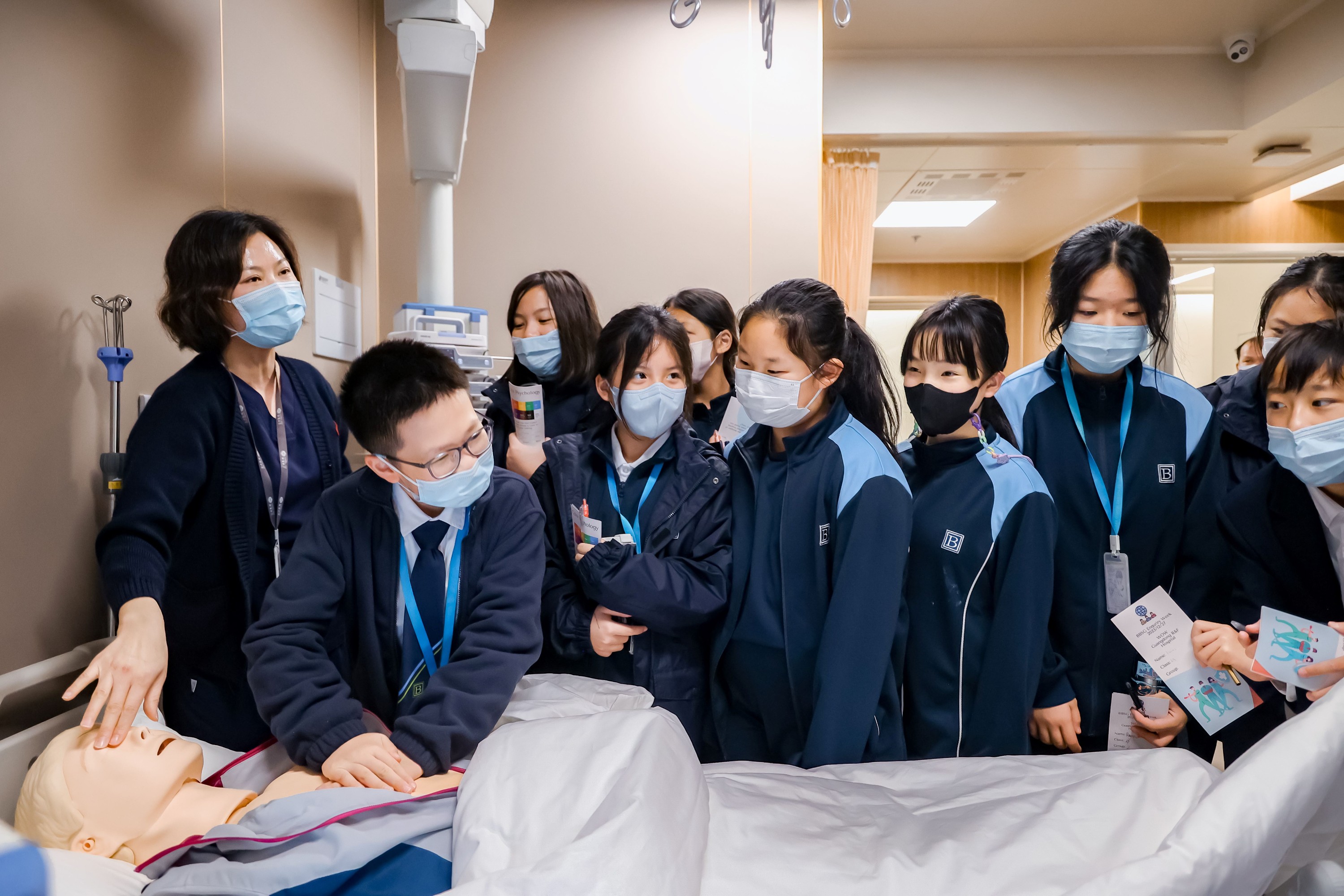
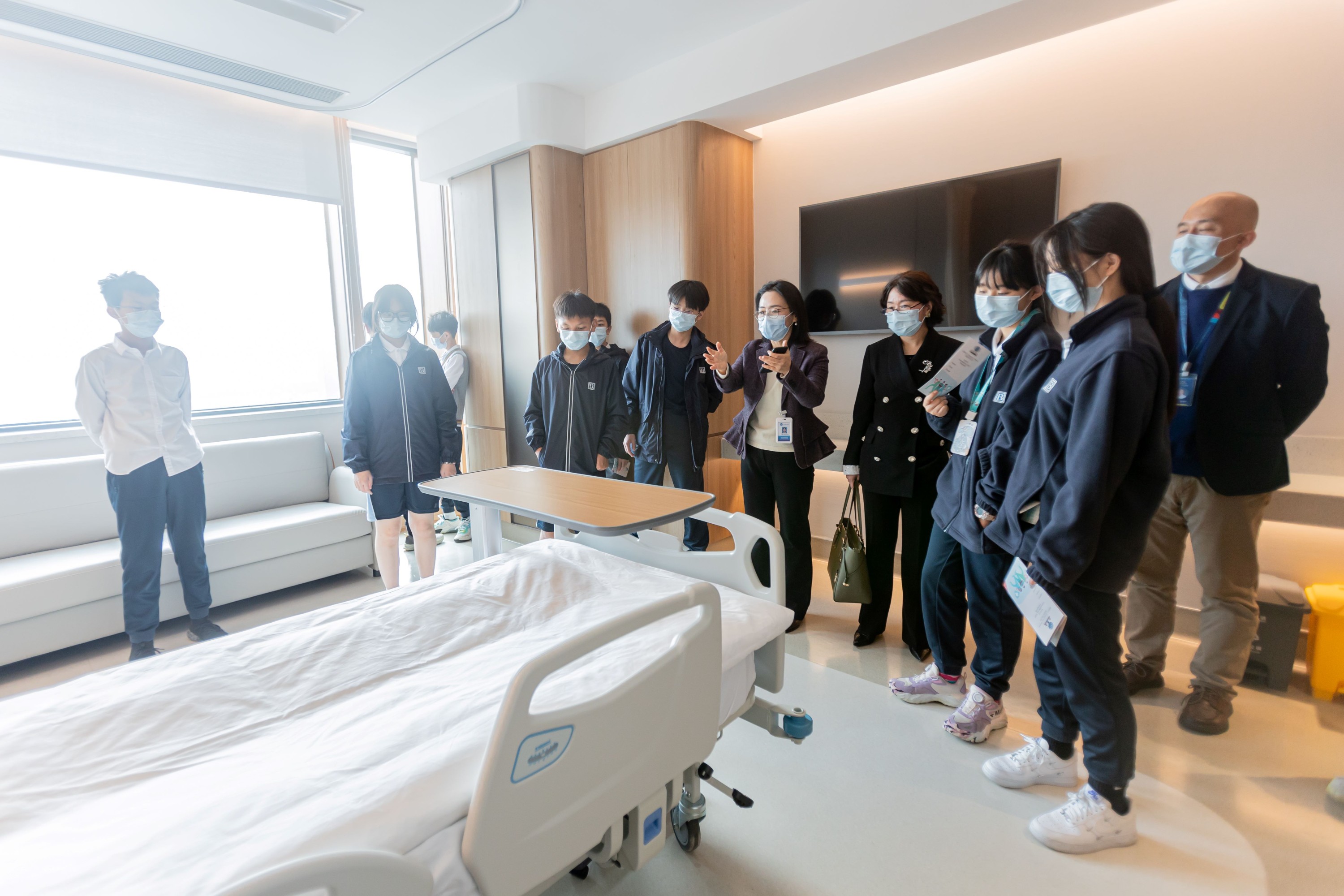
After an intensive week, the BBSG students demonstrated their ability to integrate and apply interdisciplinary knowledge, creativity and innovation, teamwork and cooperation, as well as their bold vision of Mars migration. The groups were awarded the "Best Teamwork Award", "Best Group Creativity Award", "Best Group Adaptability Award", "Best Cohesion Team Award", etc, respectively. The students also won points for their respective Houses before the first Enquiry Week came to a fruitful end.
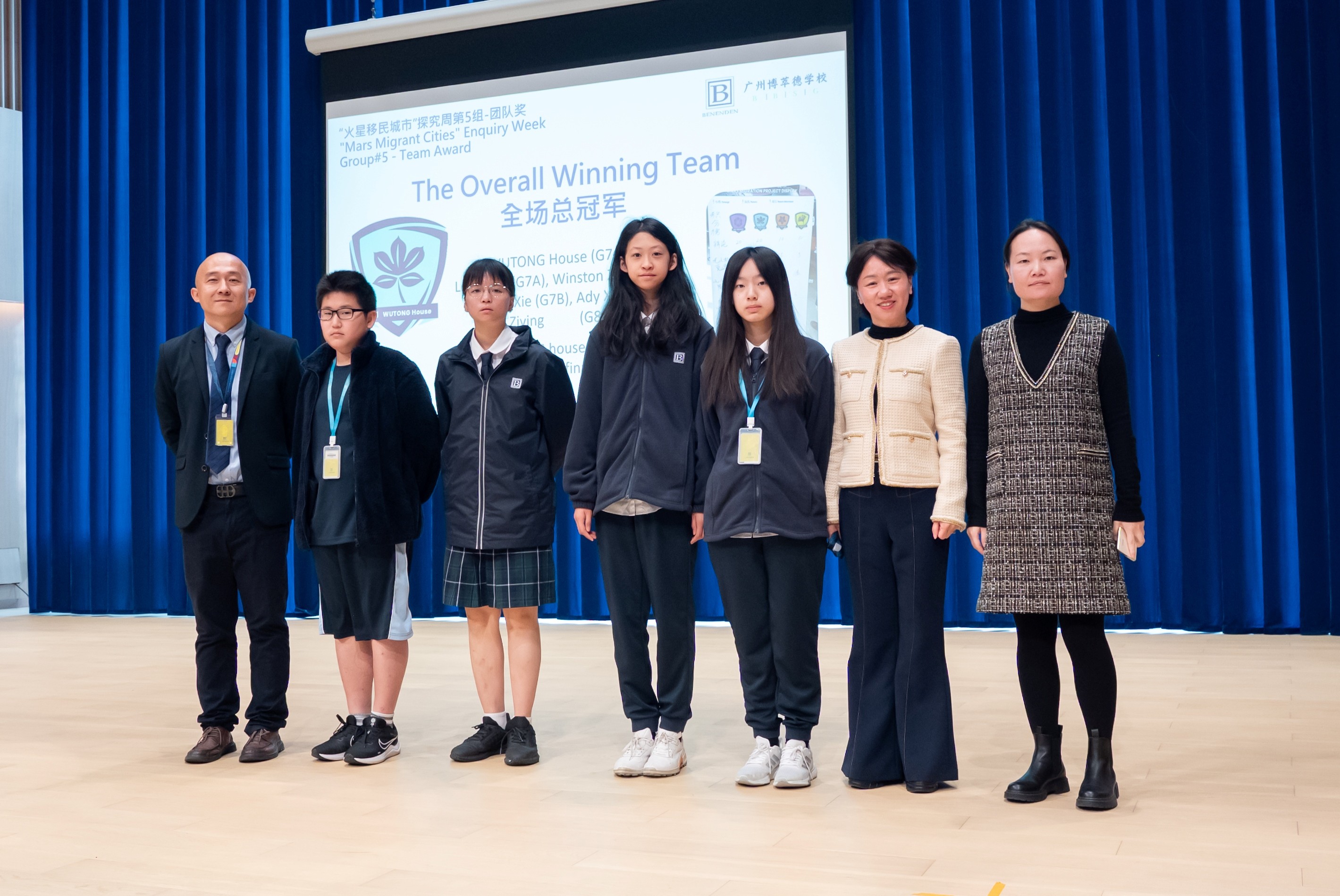
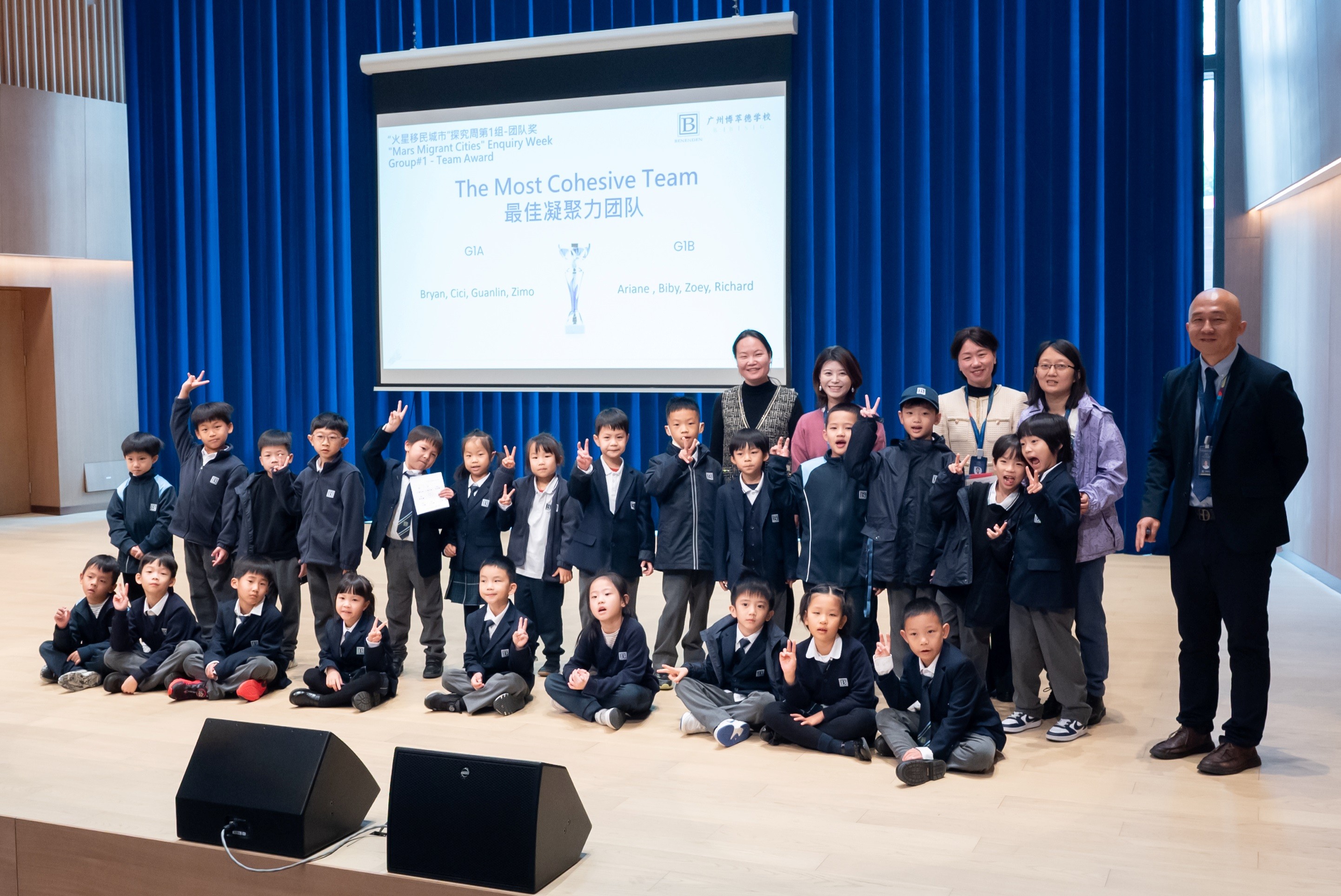
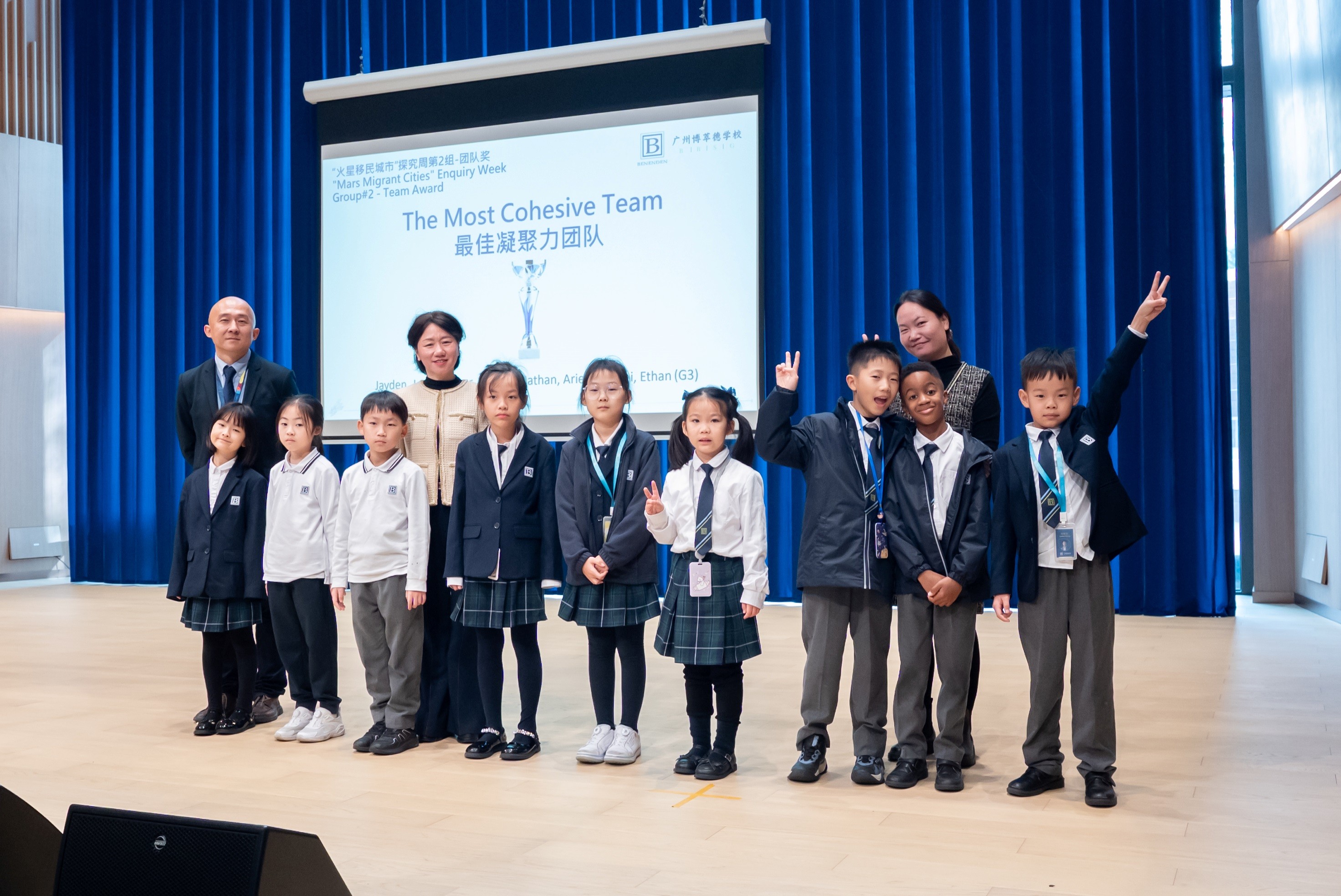
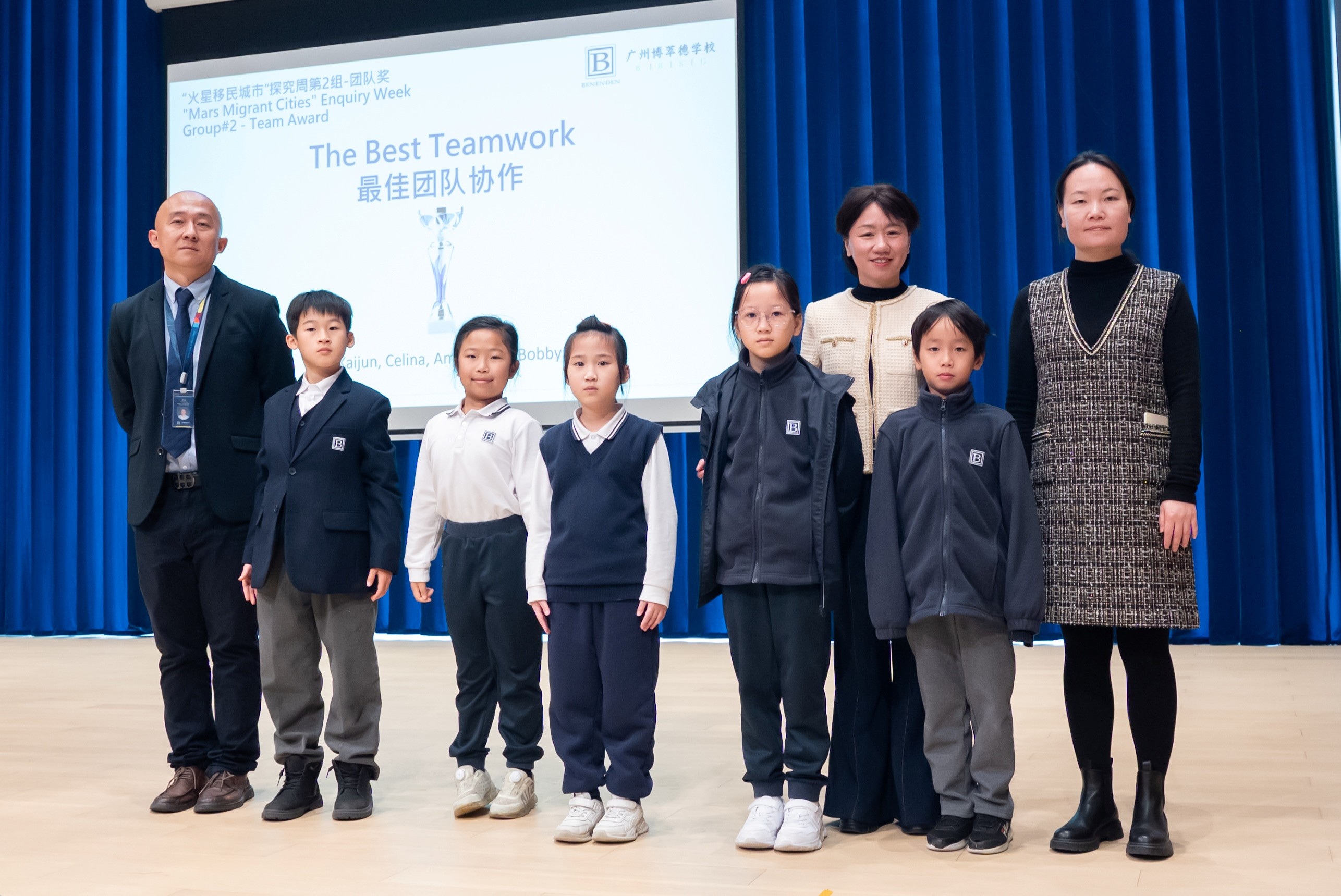
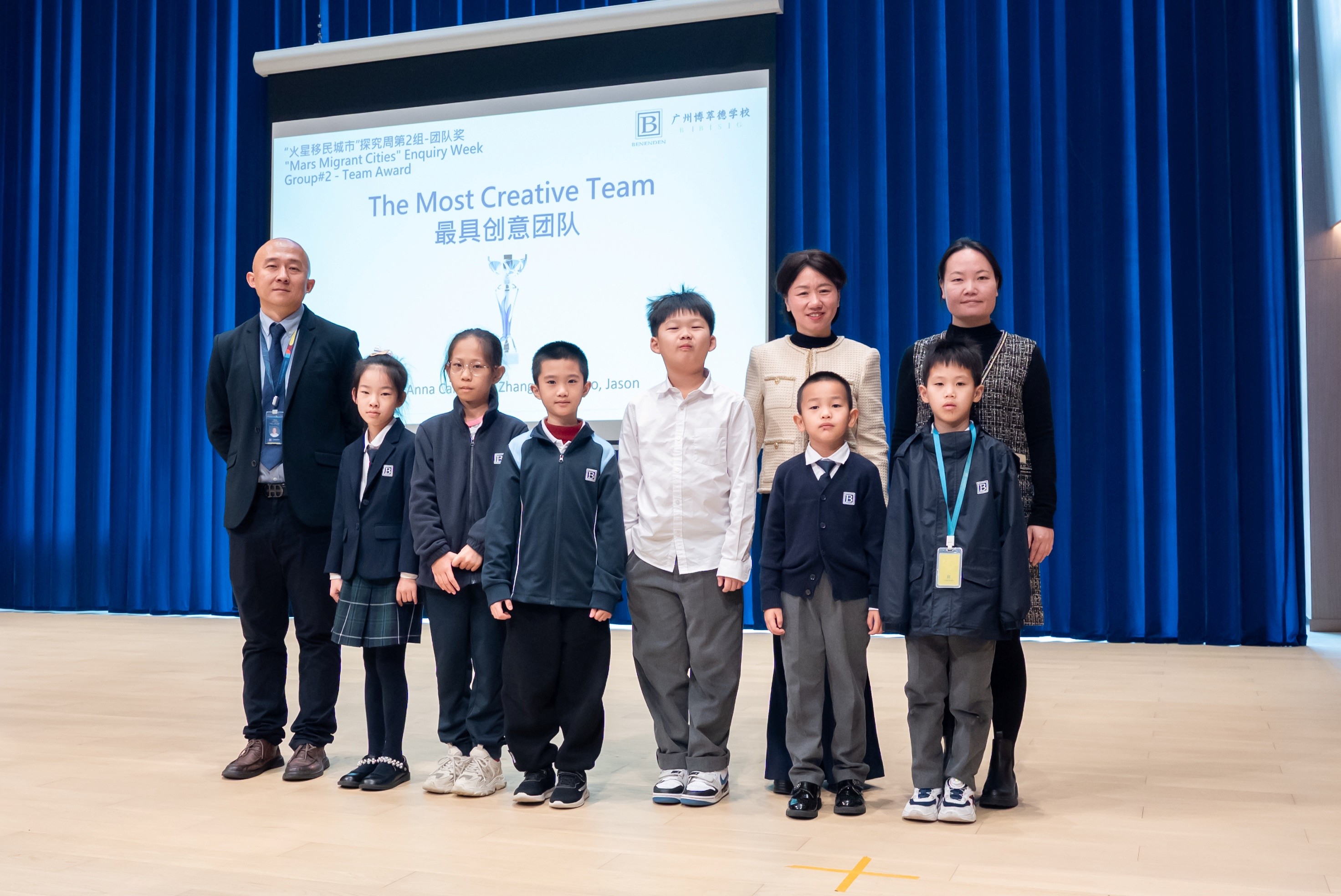
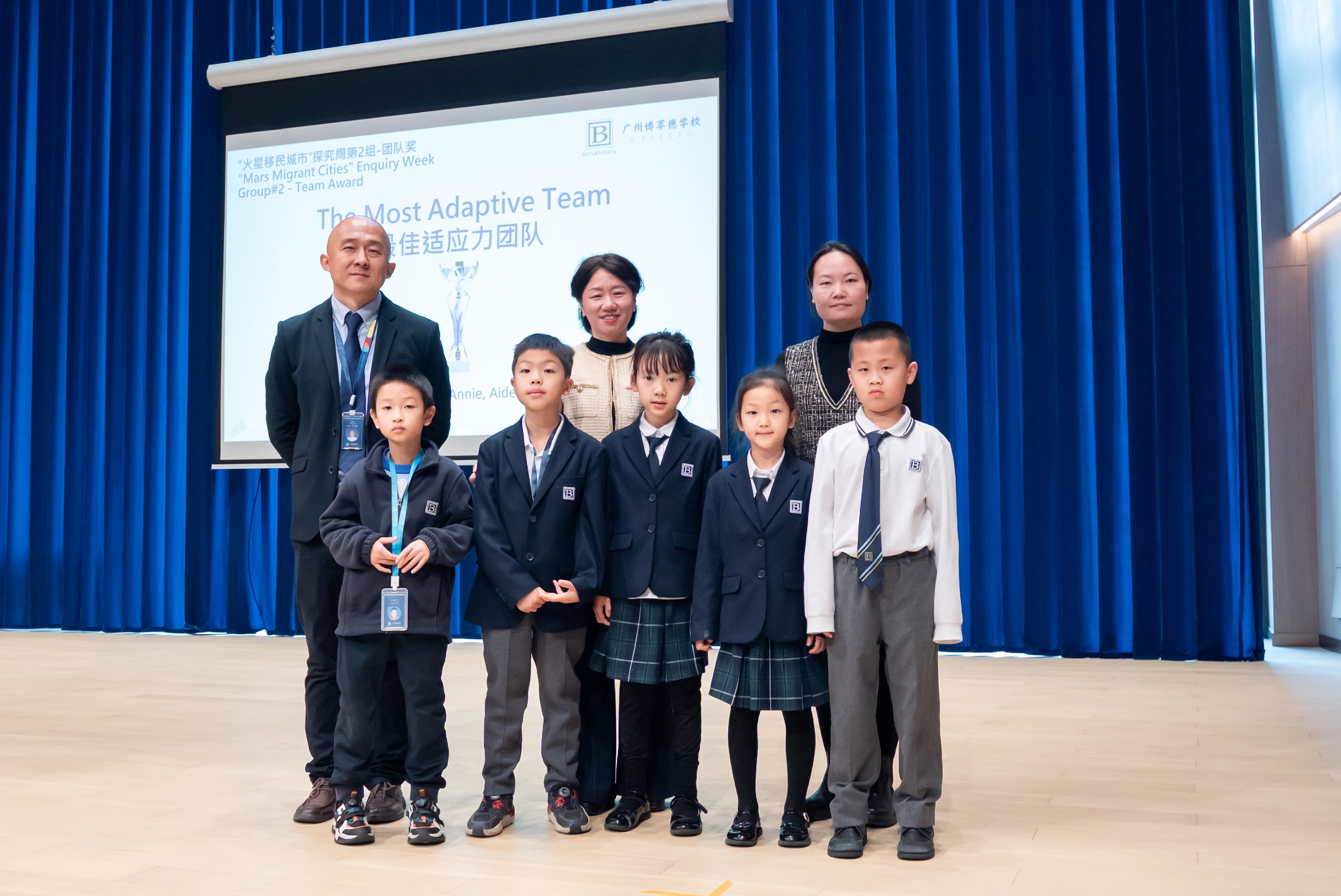
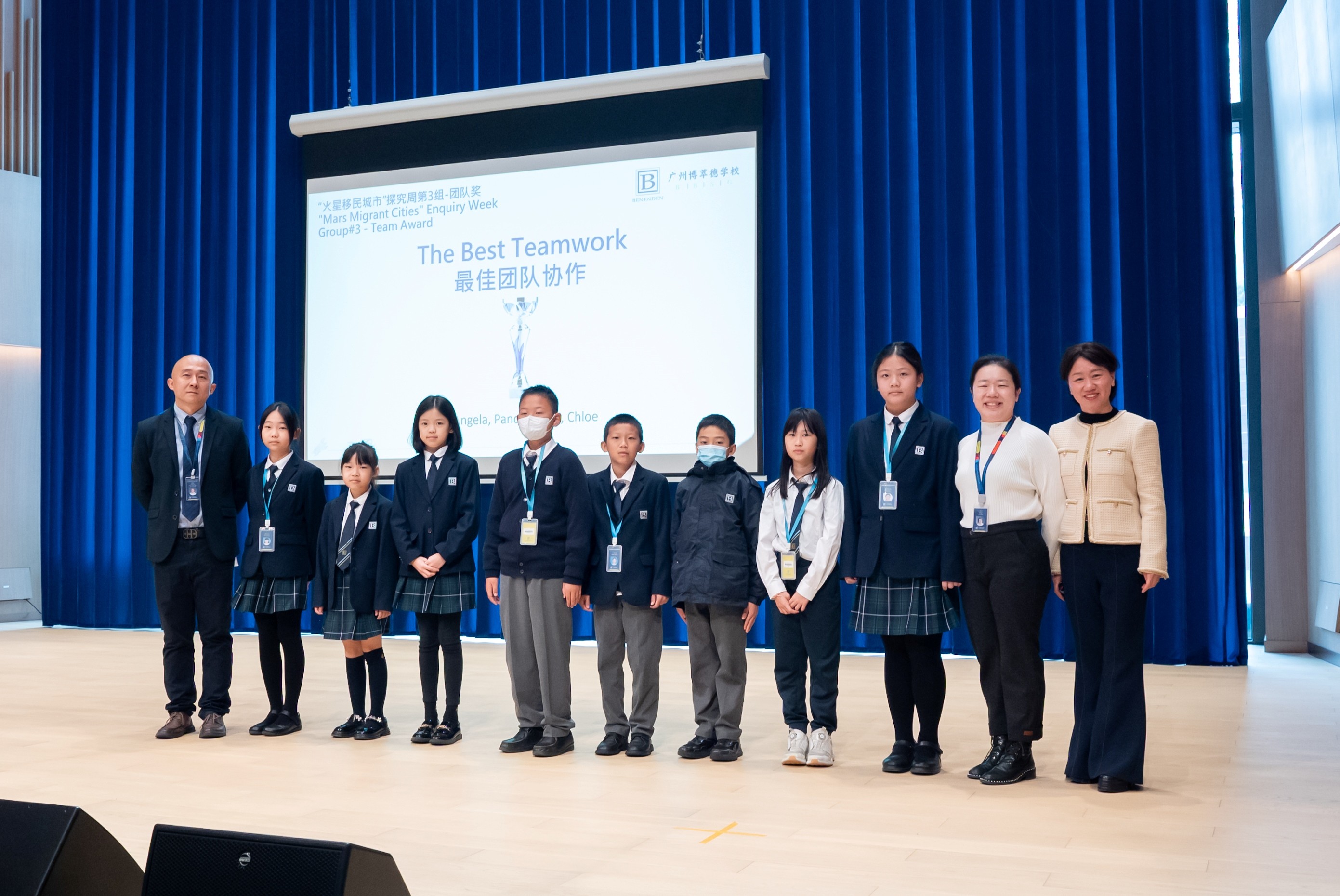
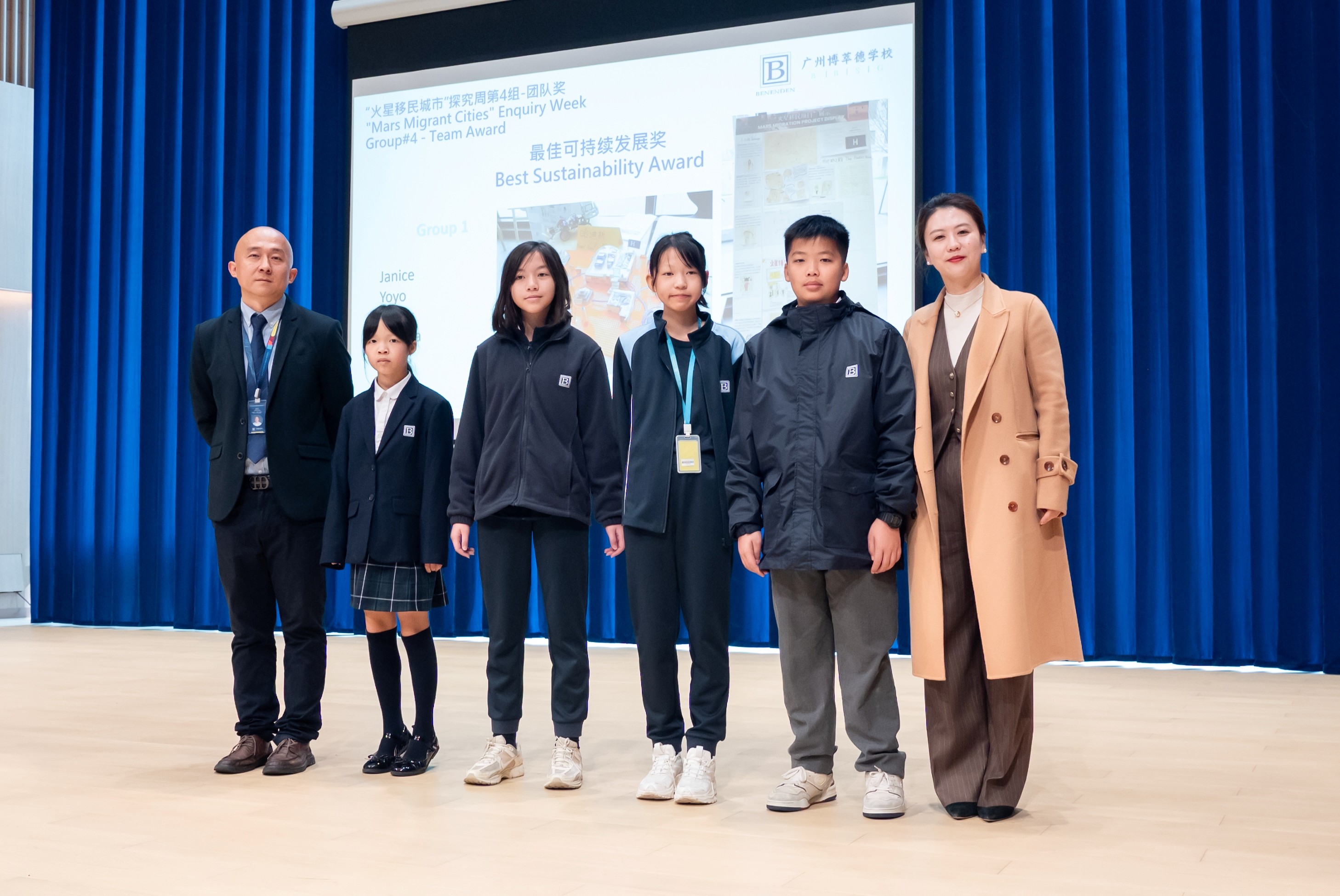
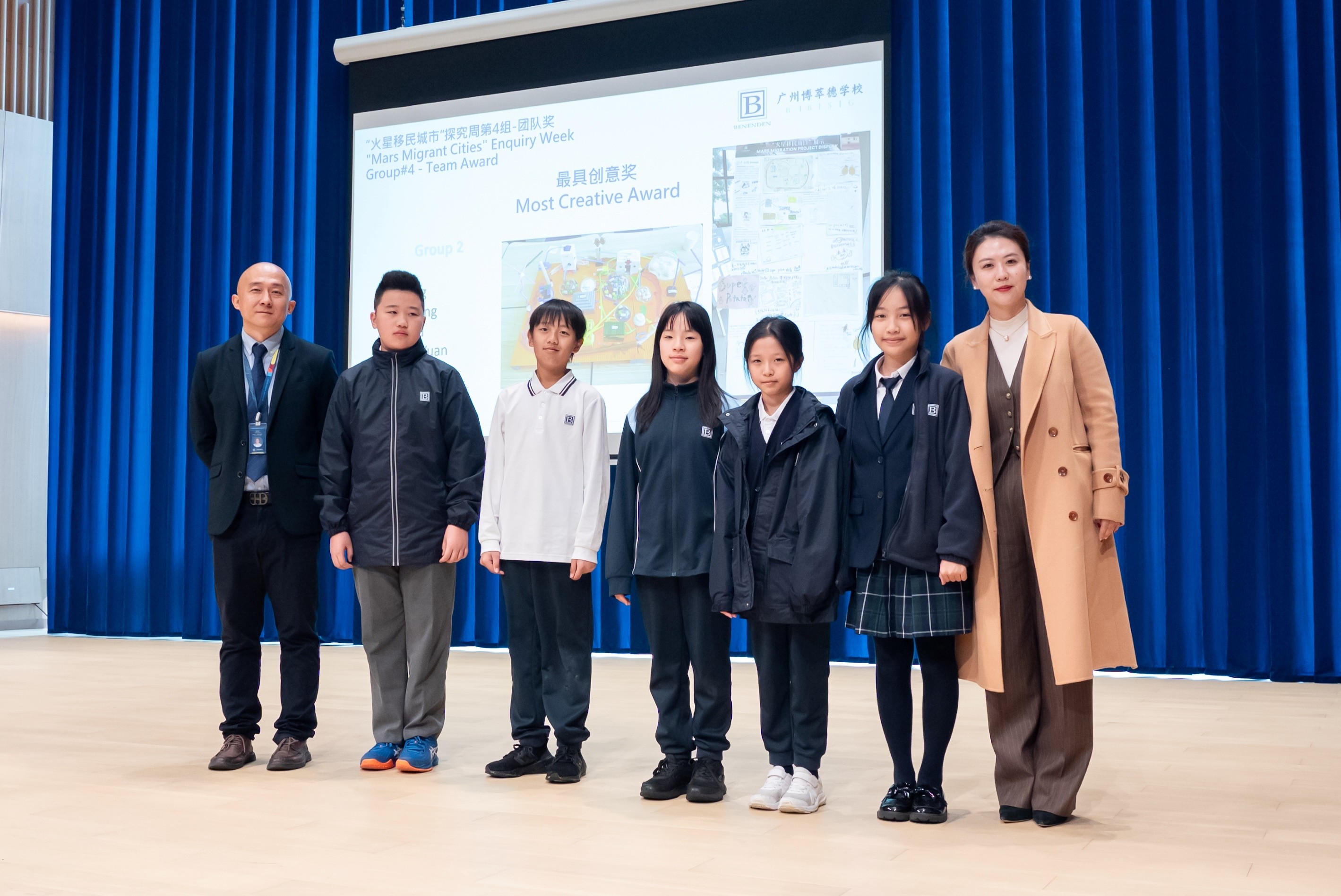
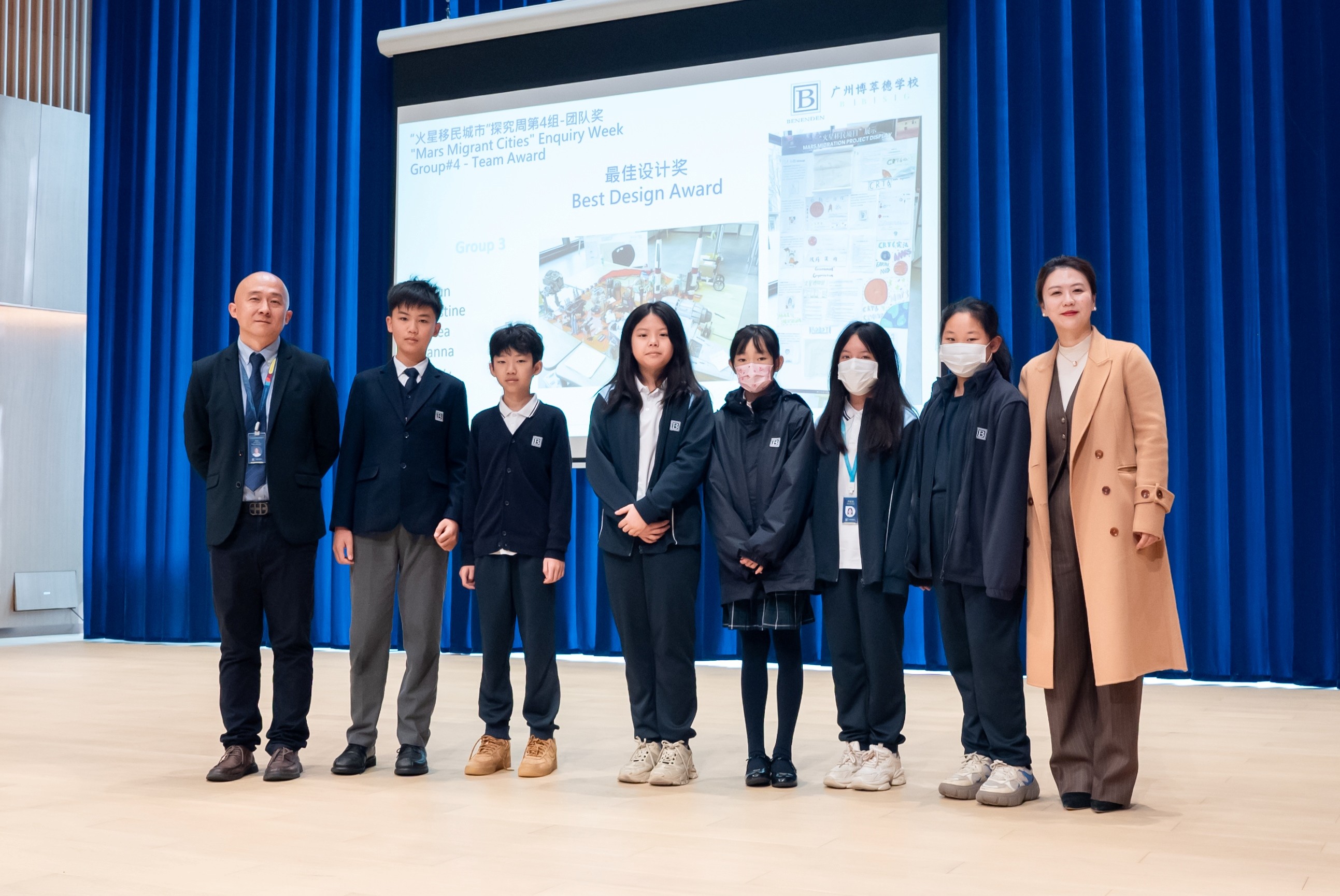
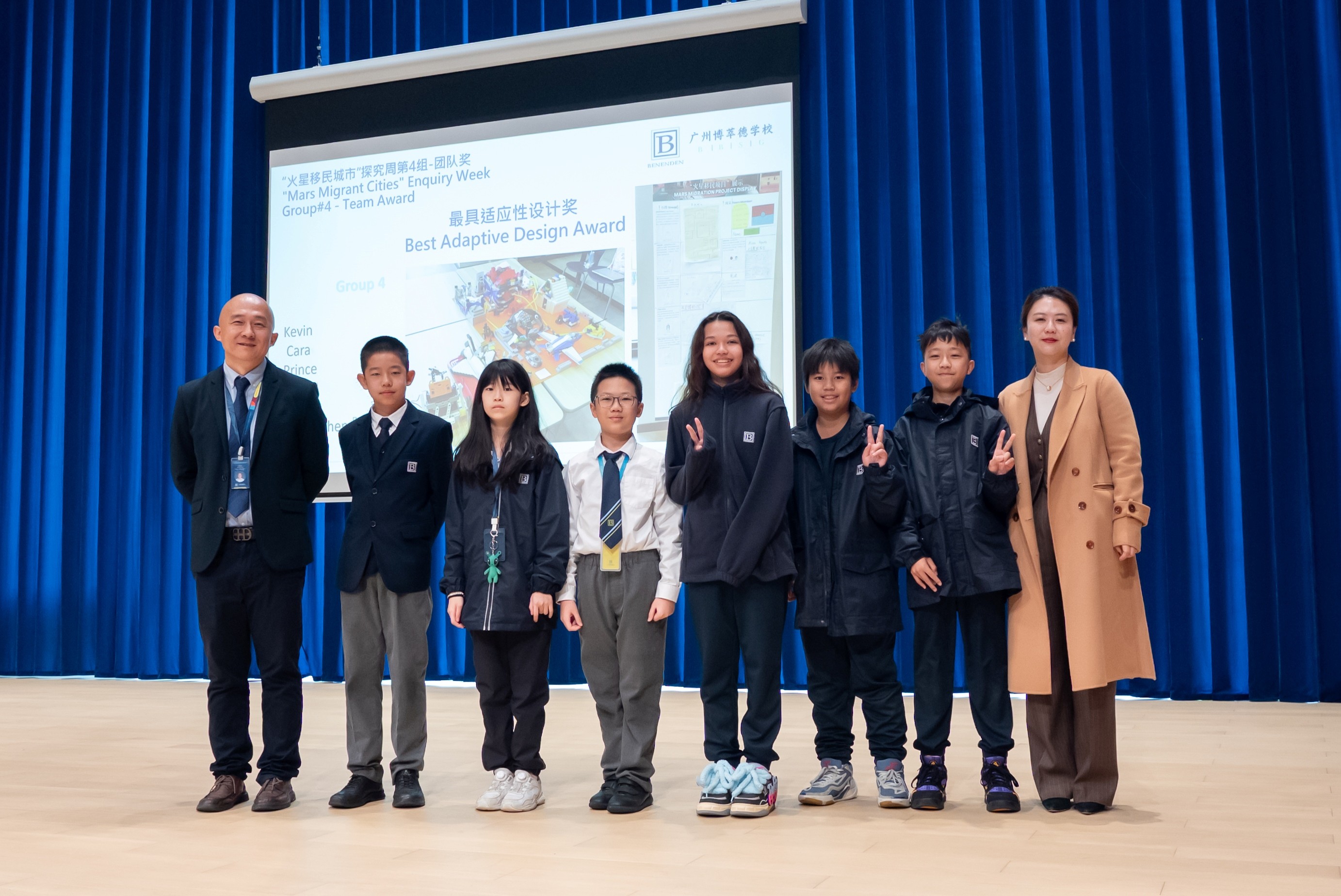
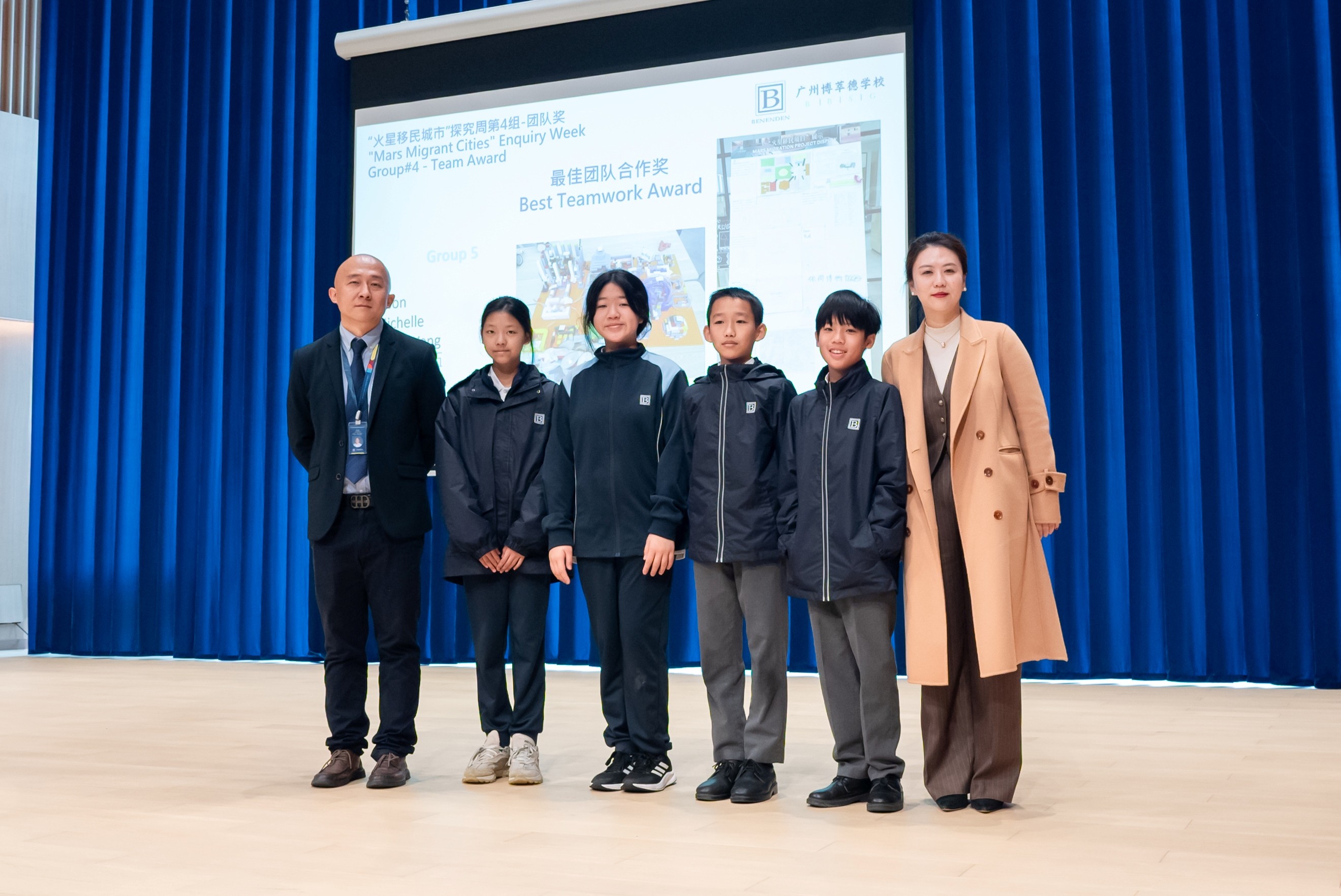
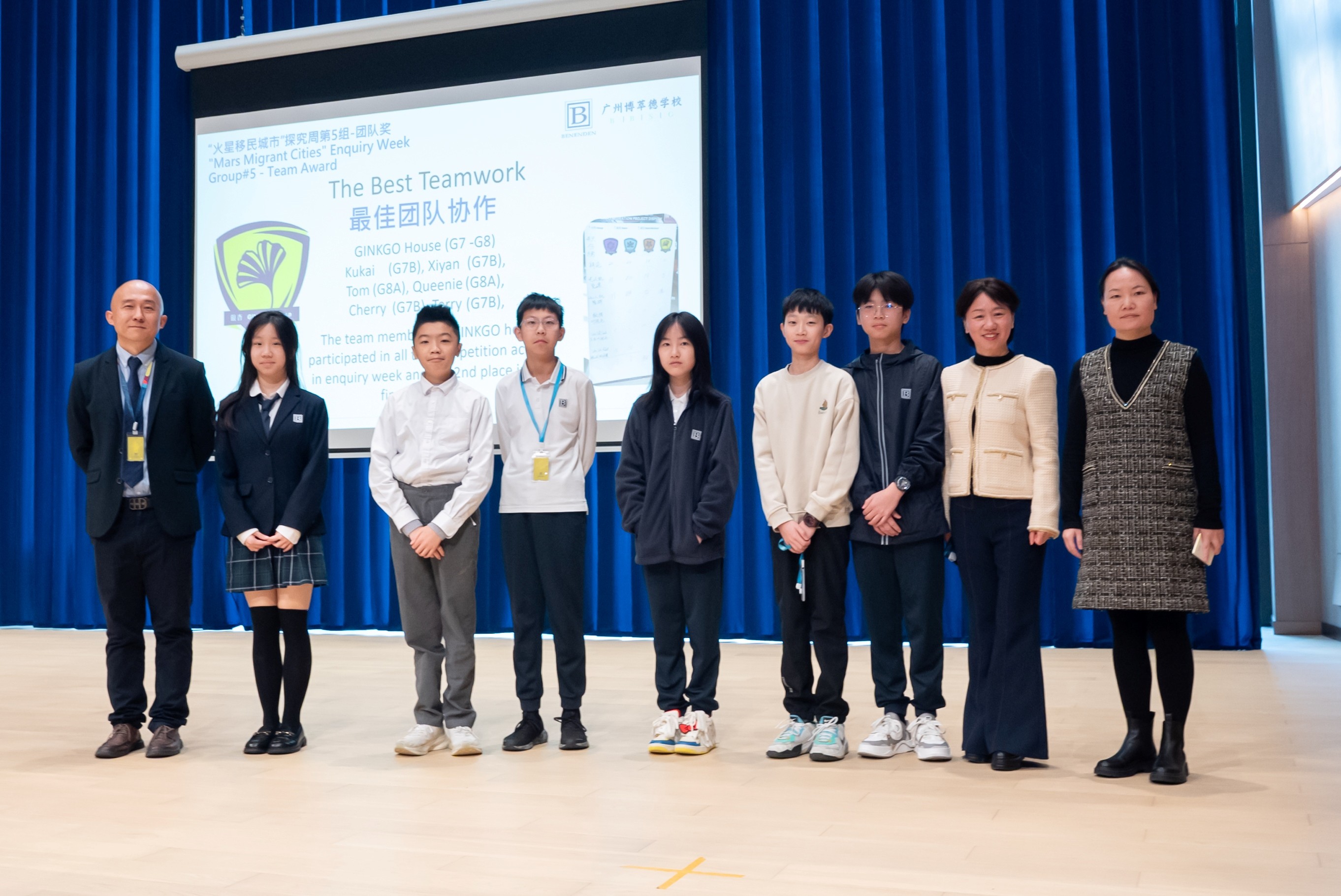
The BBSG Enquiry Week followed the ‘CREATE’ evaluation system of the Enquiry Week at Benenden School, which focuses on improving the collaboration and communication skills of Primary School, and the analytical thinking and problem-solving skills of Junior Secondary School.
In our first Enquiry Week, the teachers designed project-based learning programmes, in consideration of the cognitive levels of students of different age groups, to enhance their comprehensive literacy. The goal is to gradually transition from a teacher-led classroom to a classroom full of students' independent inquiry and learning supported by teachers, truly integrating cross-disciplinary knowledge and stimulating the passion in learning.
What will be the theme of the next Enquiry Week this April? What will the students achieve? Stay tuned!

